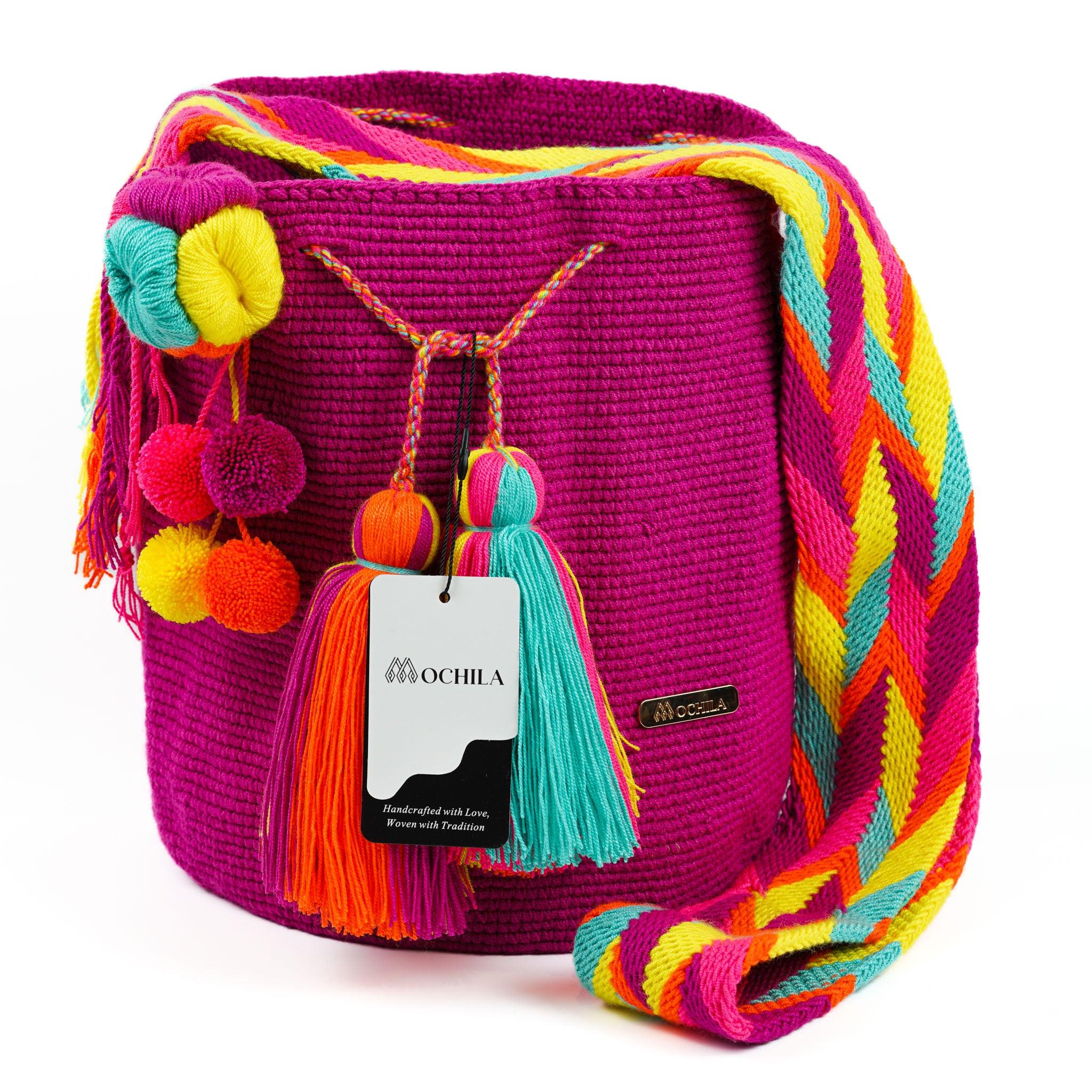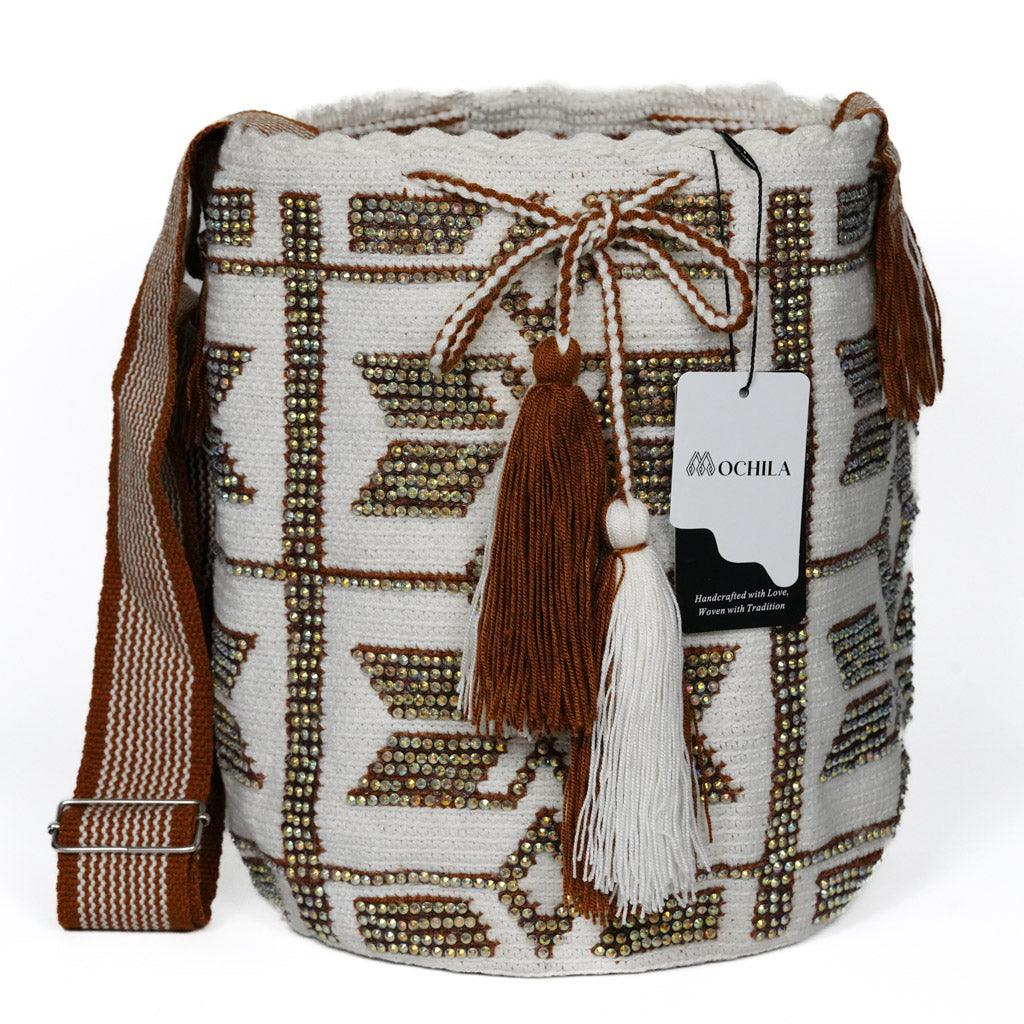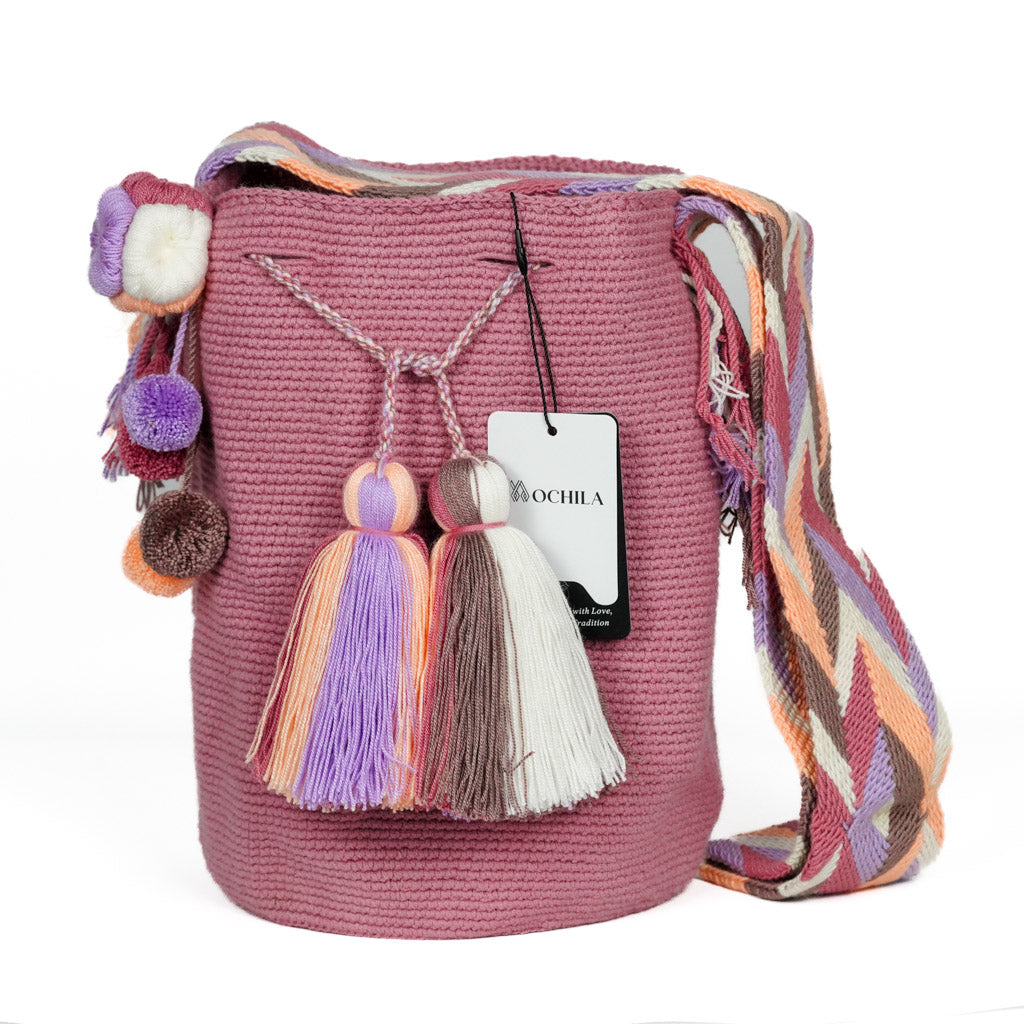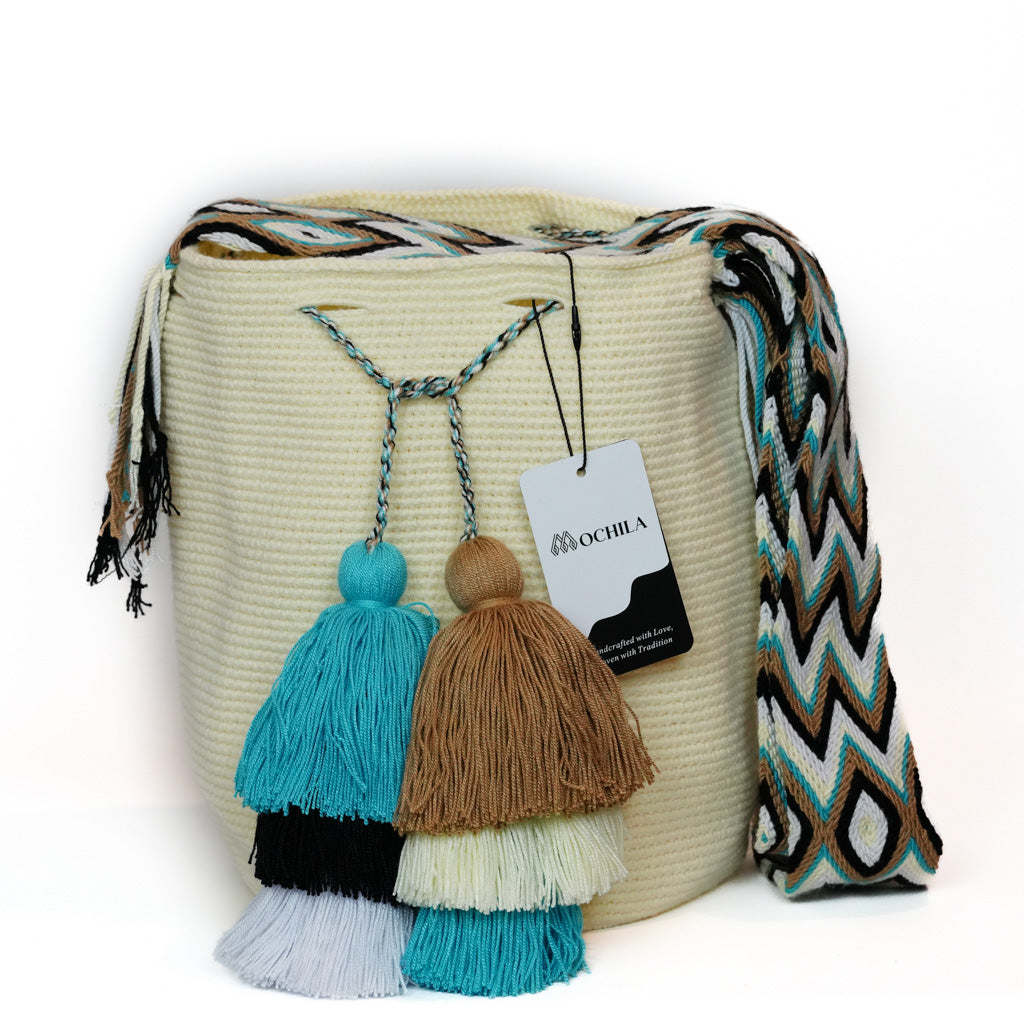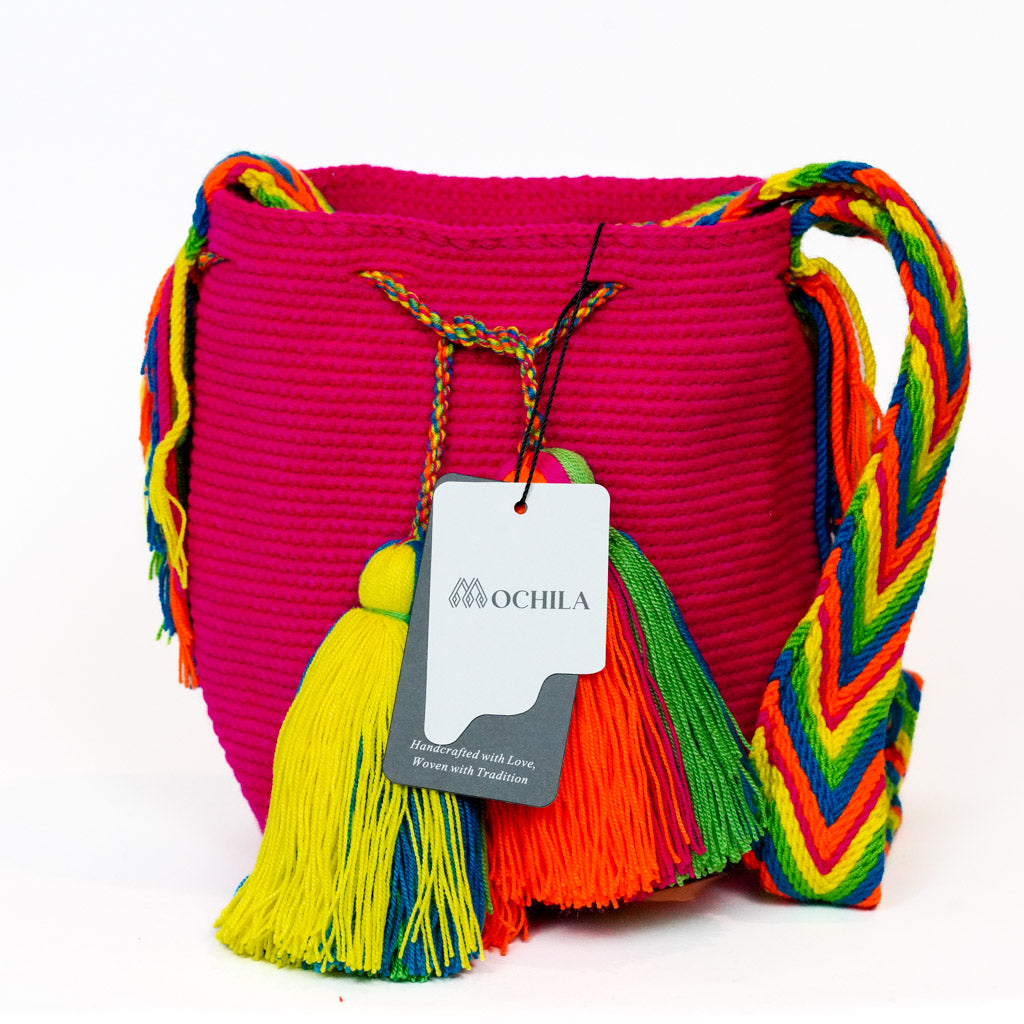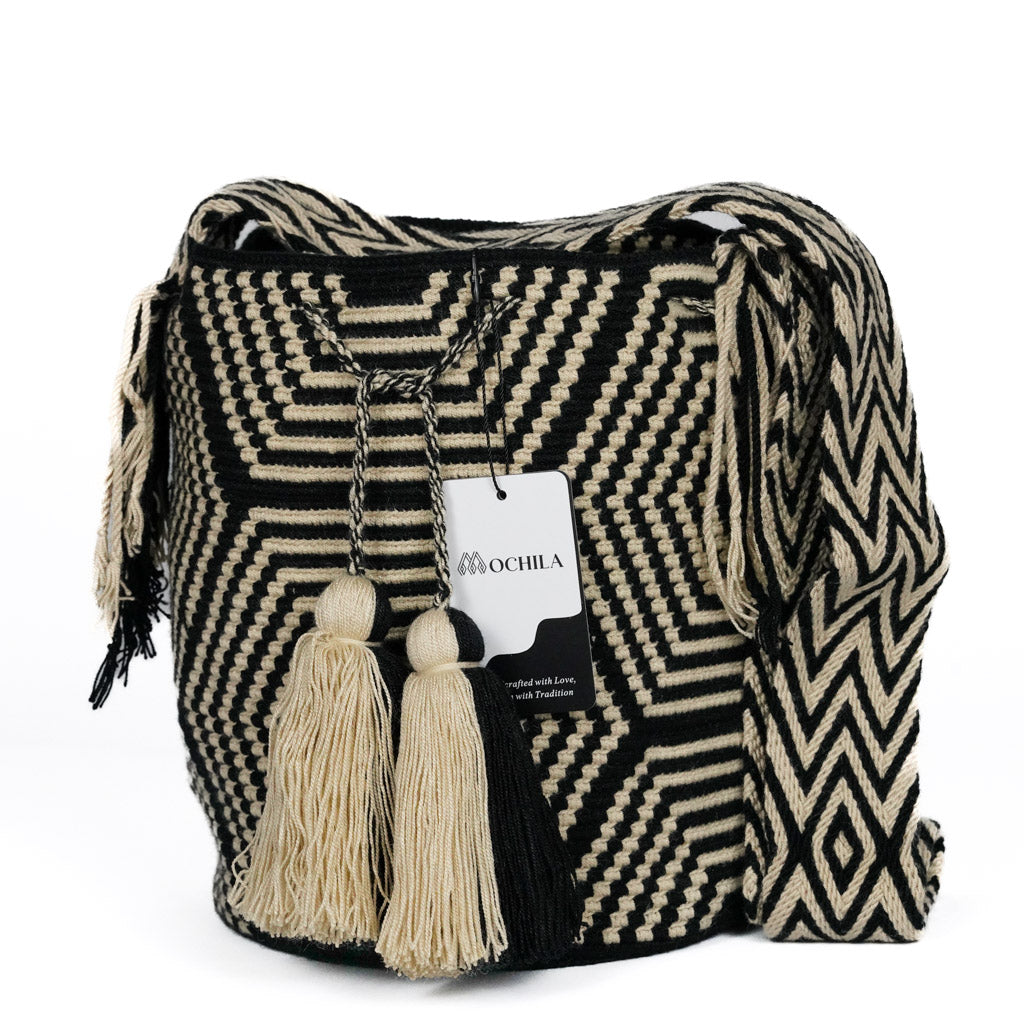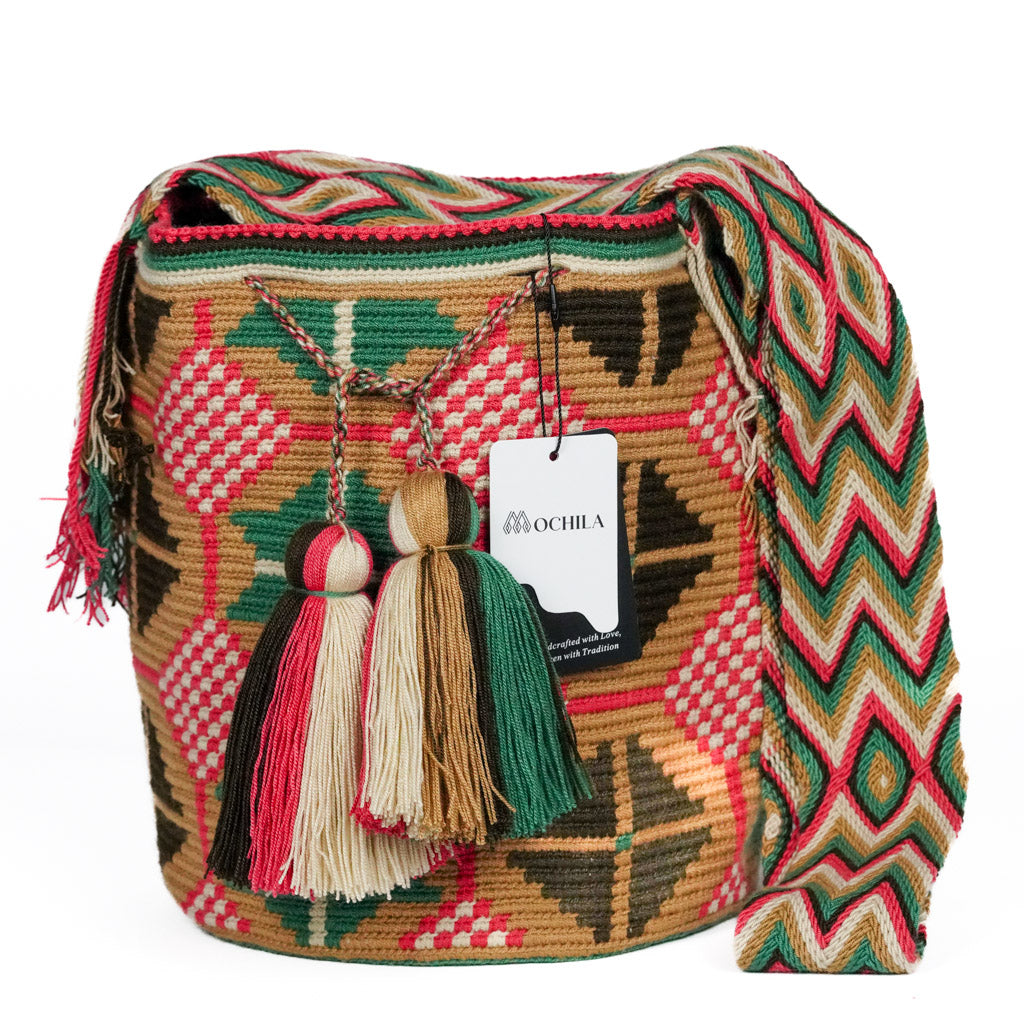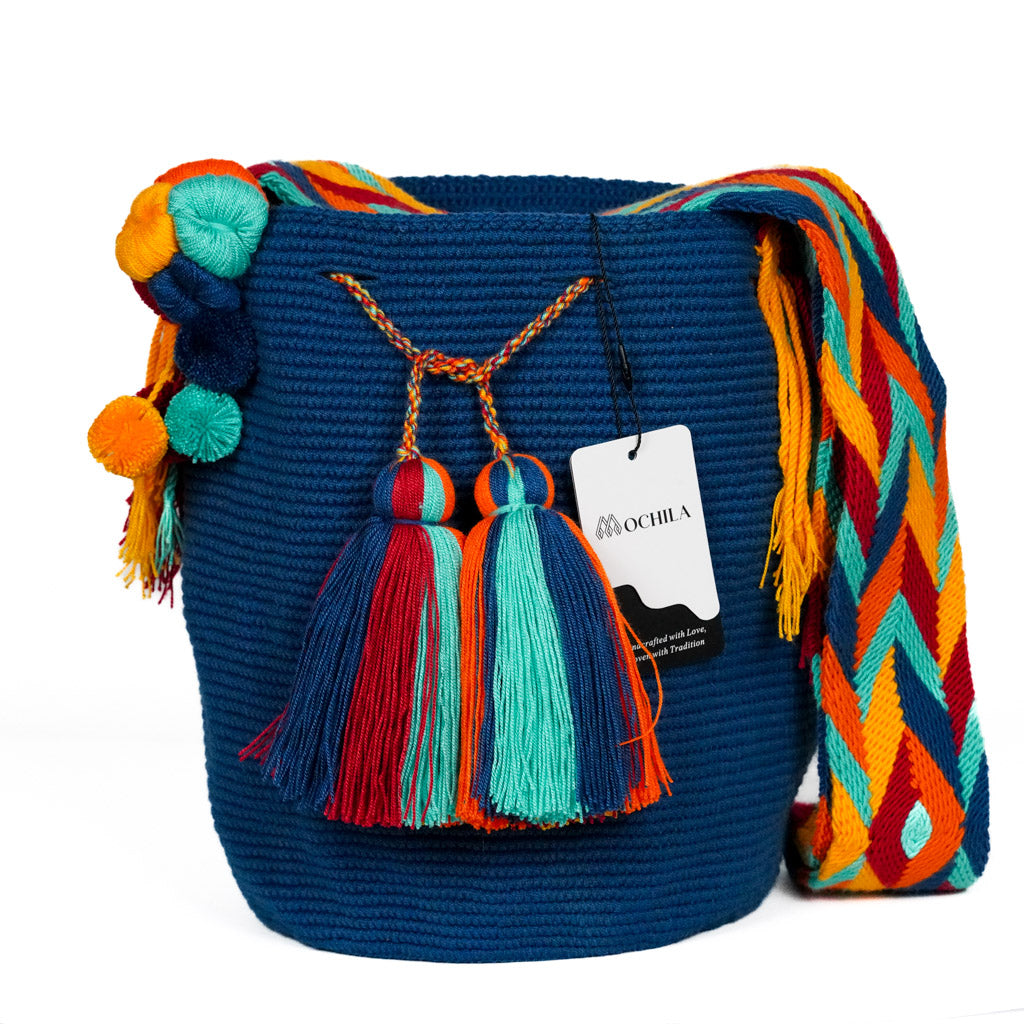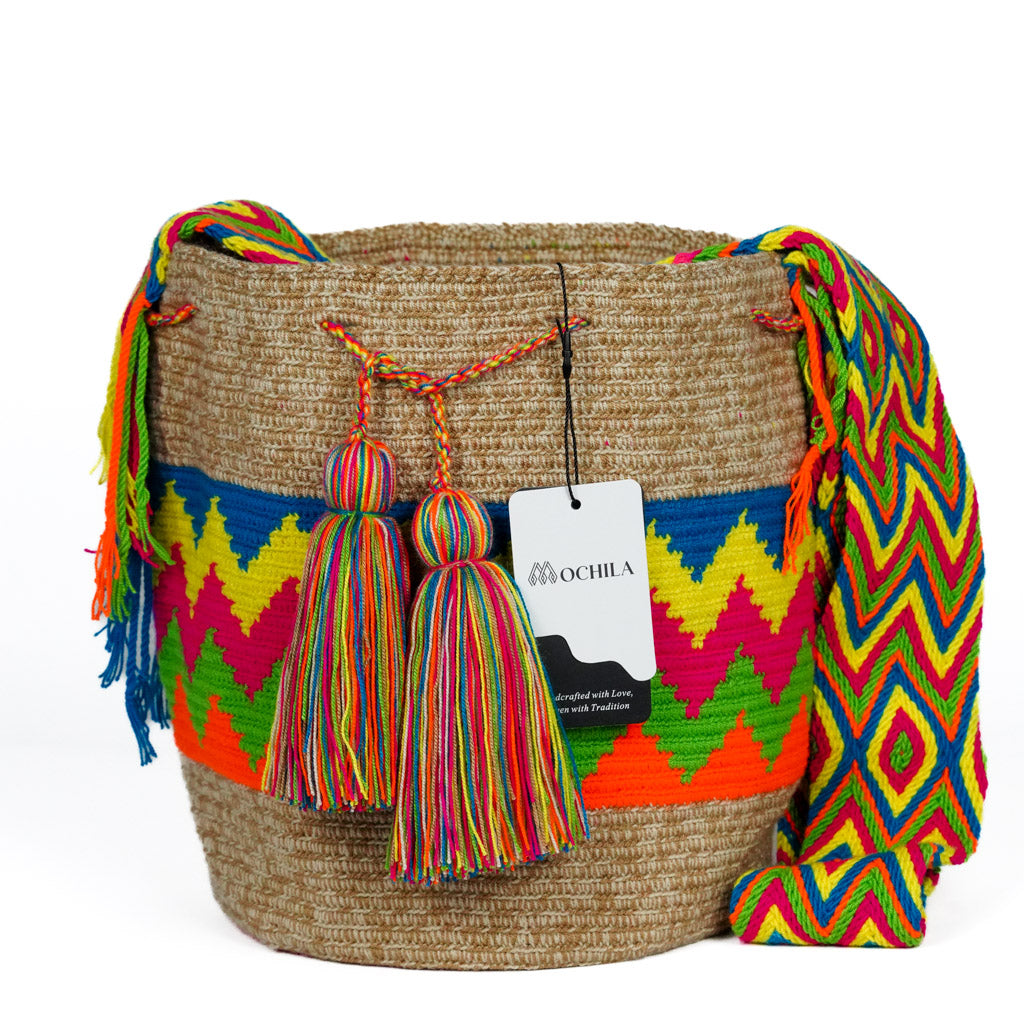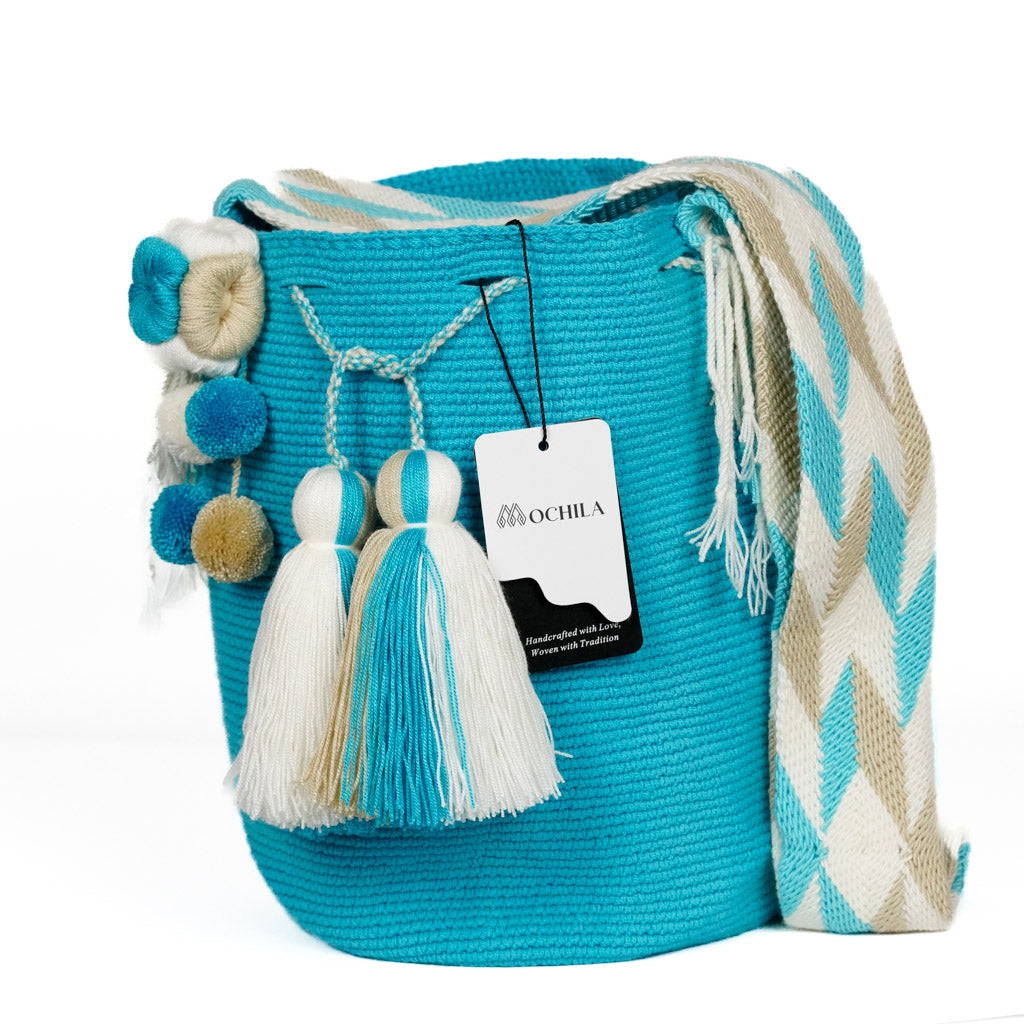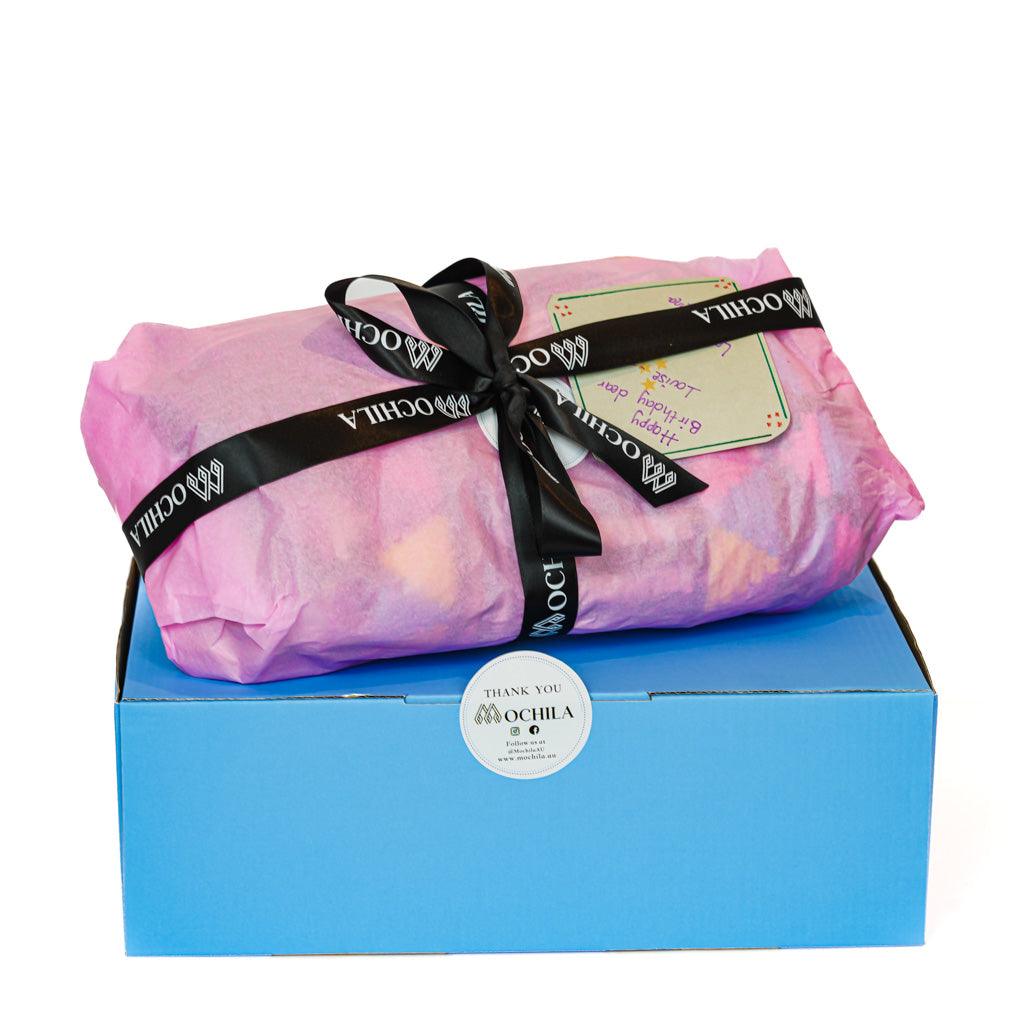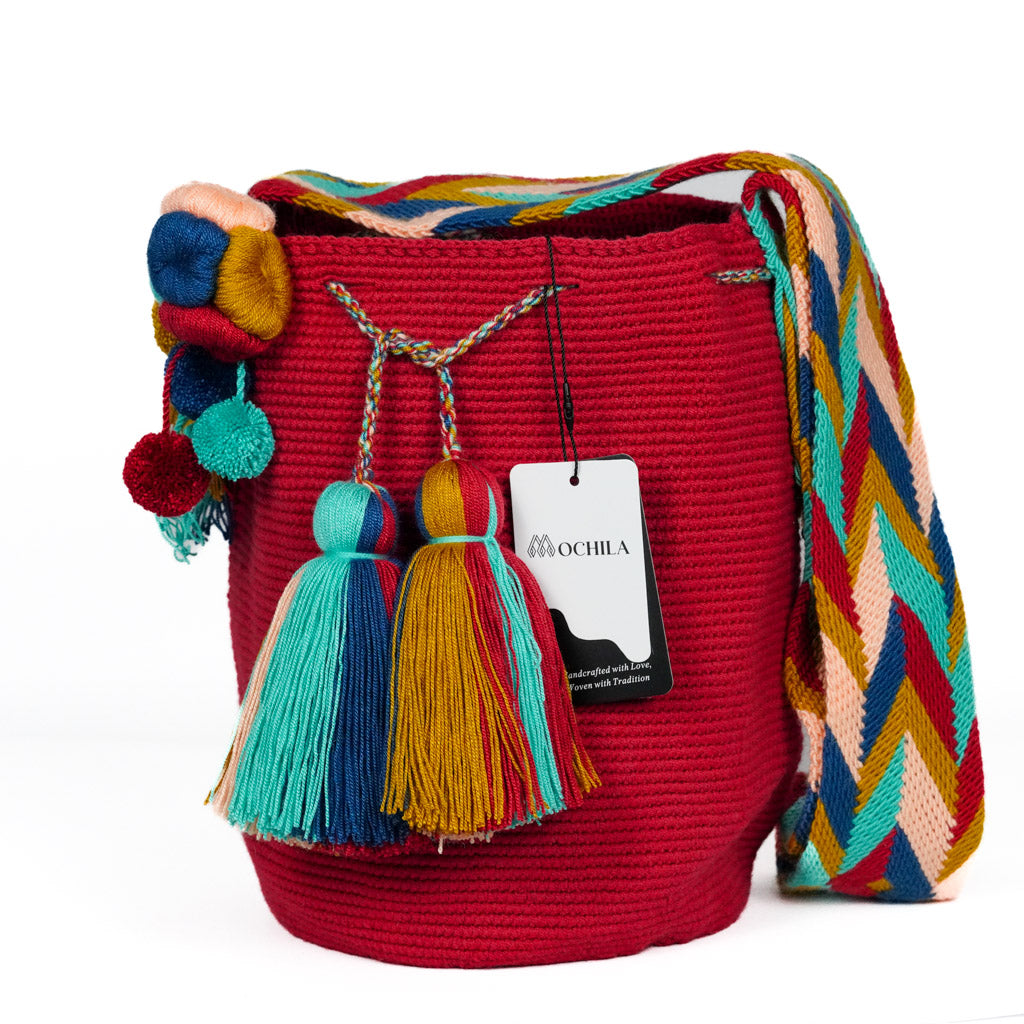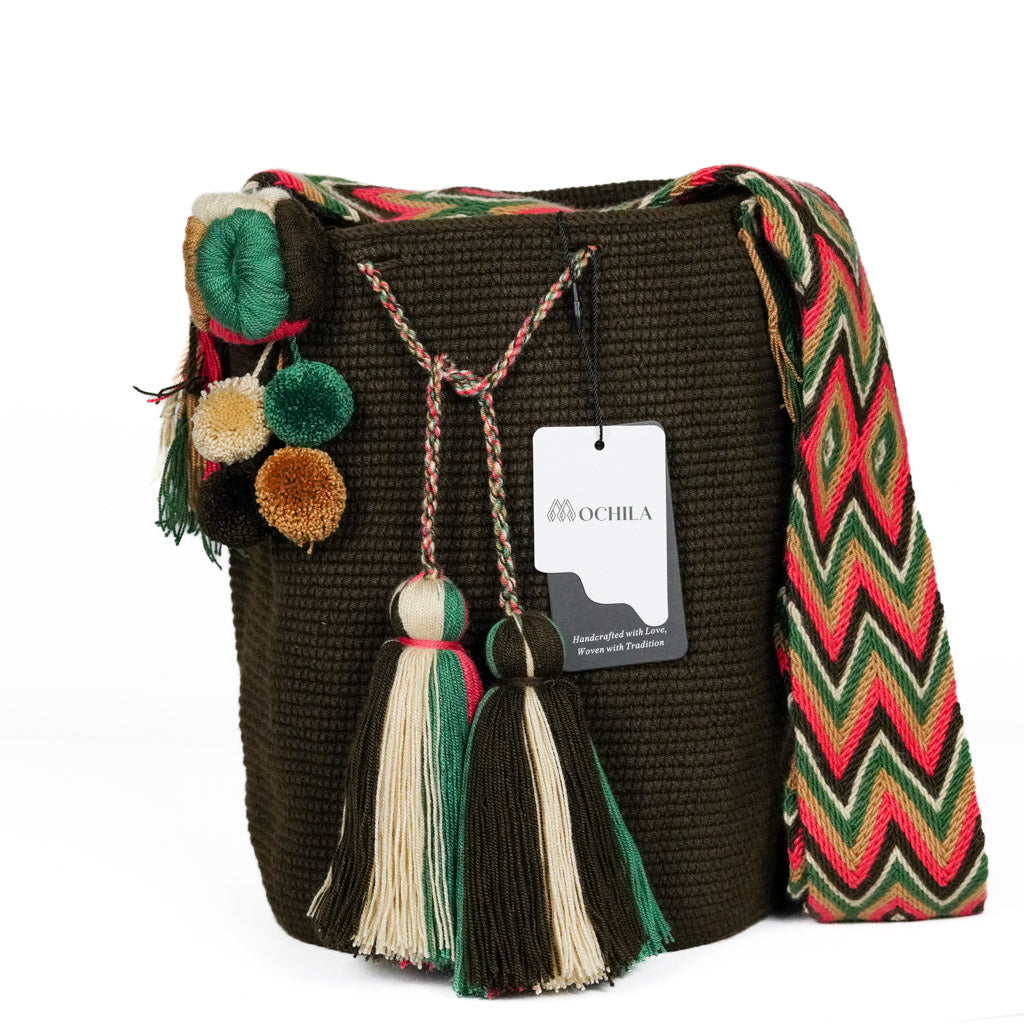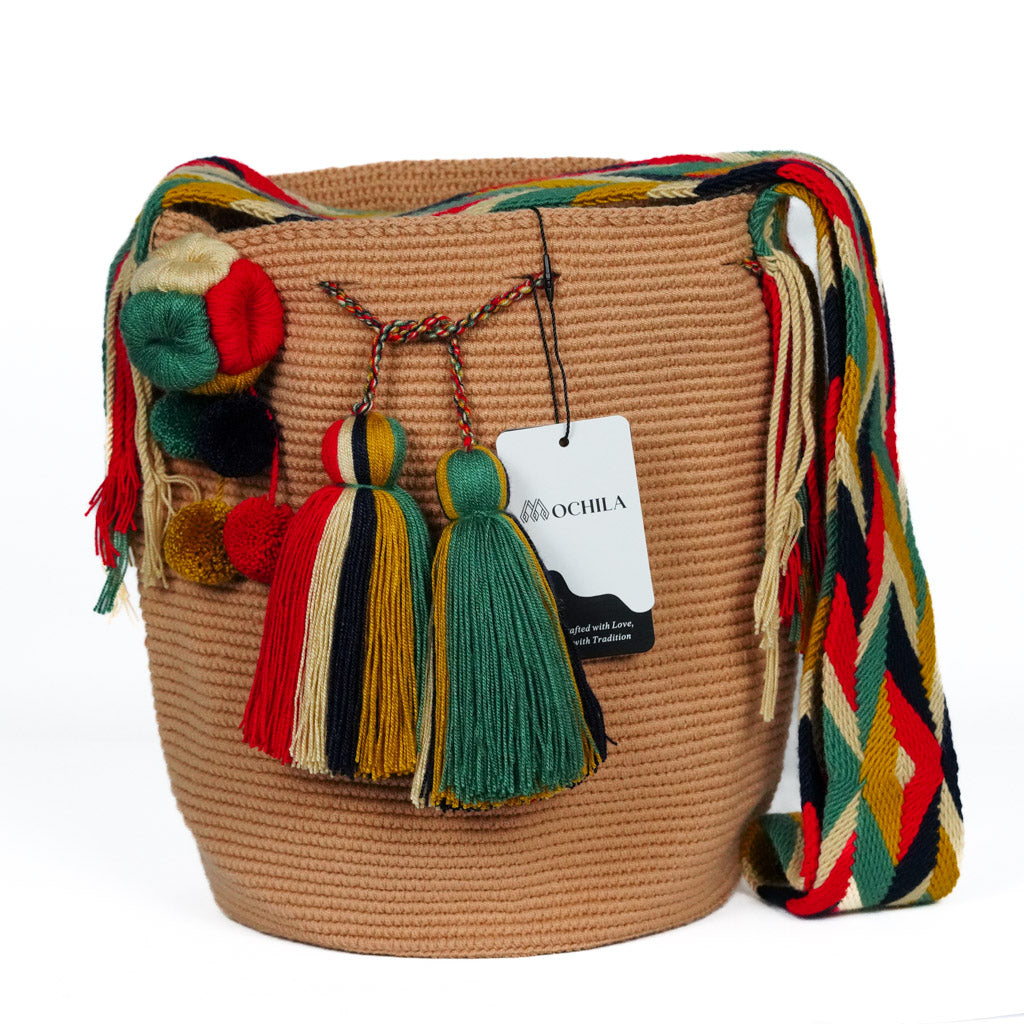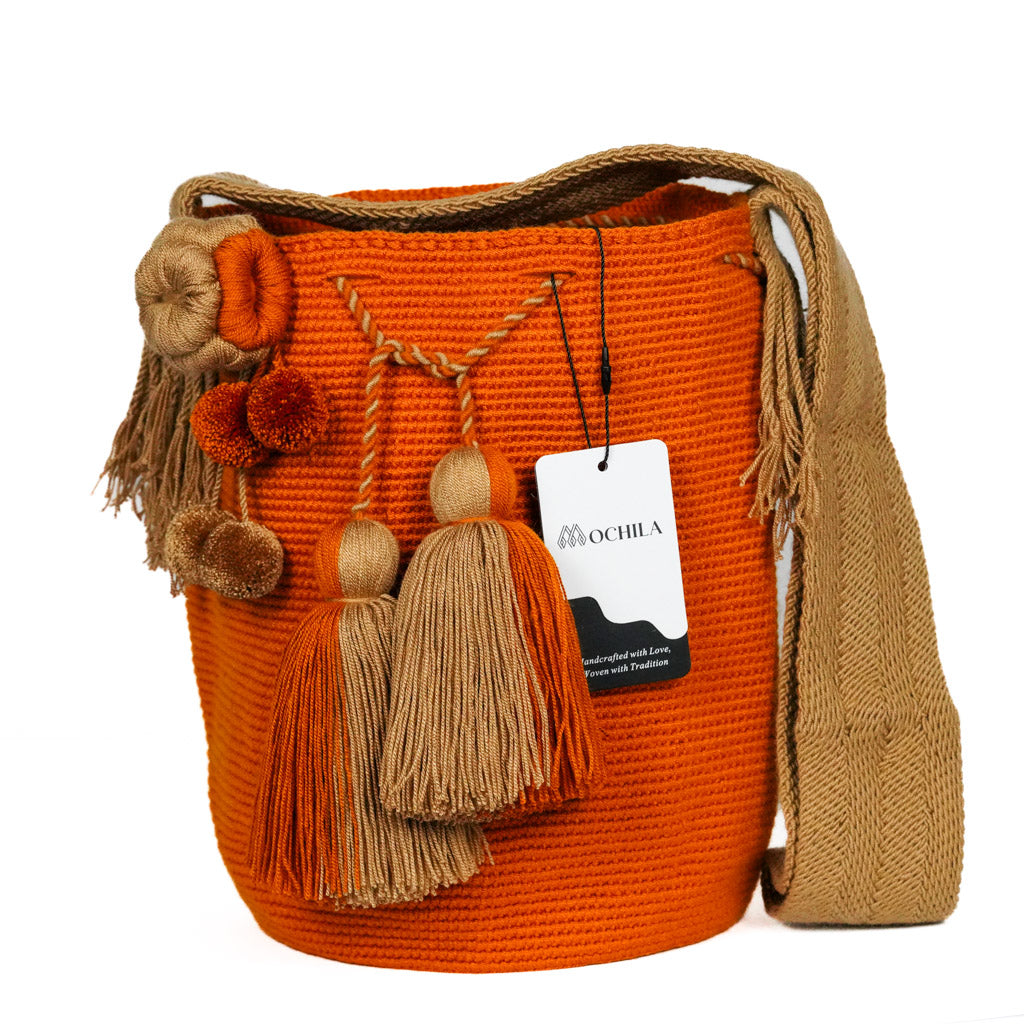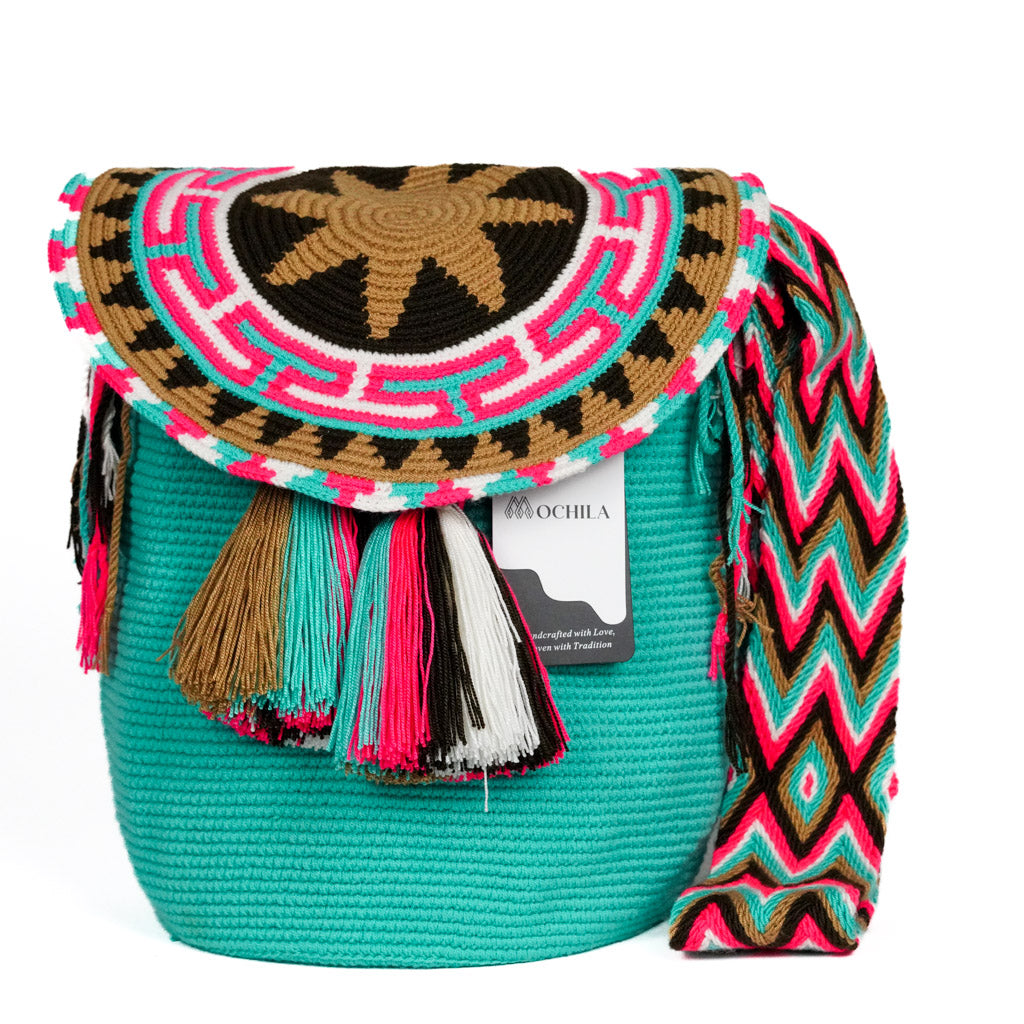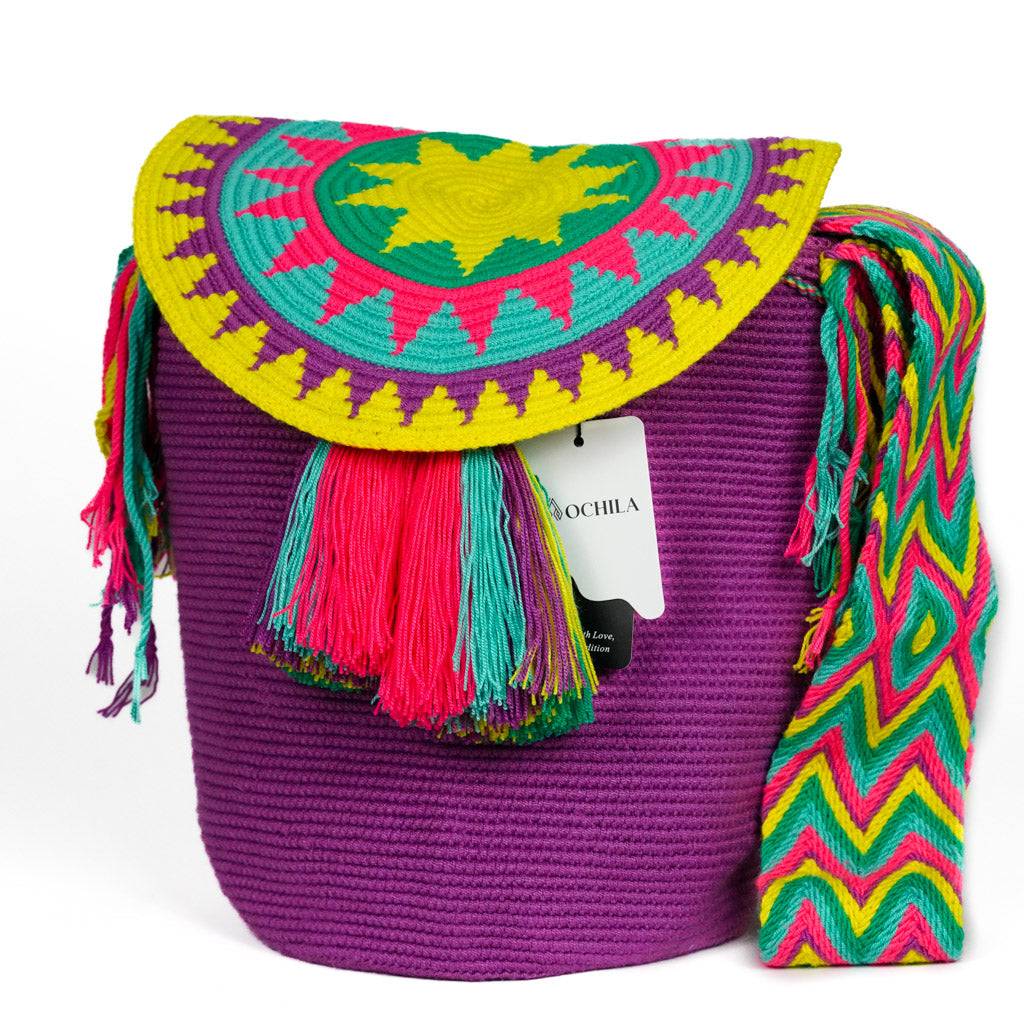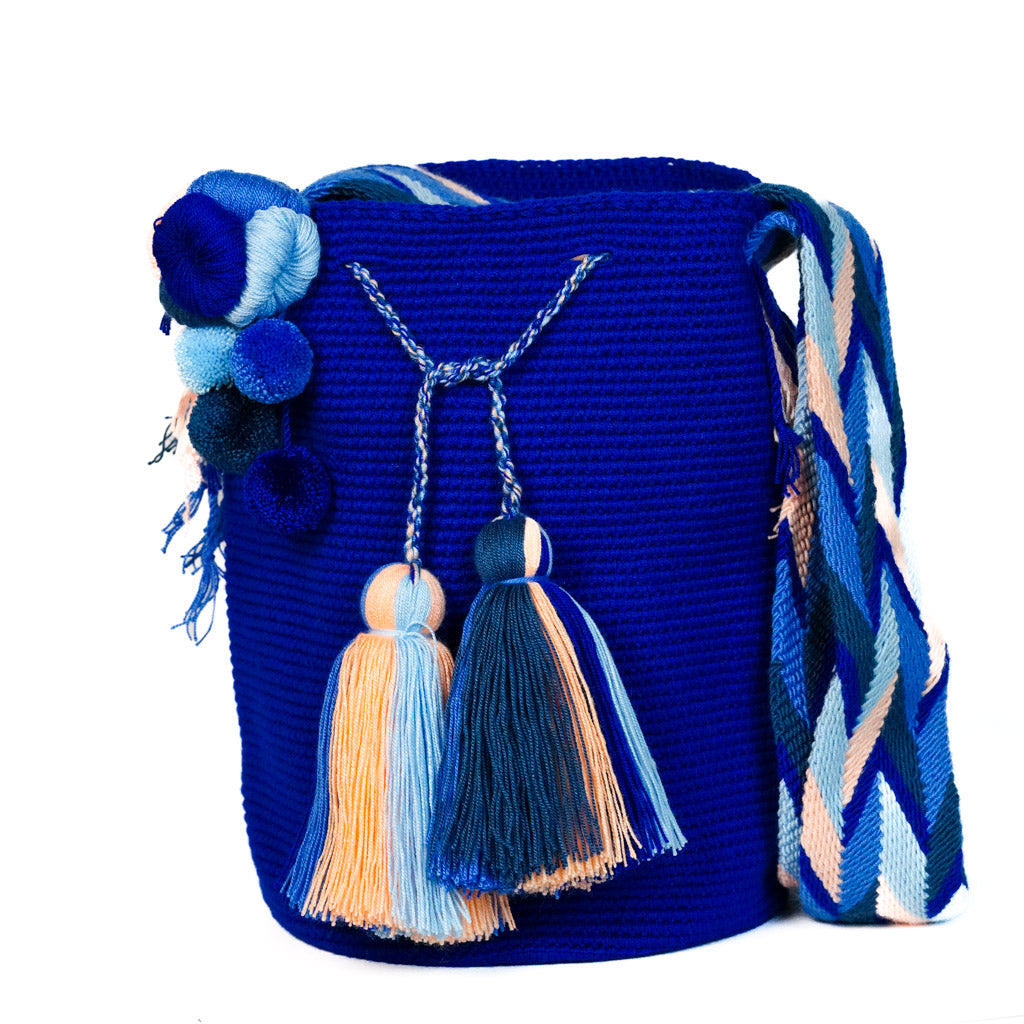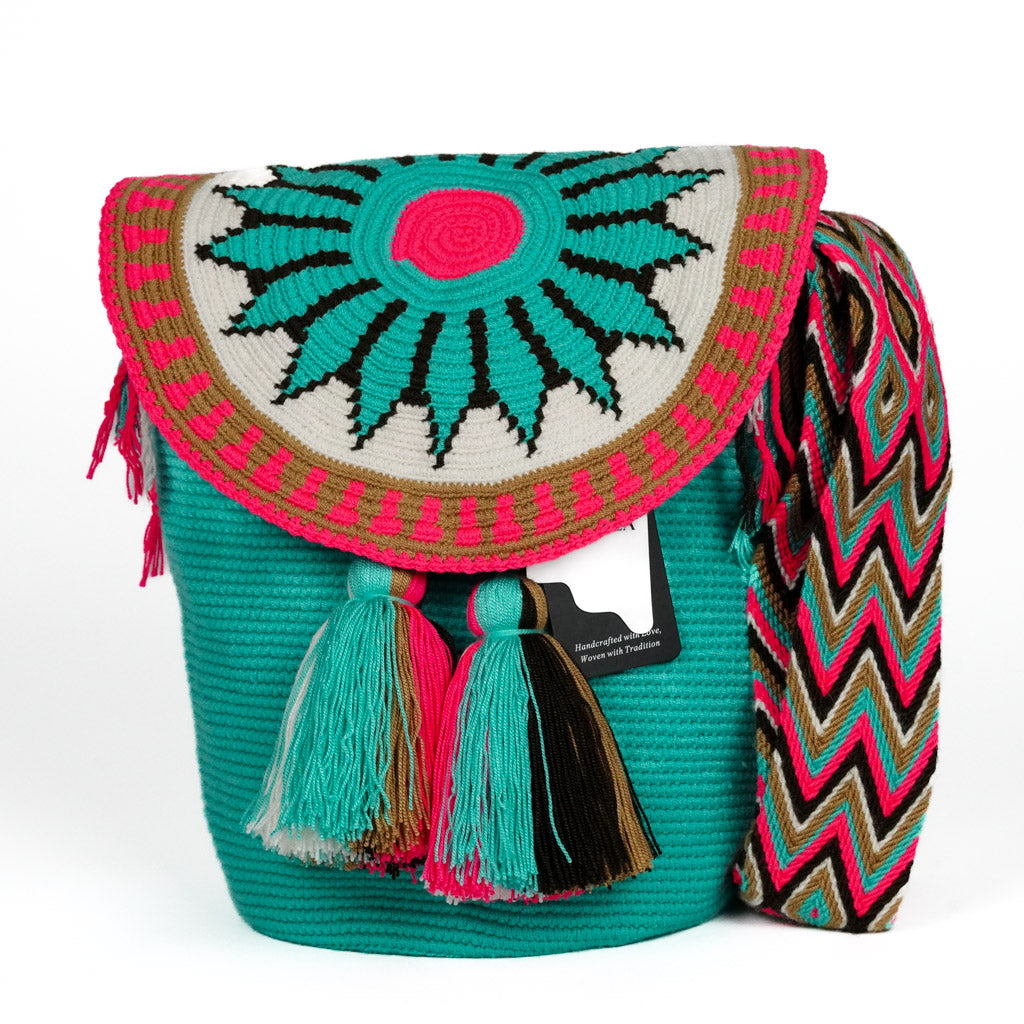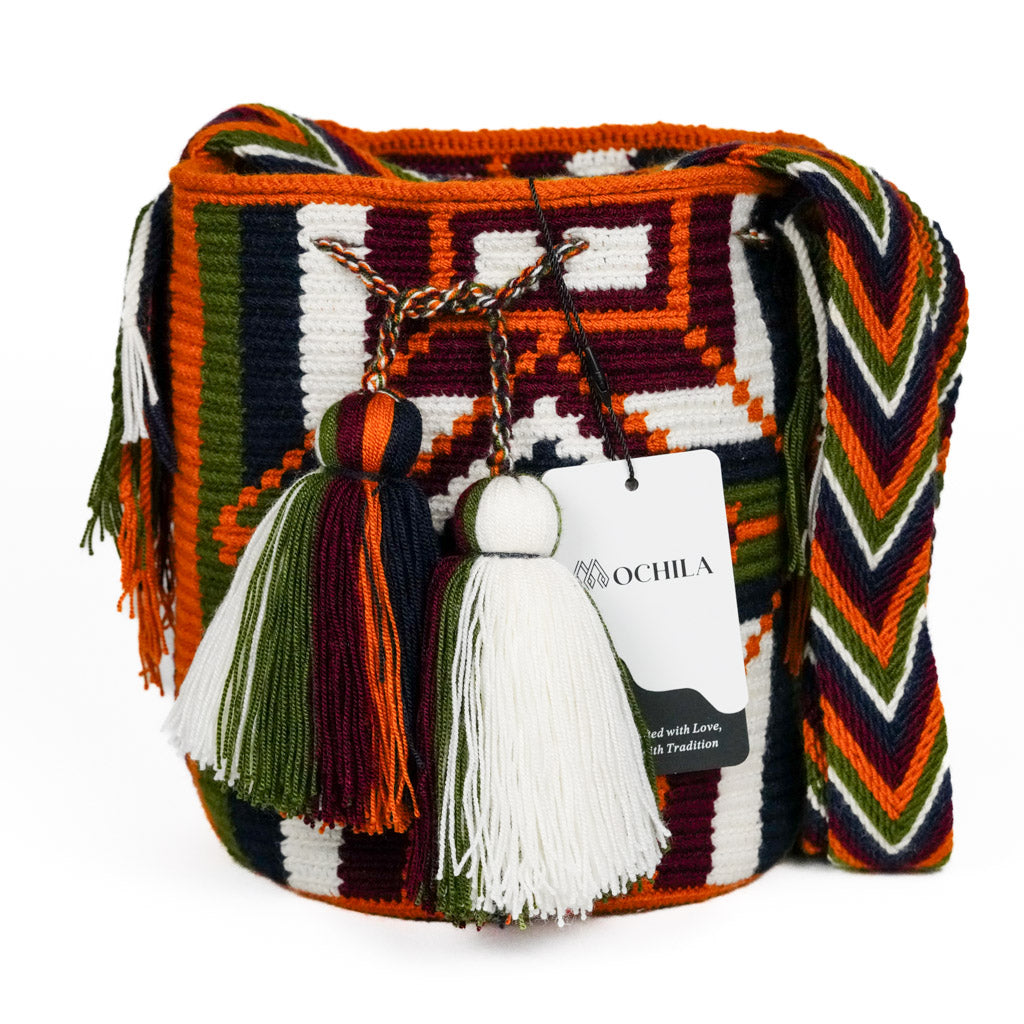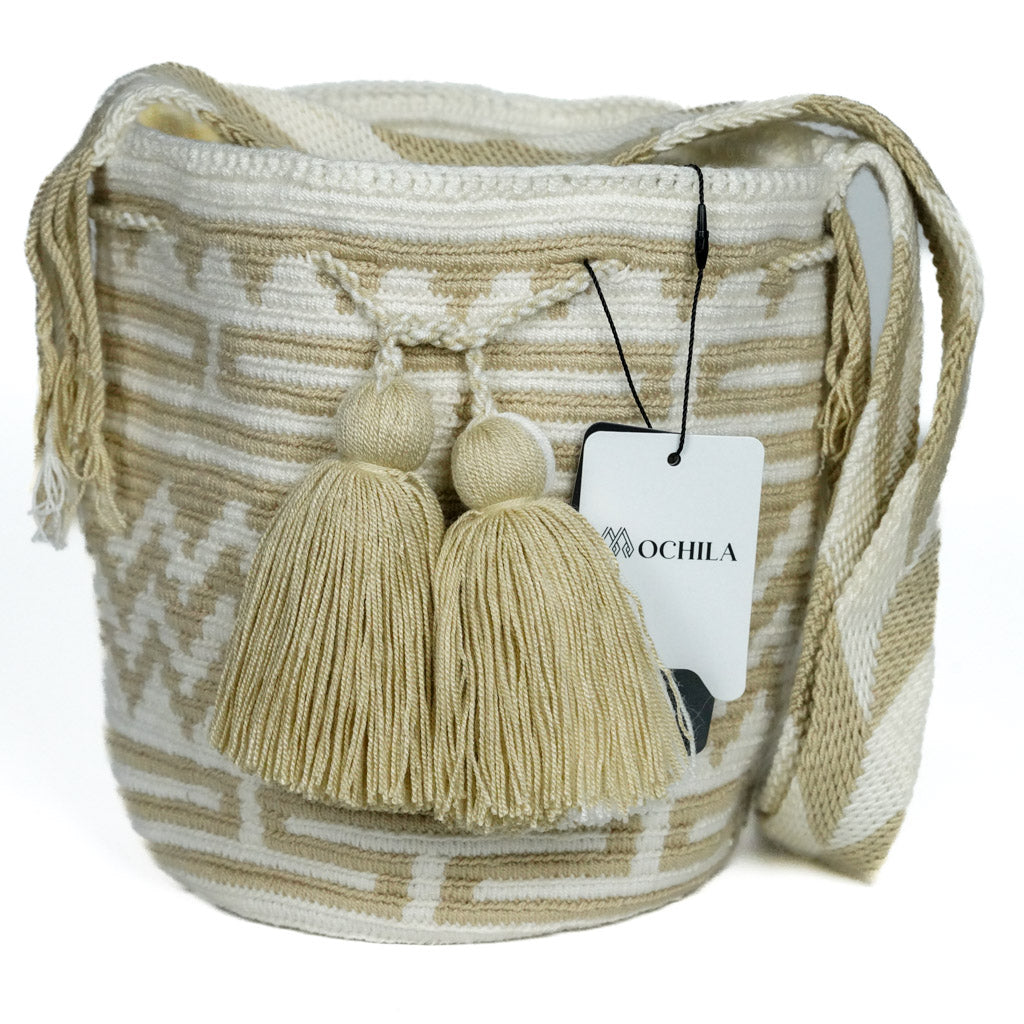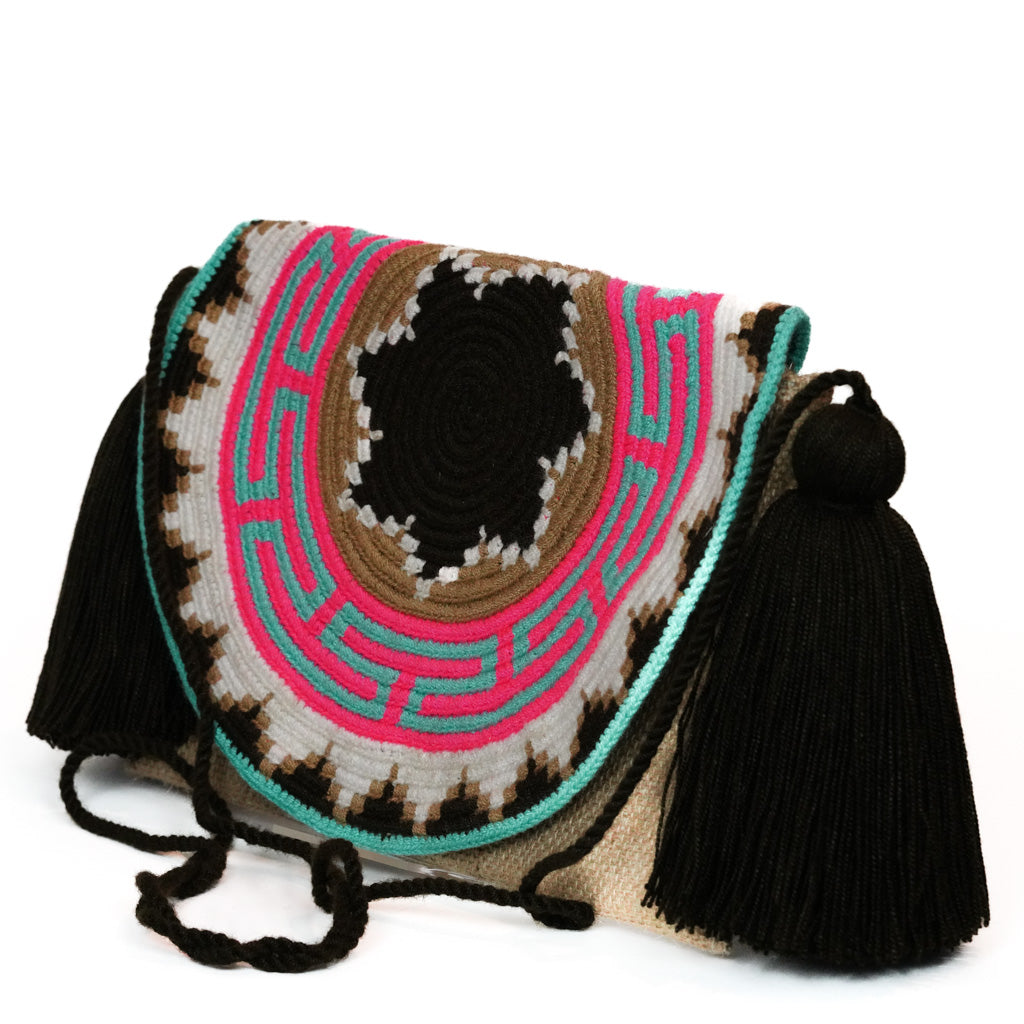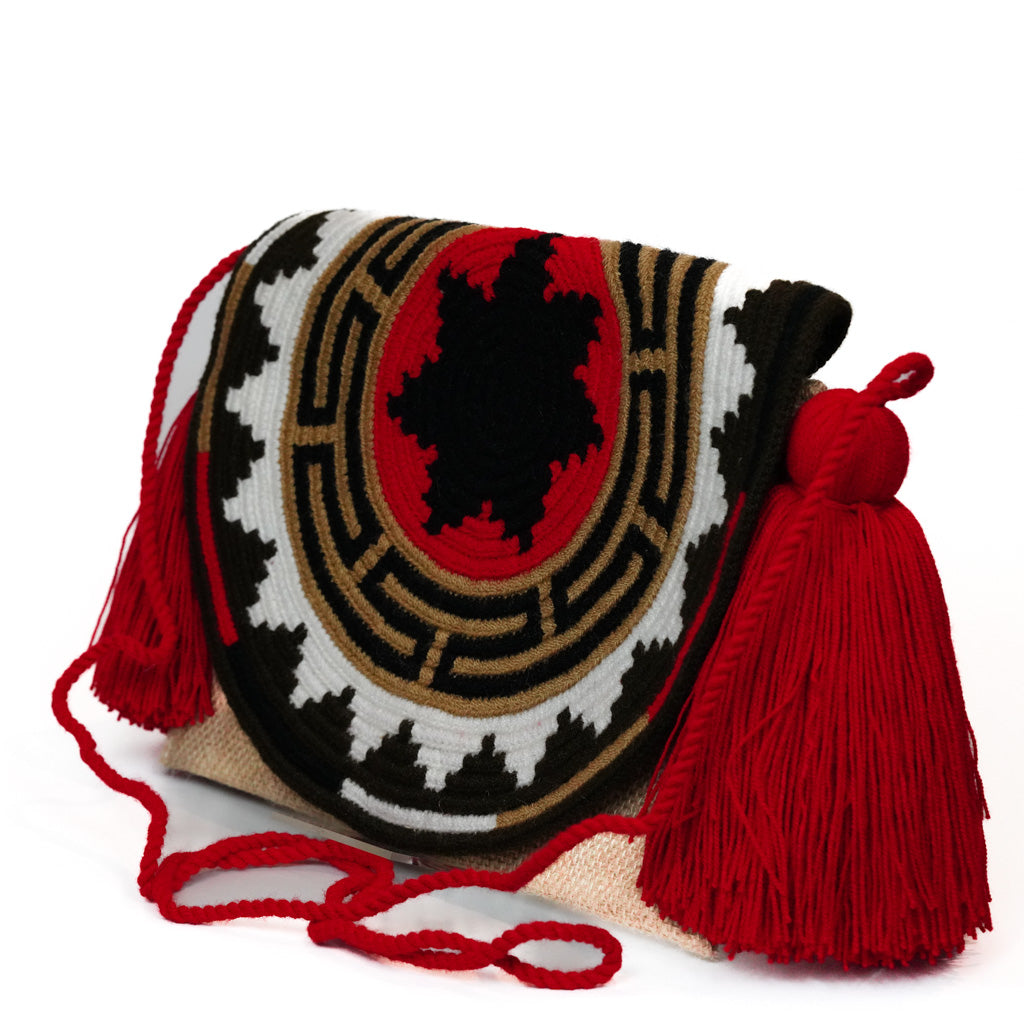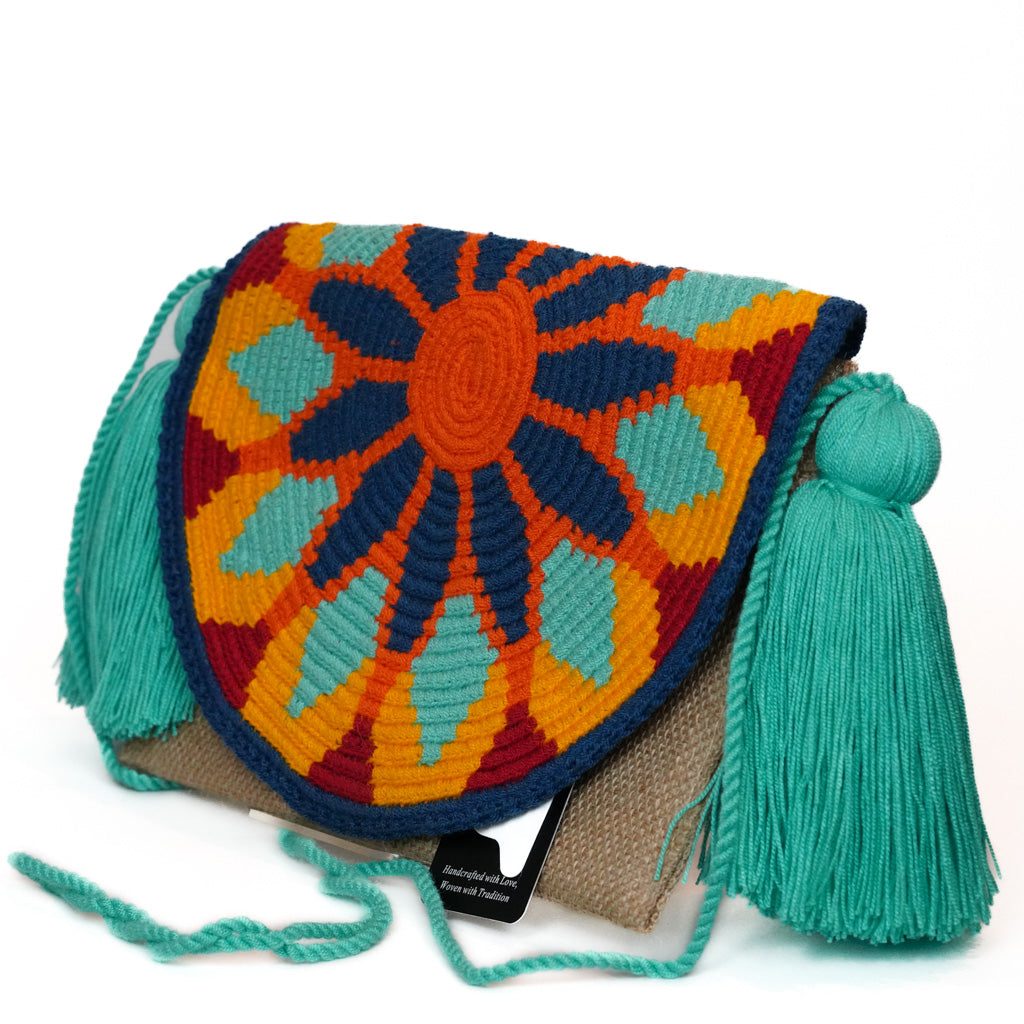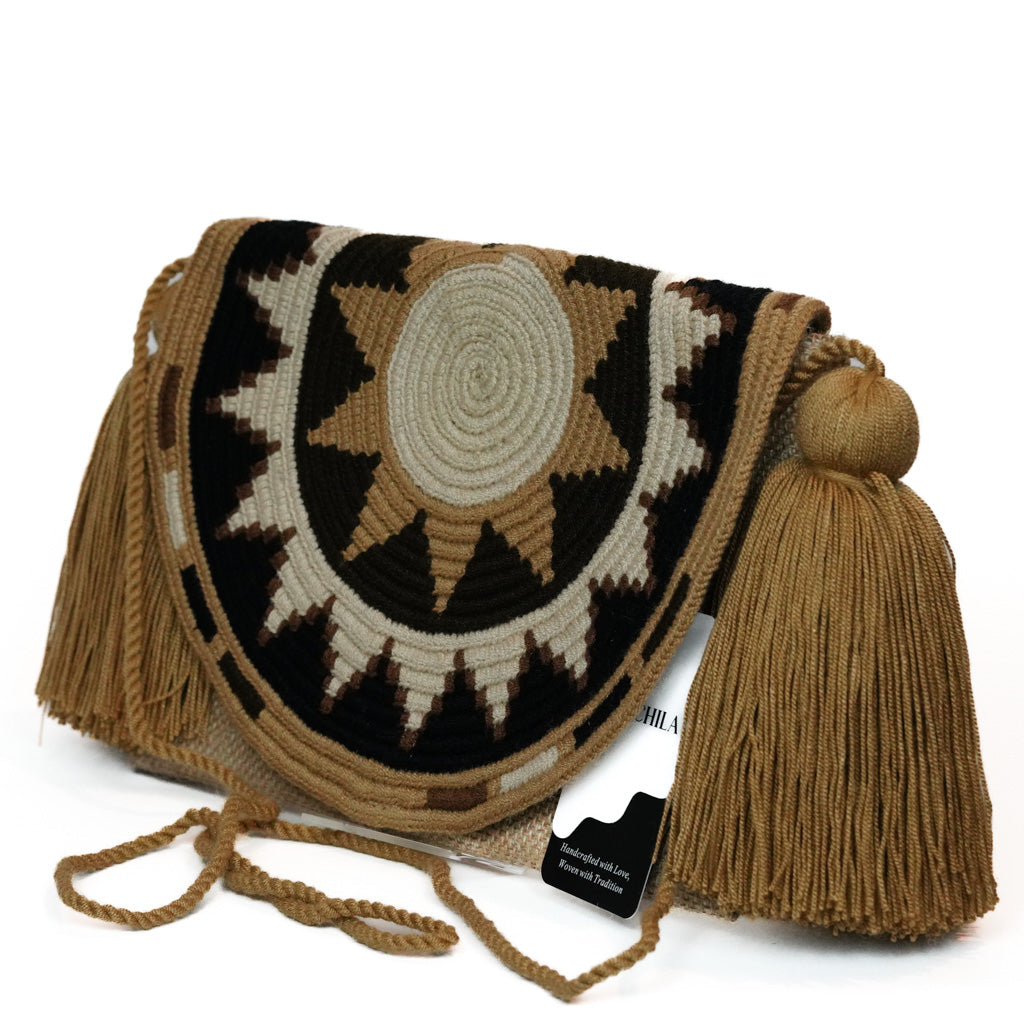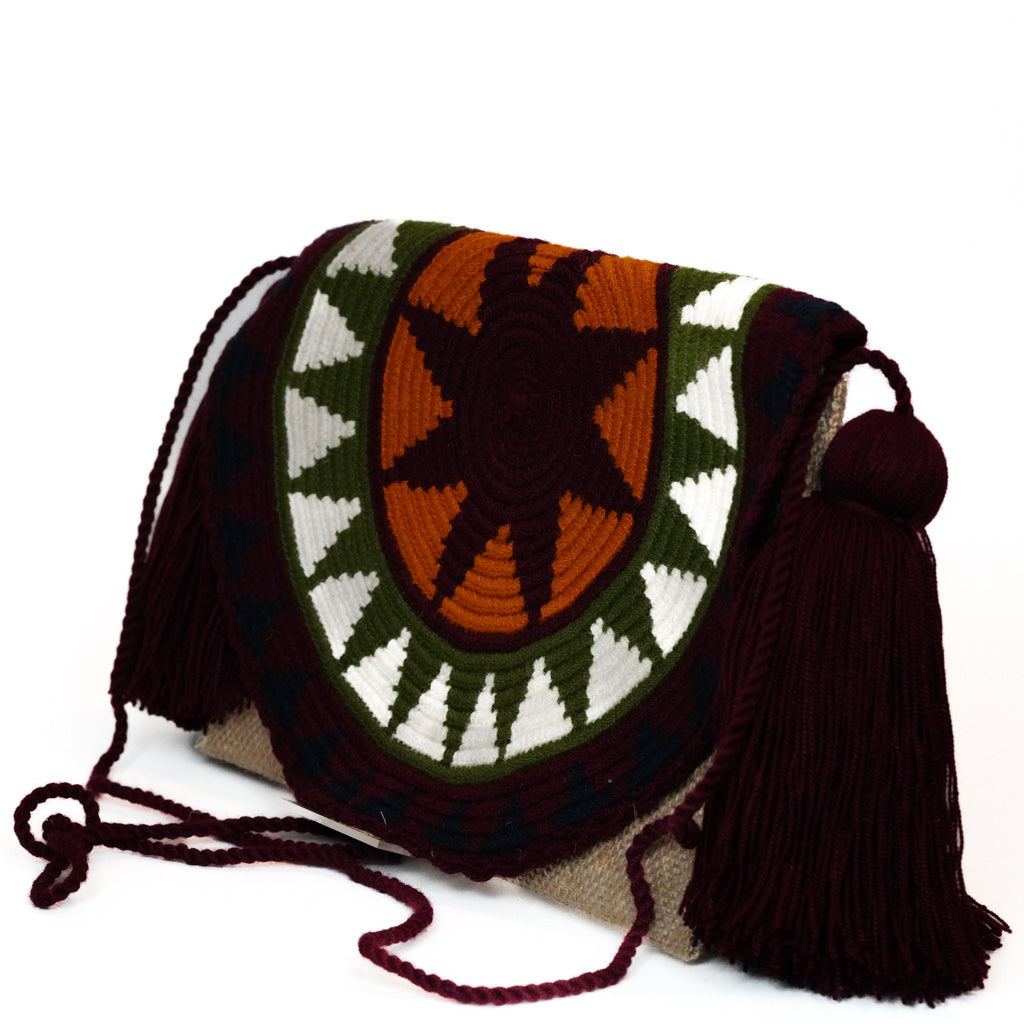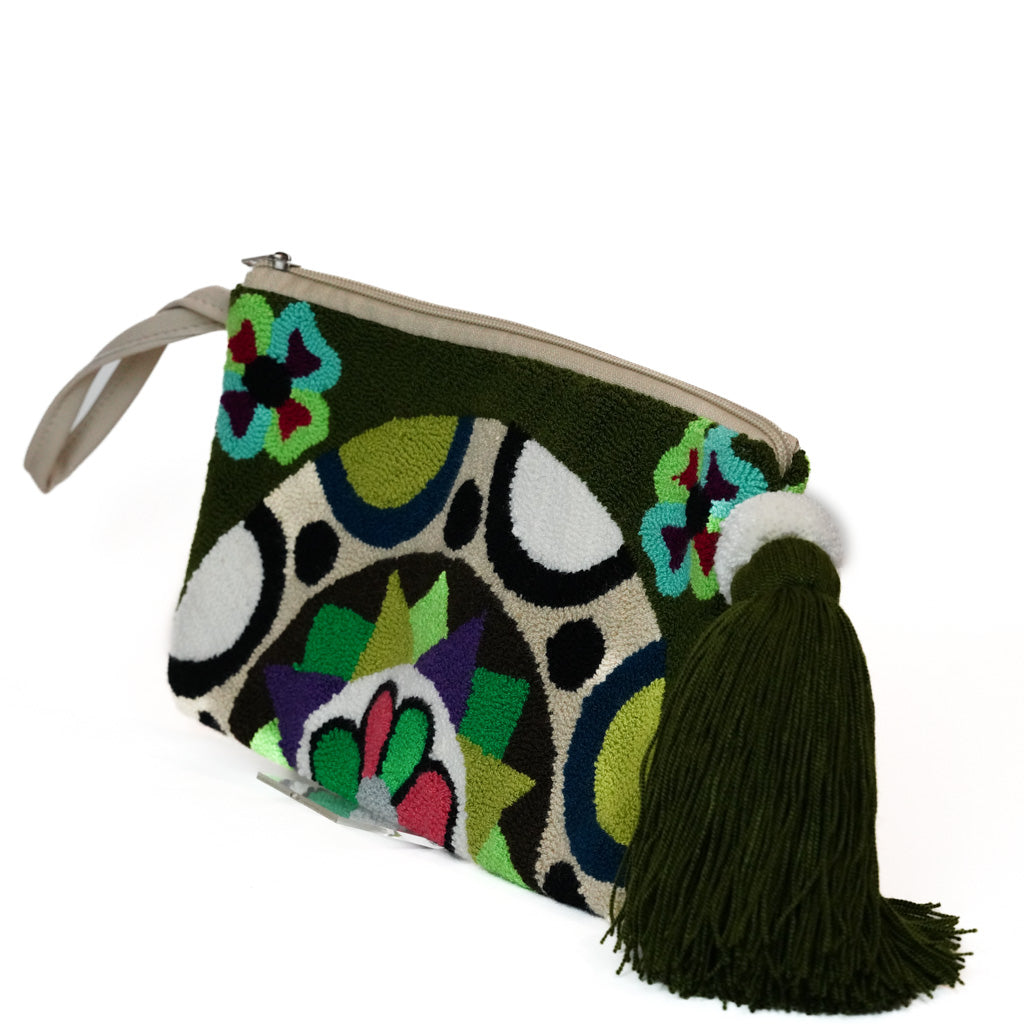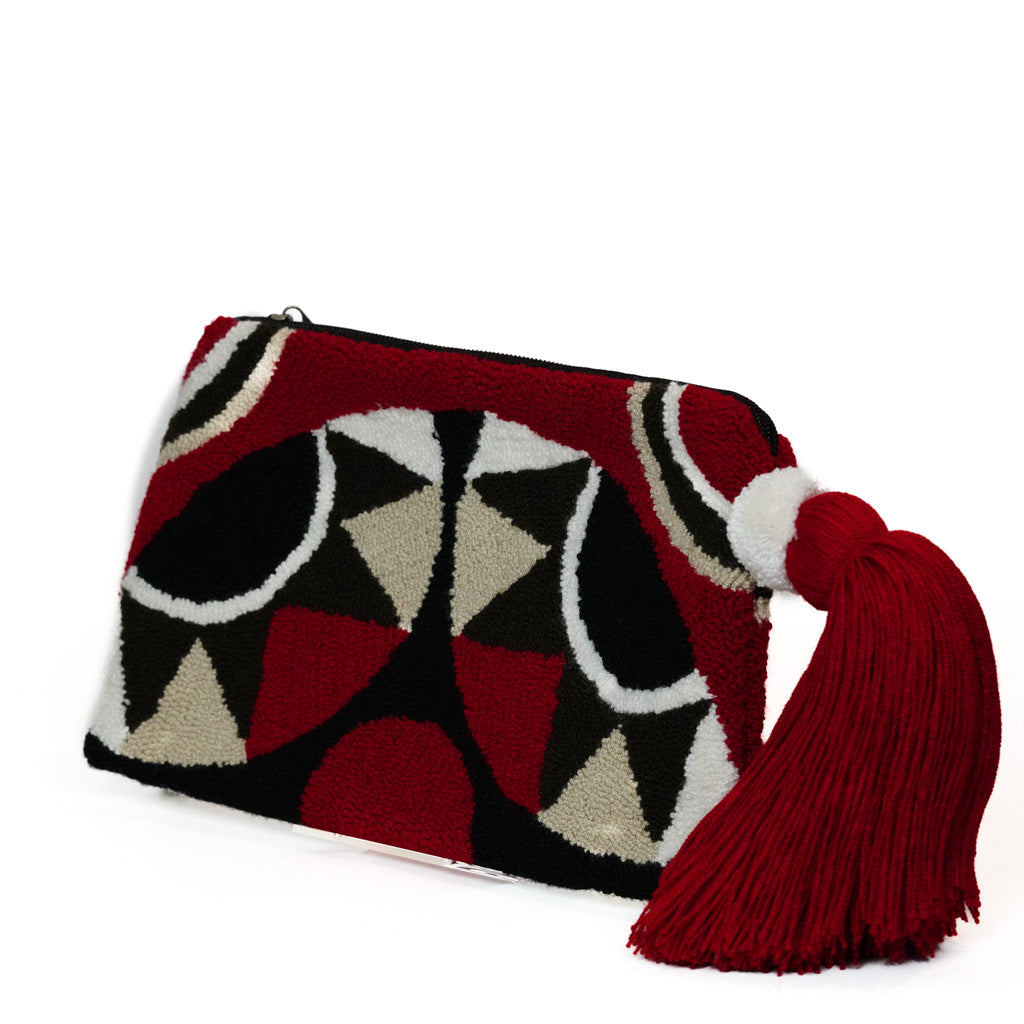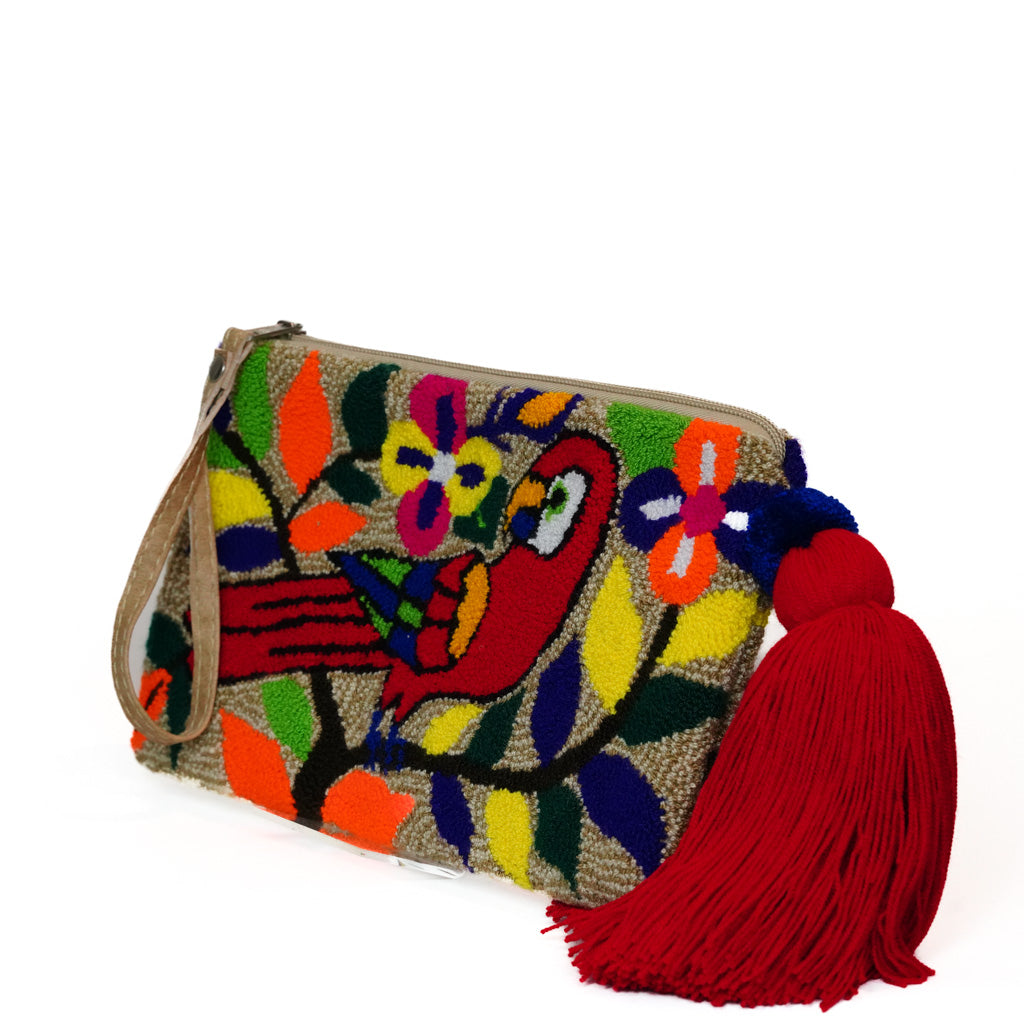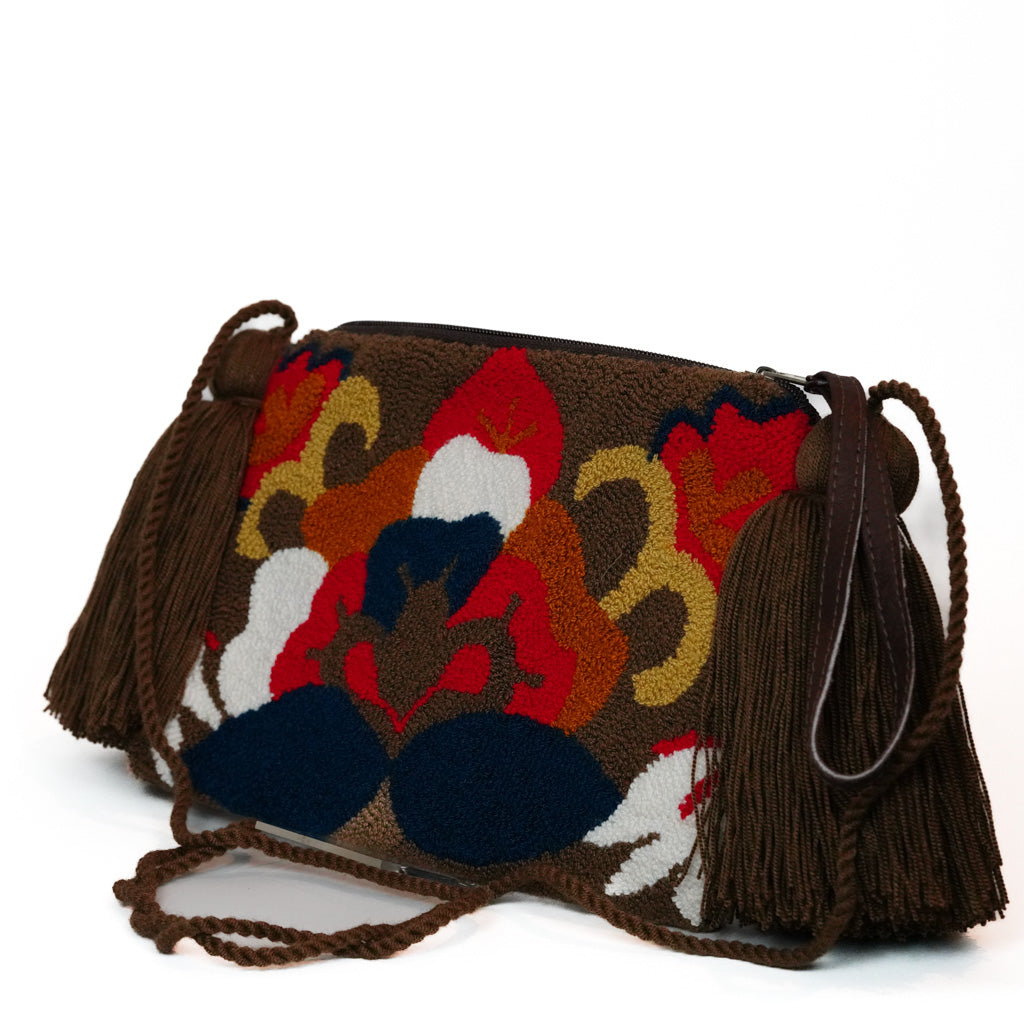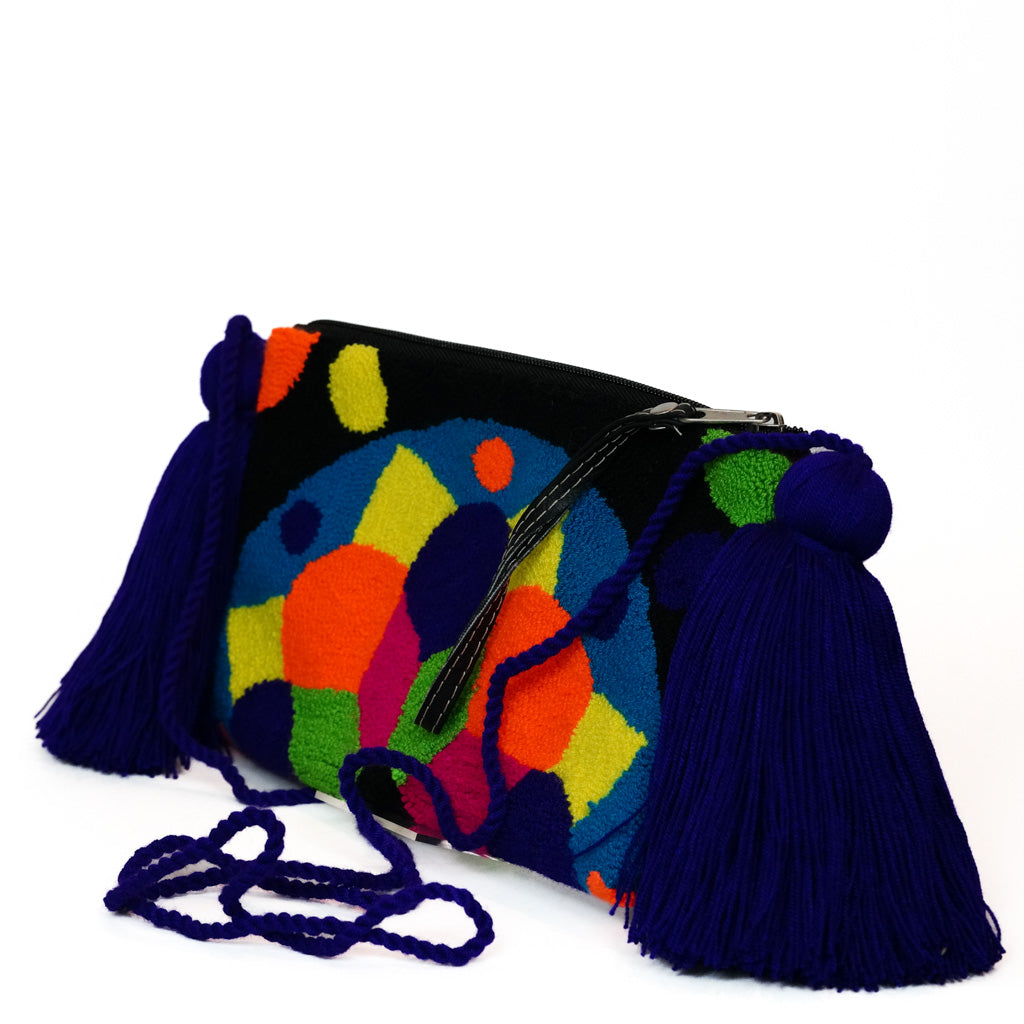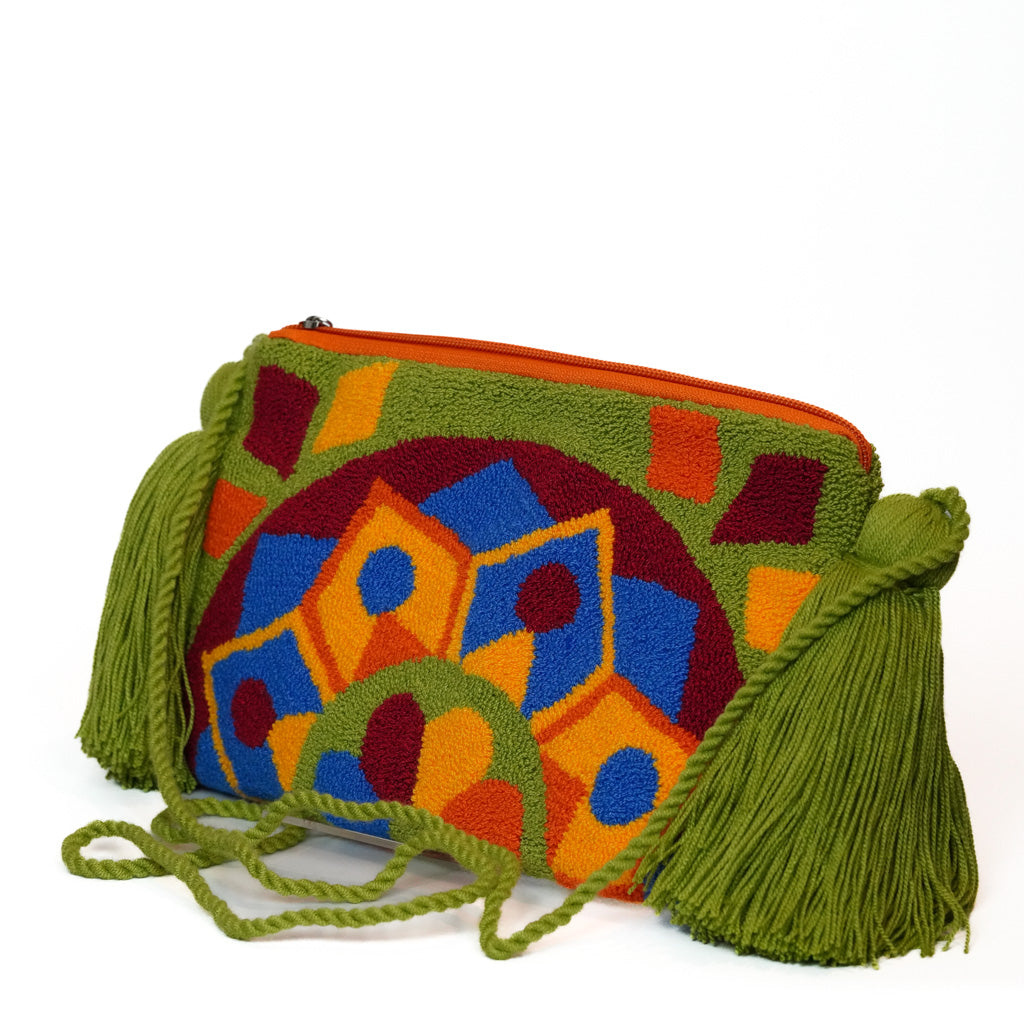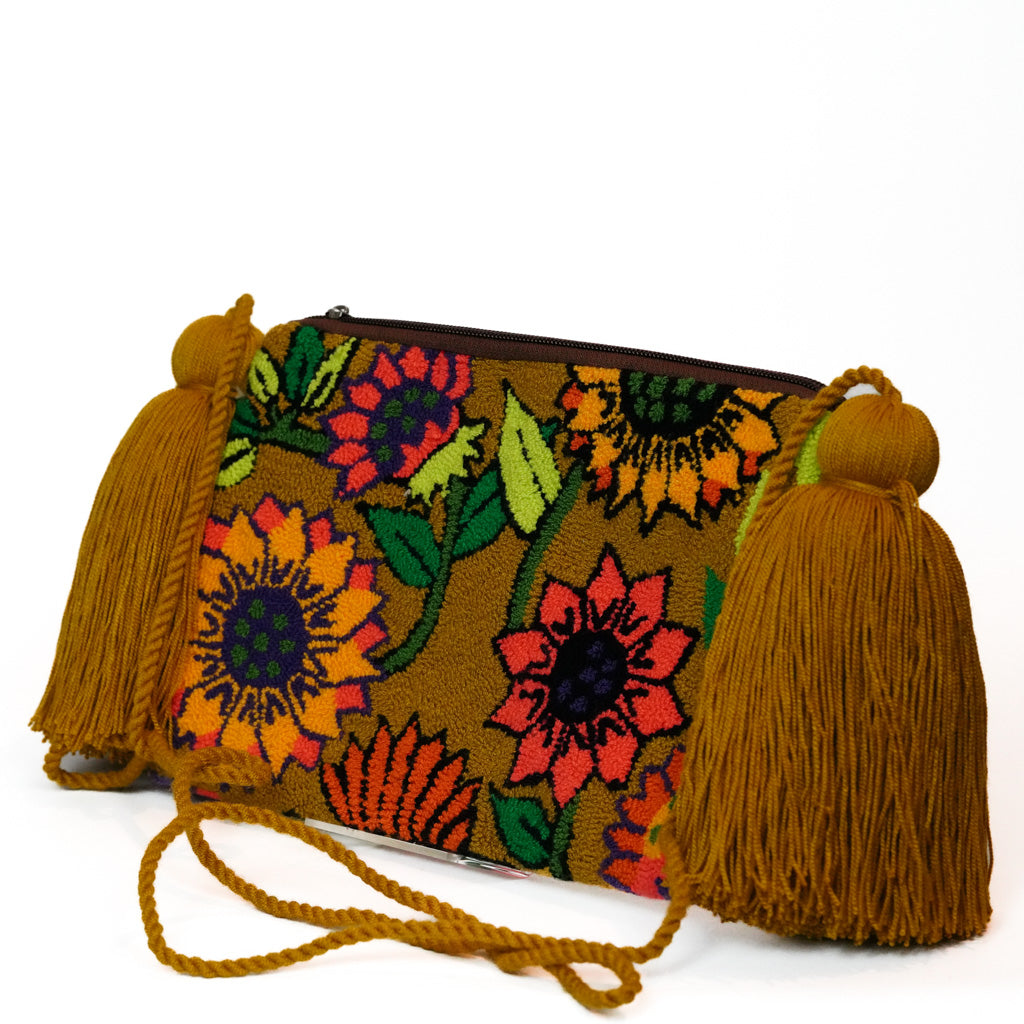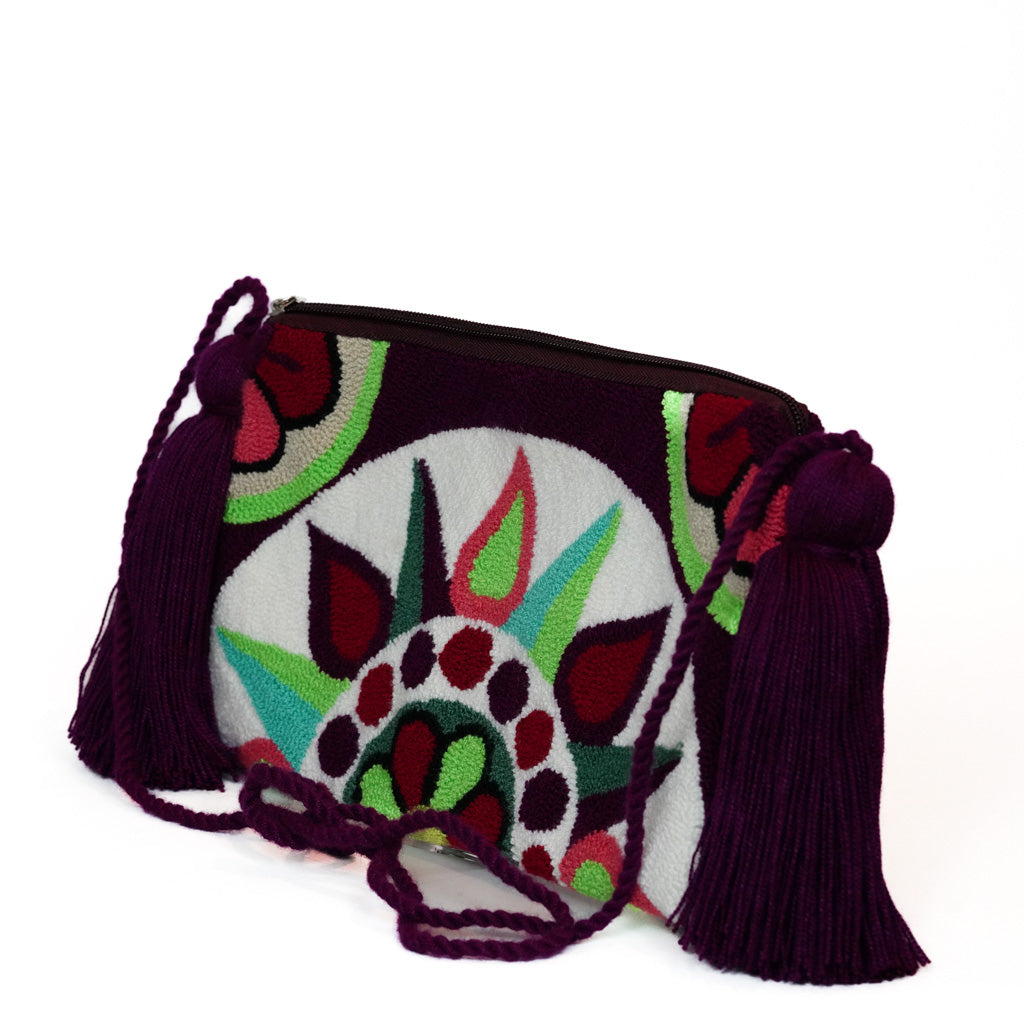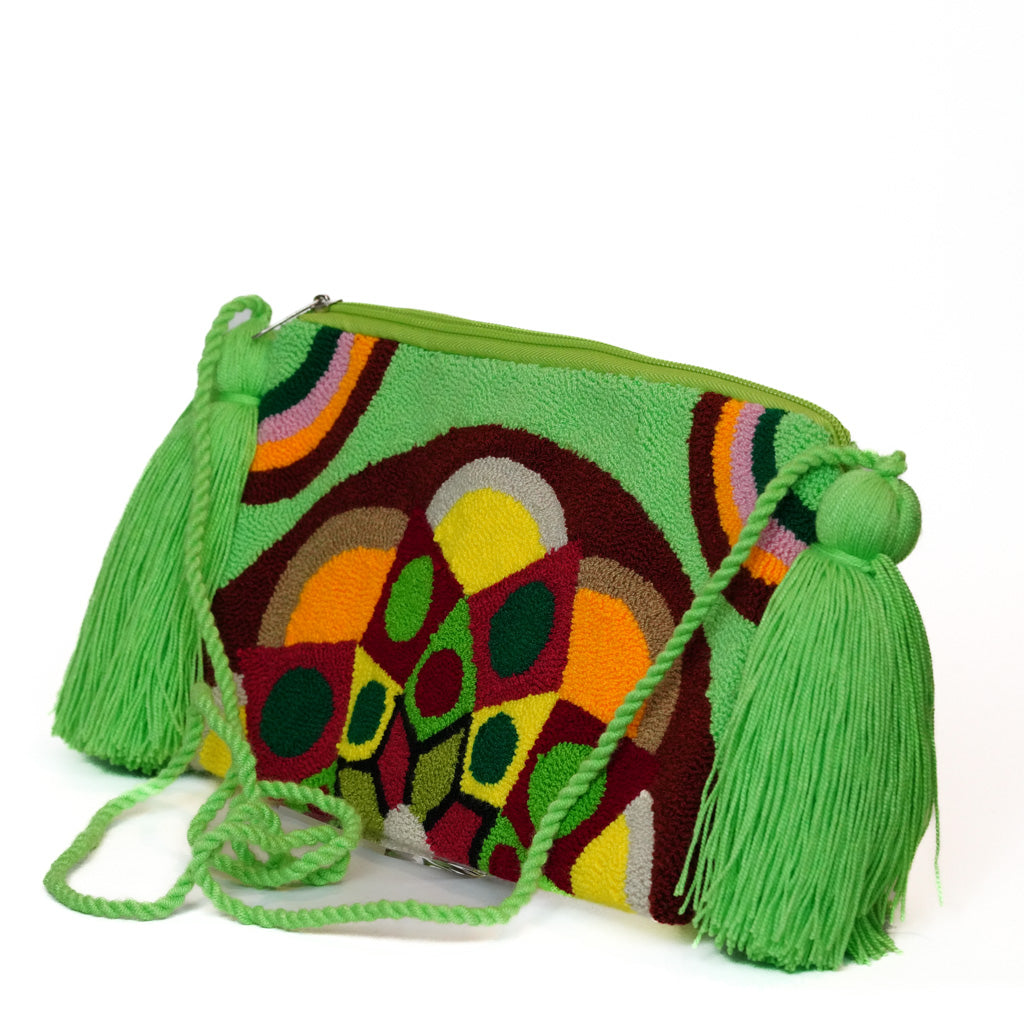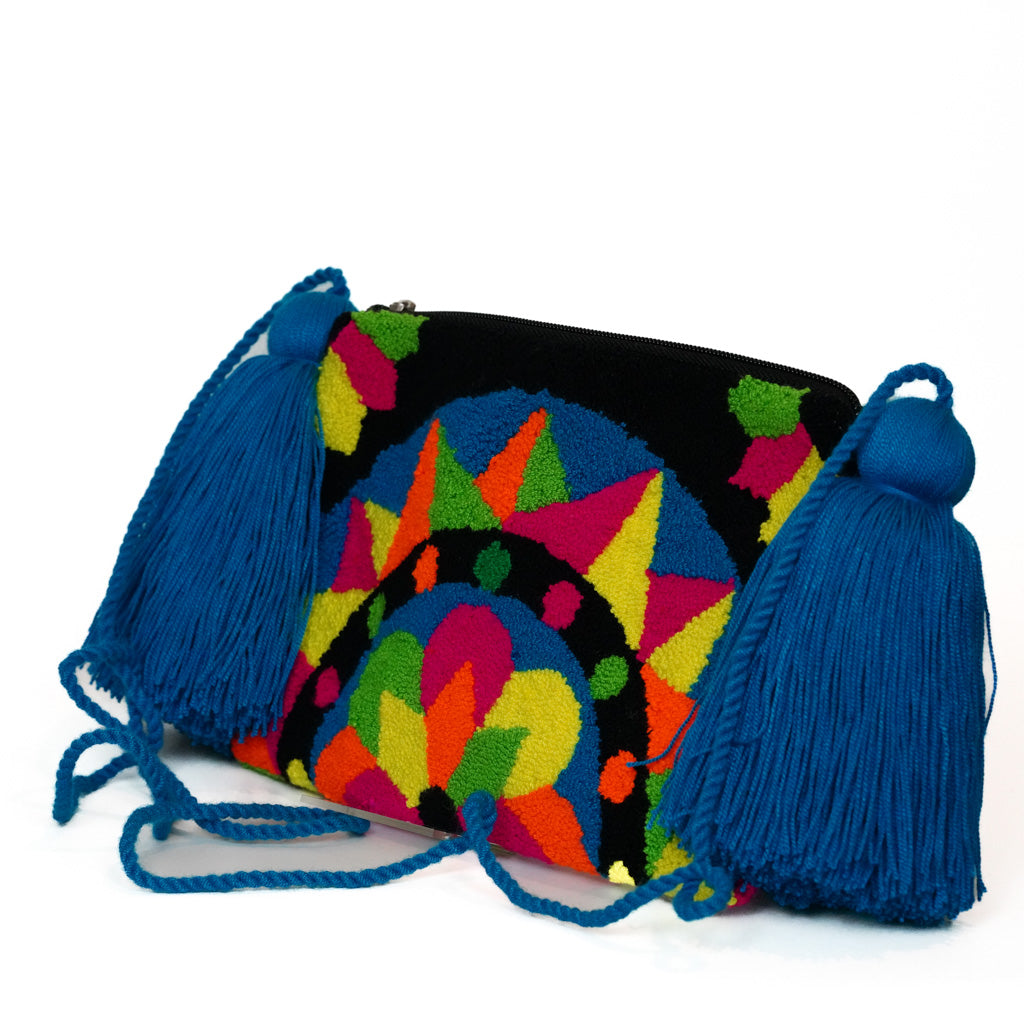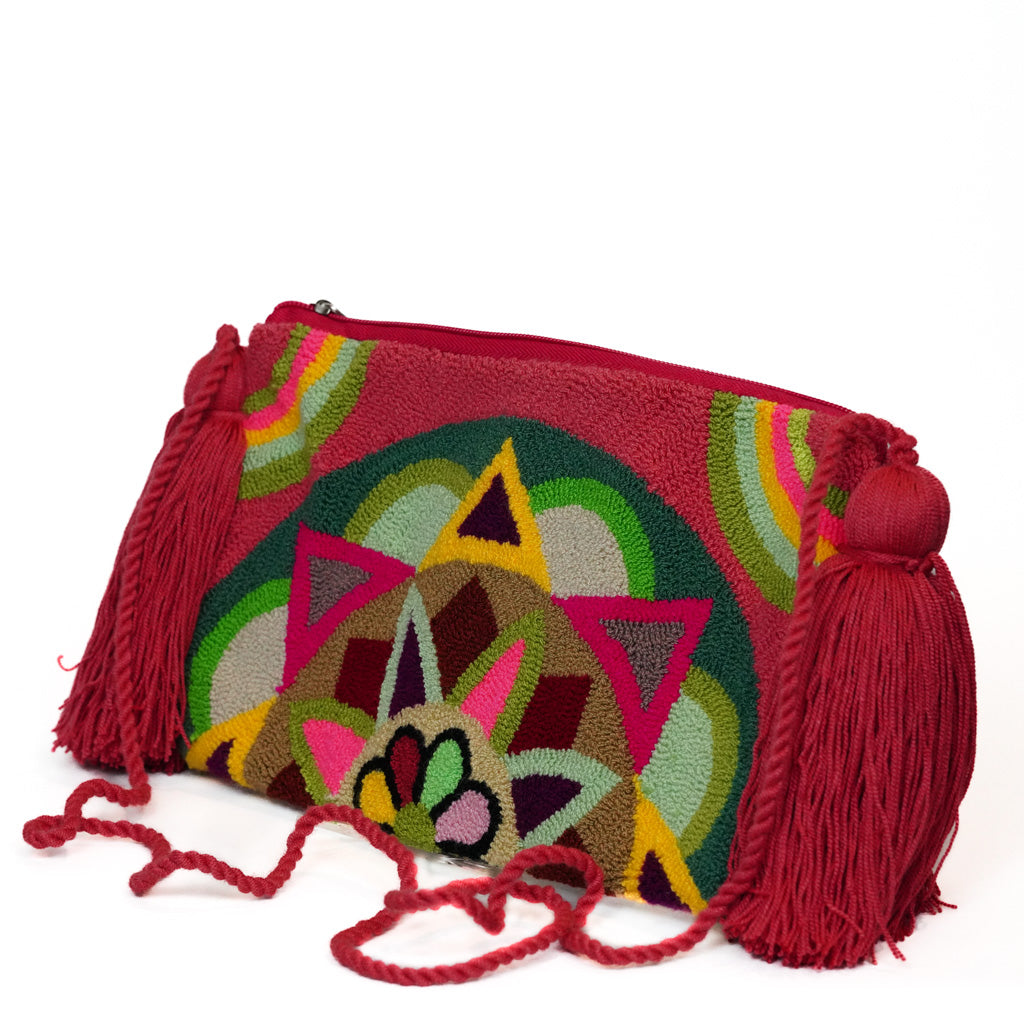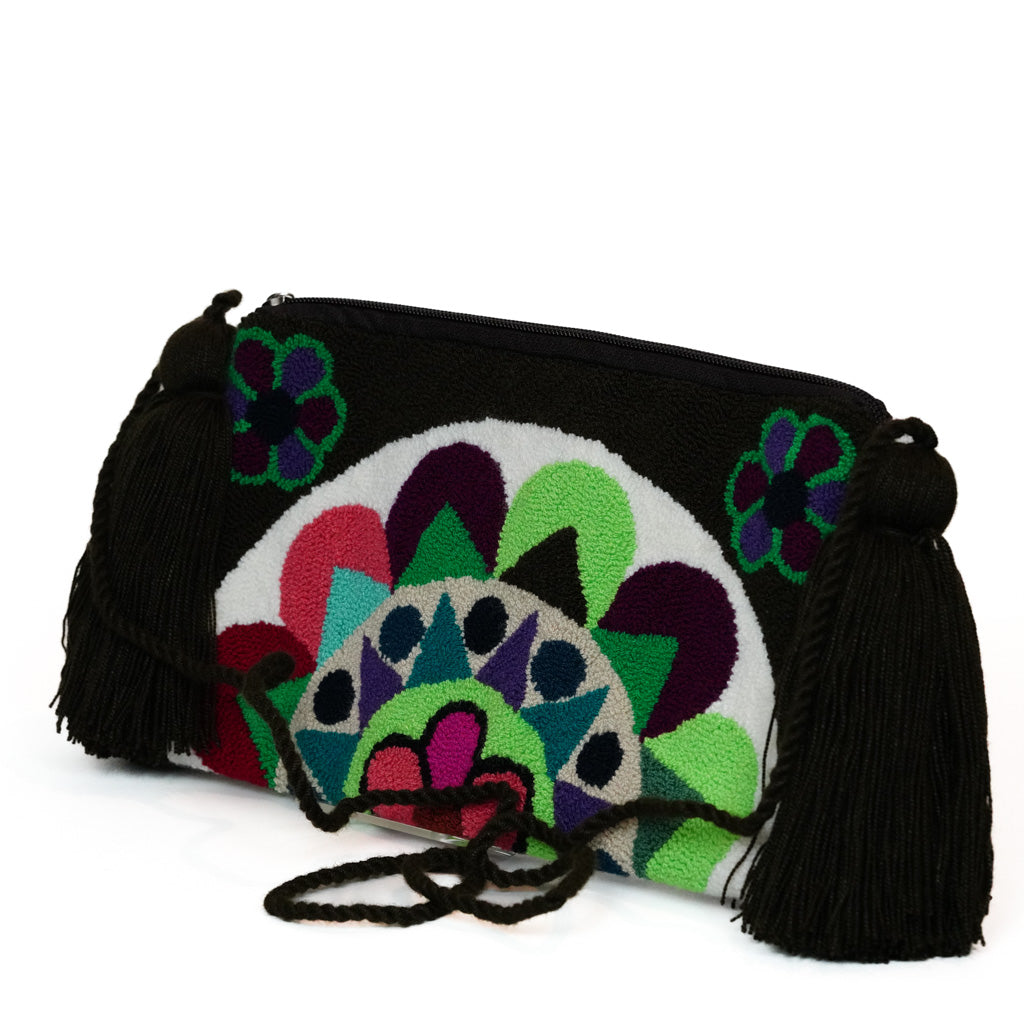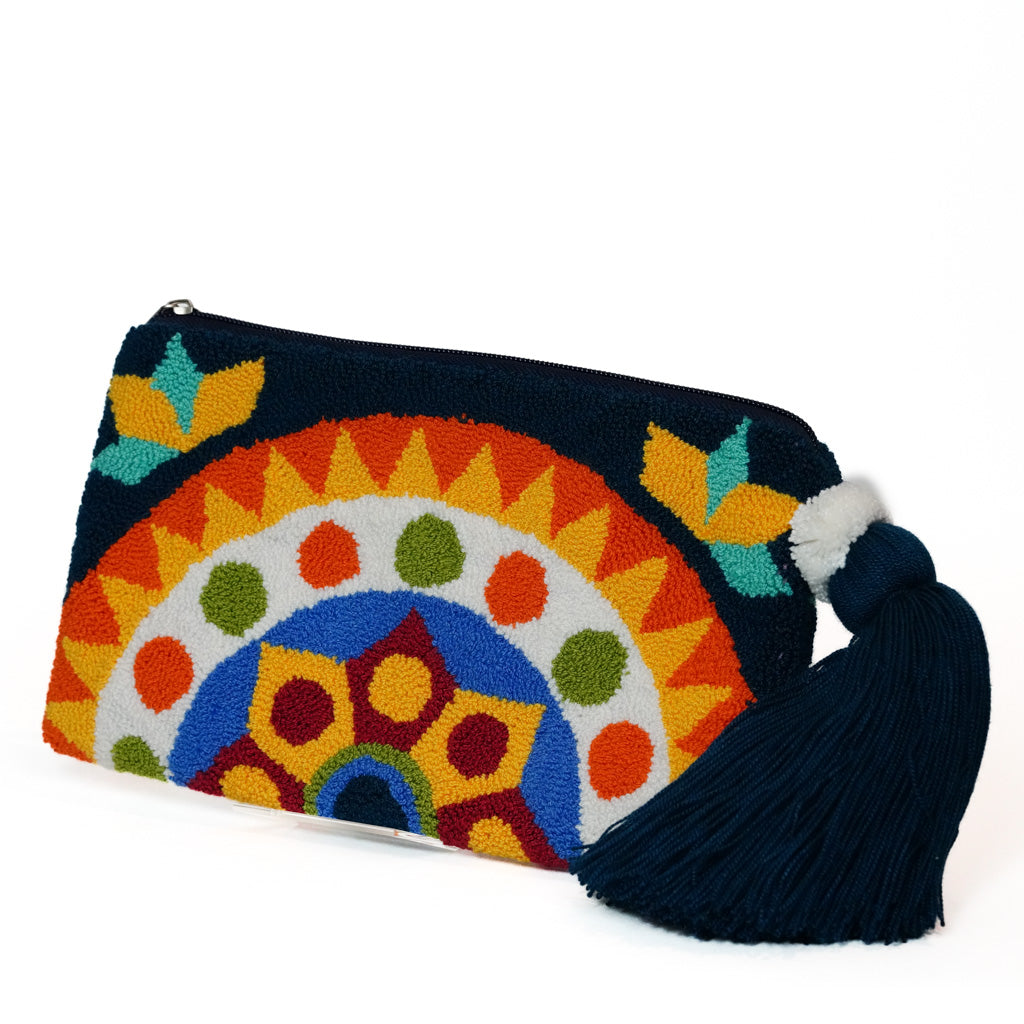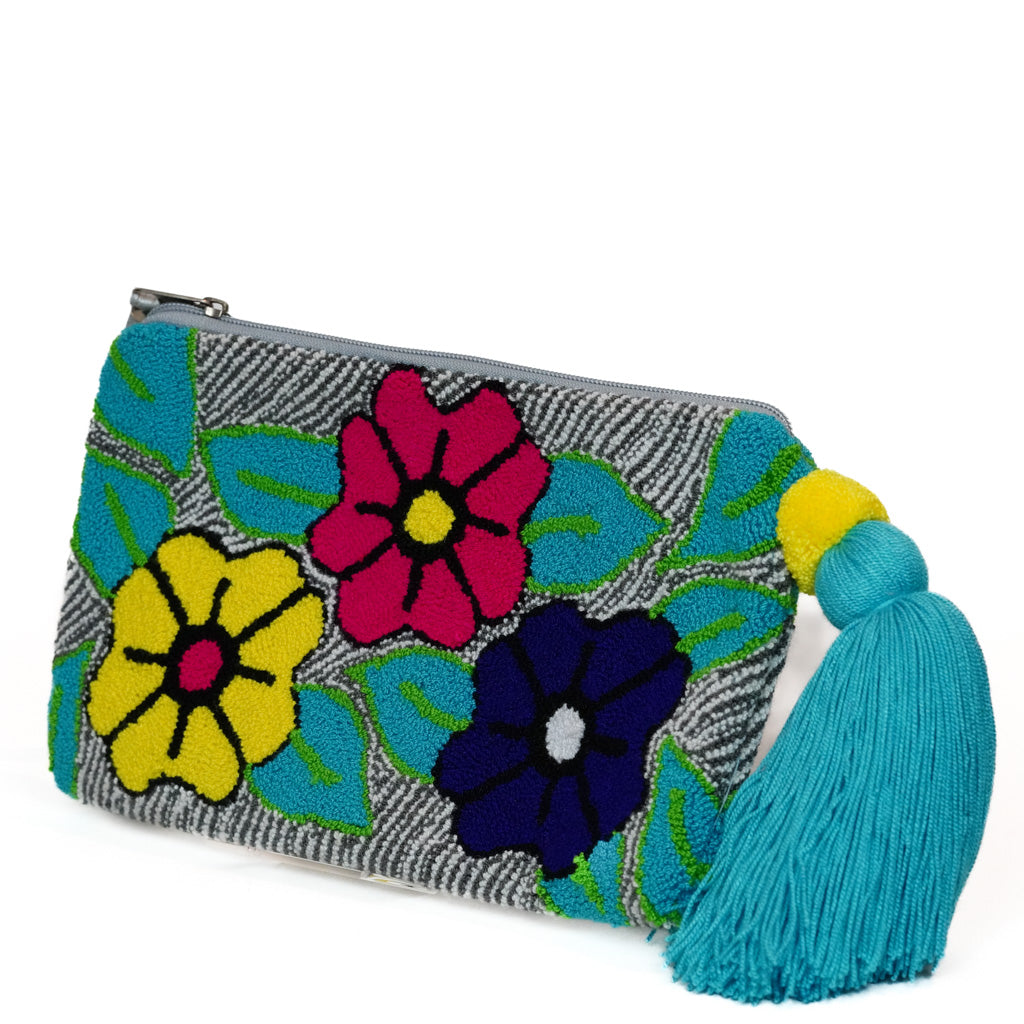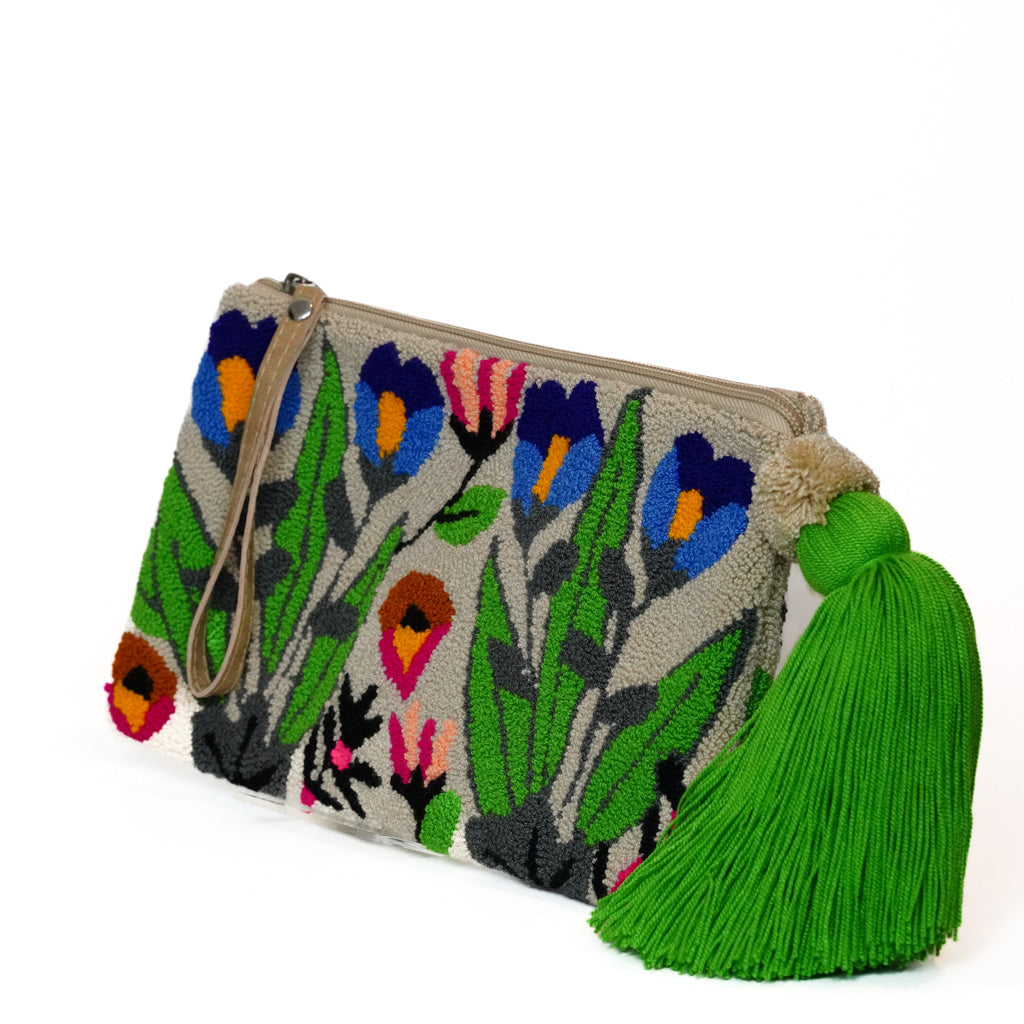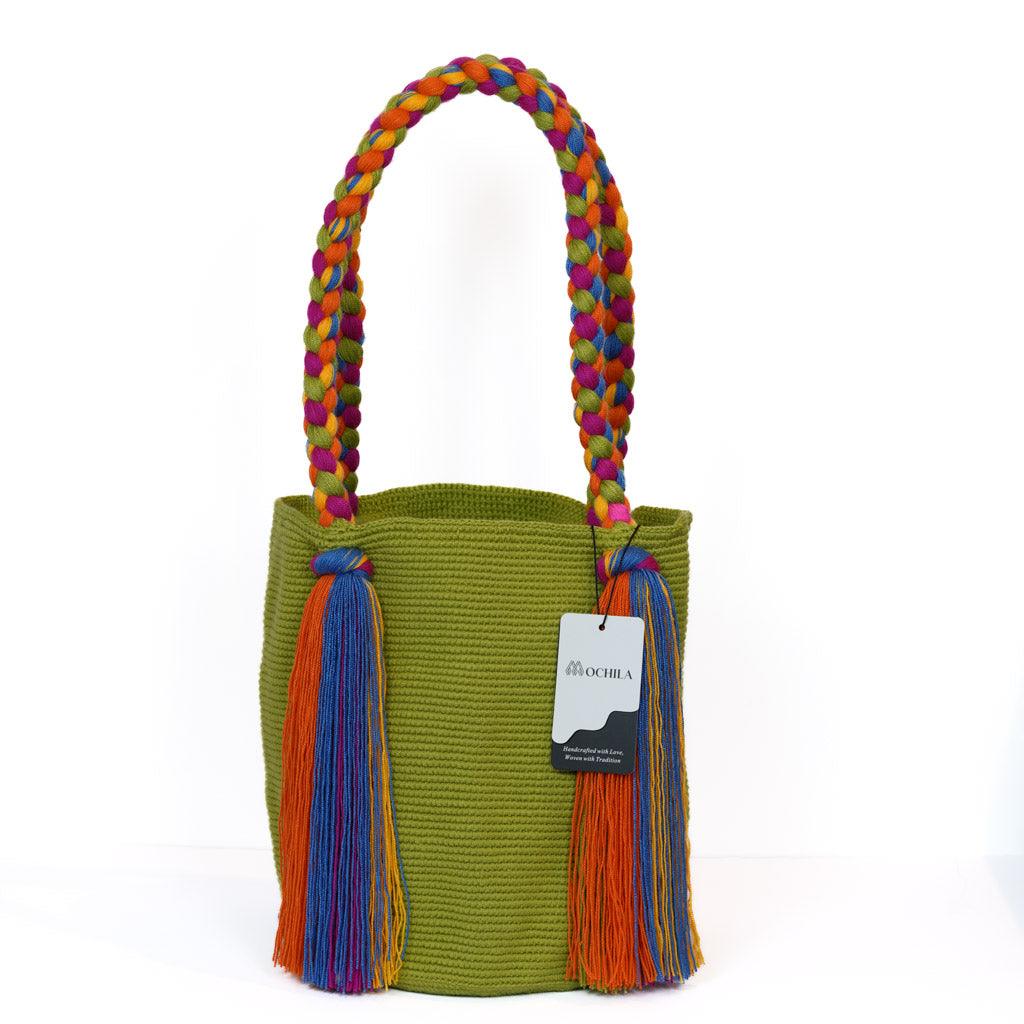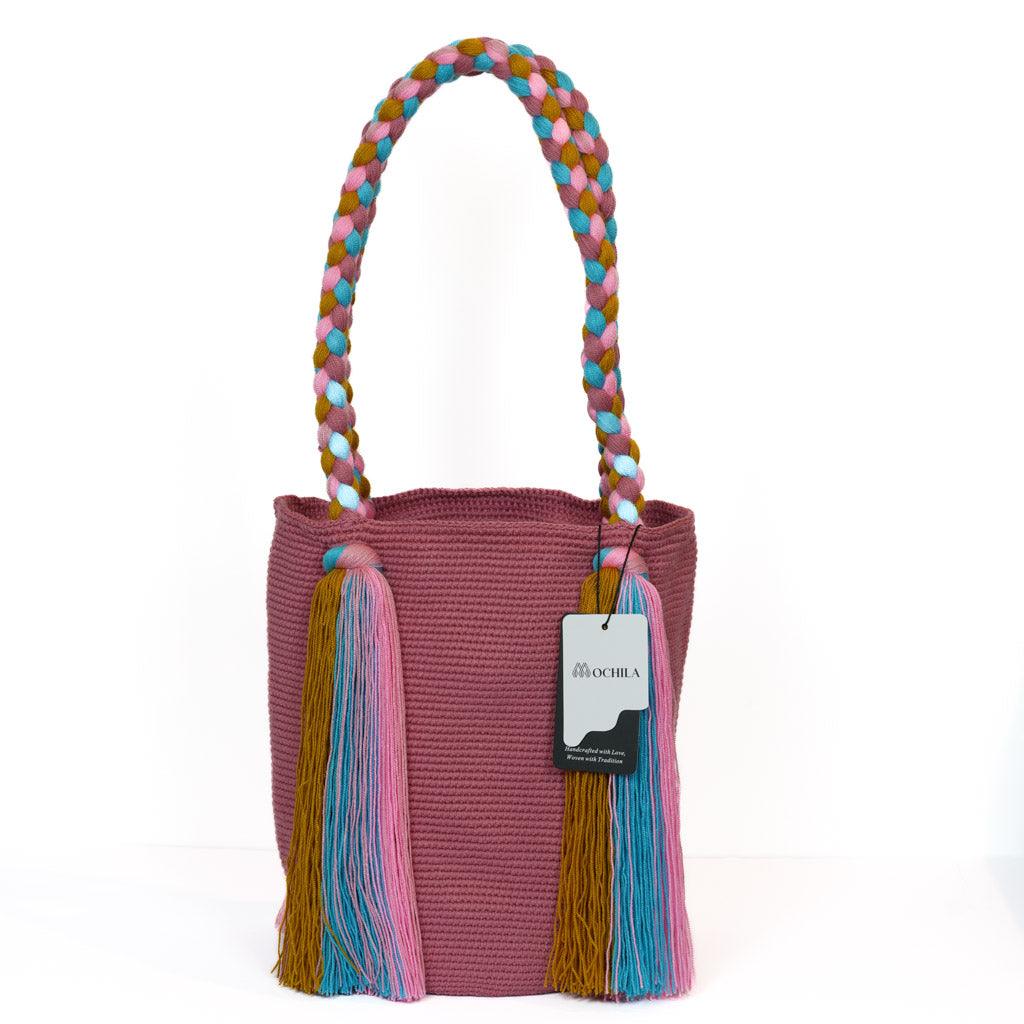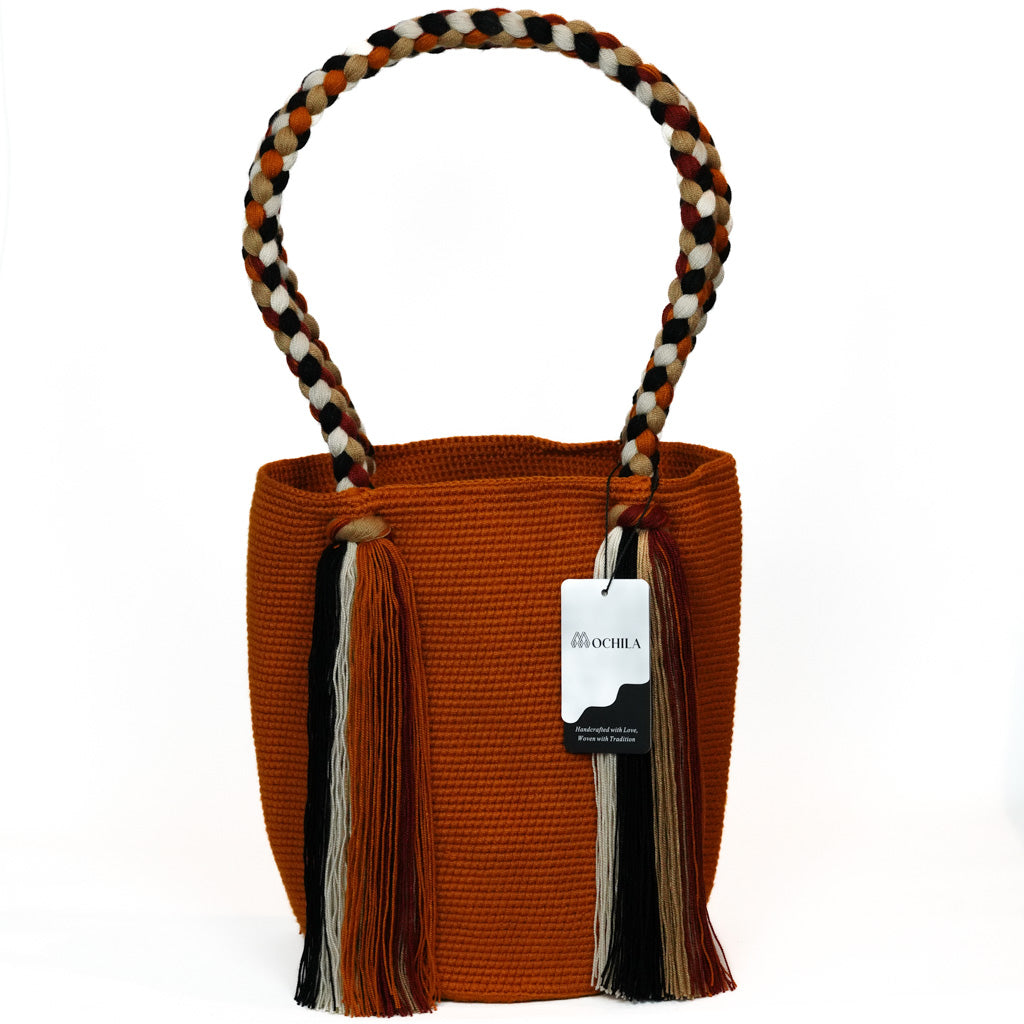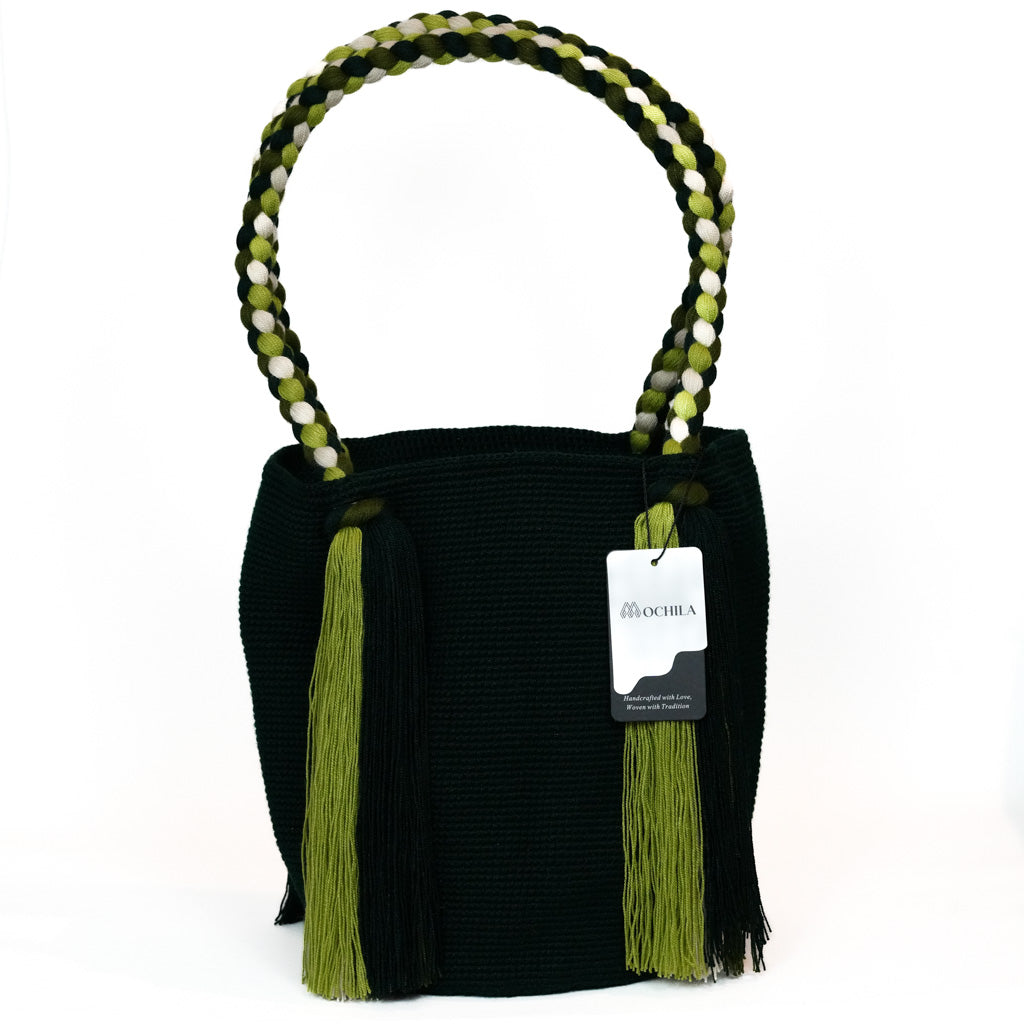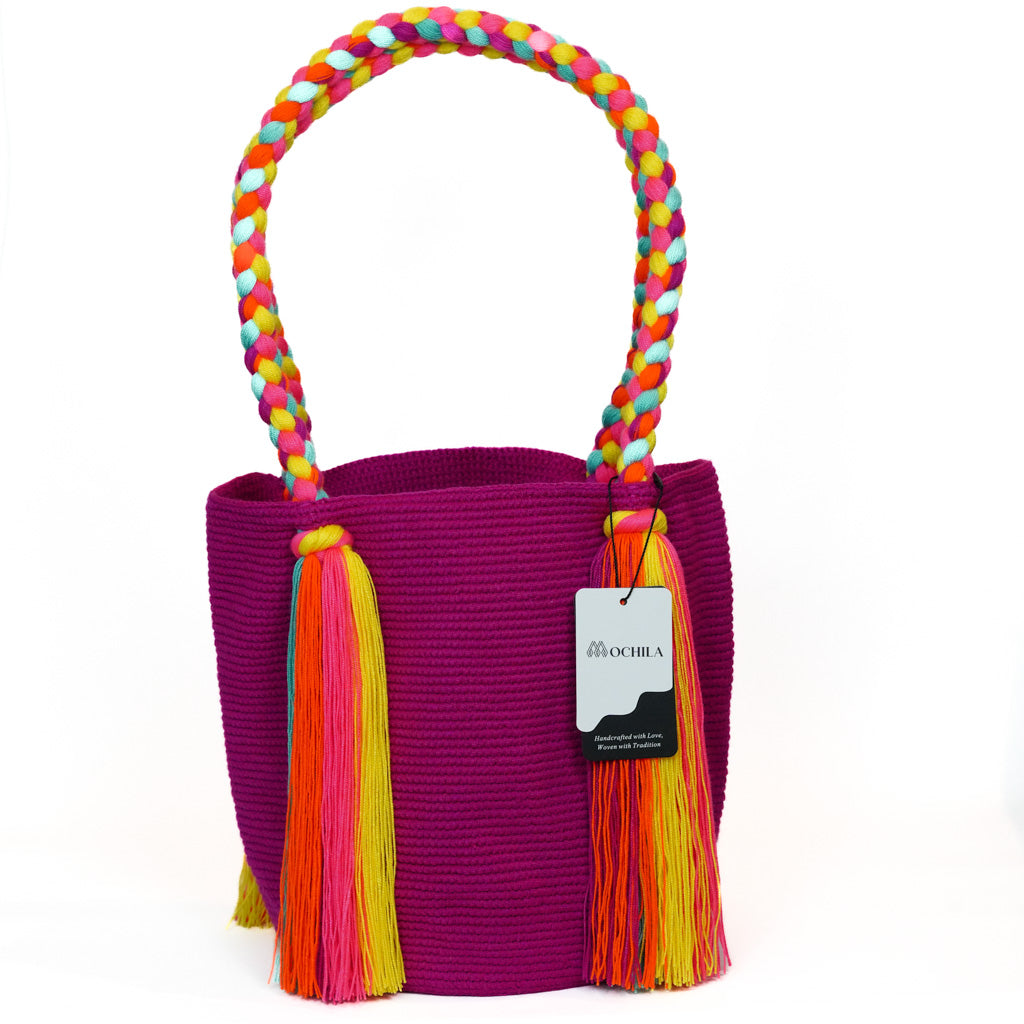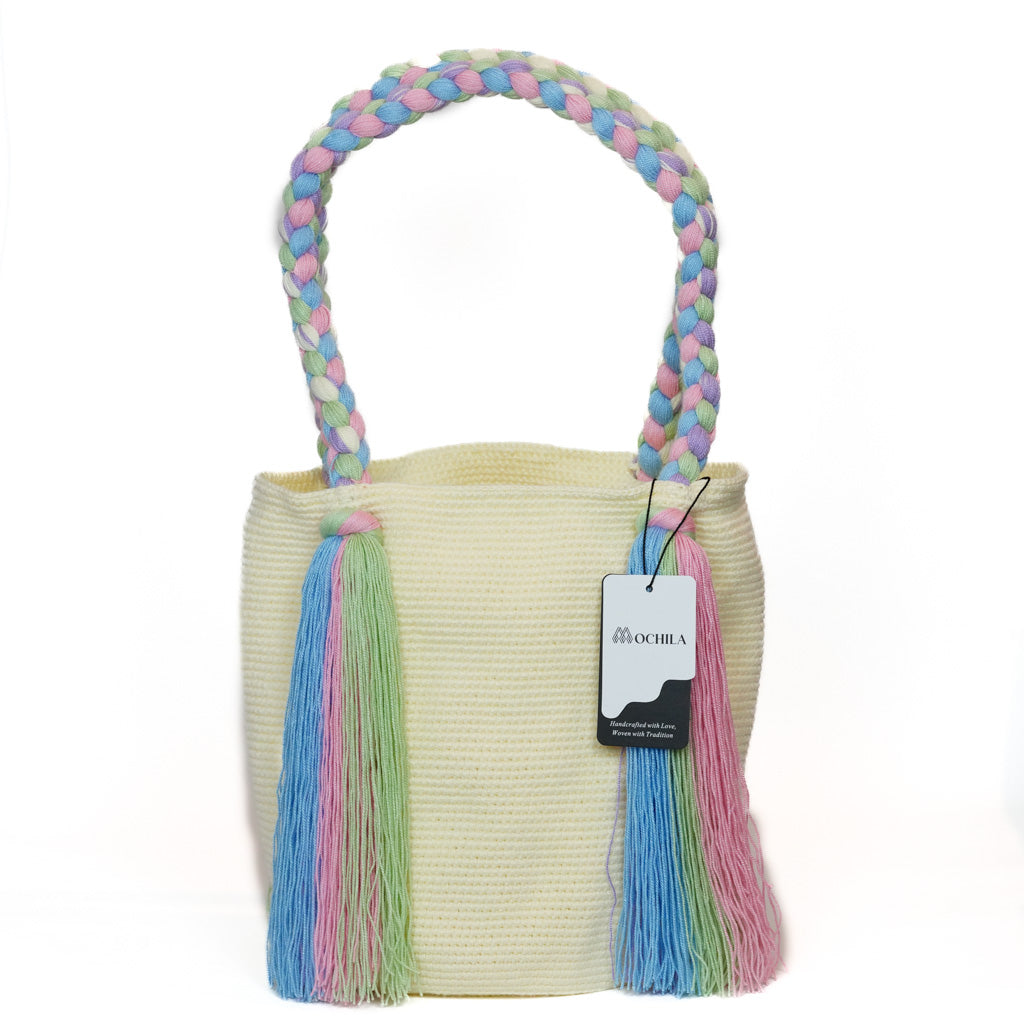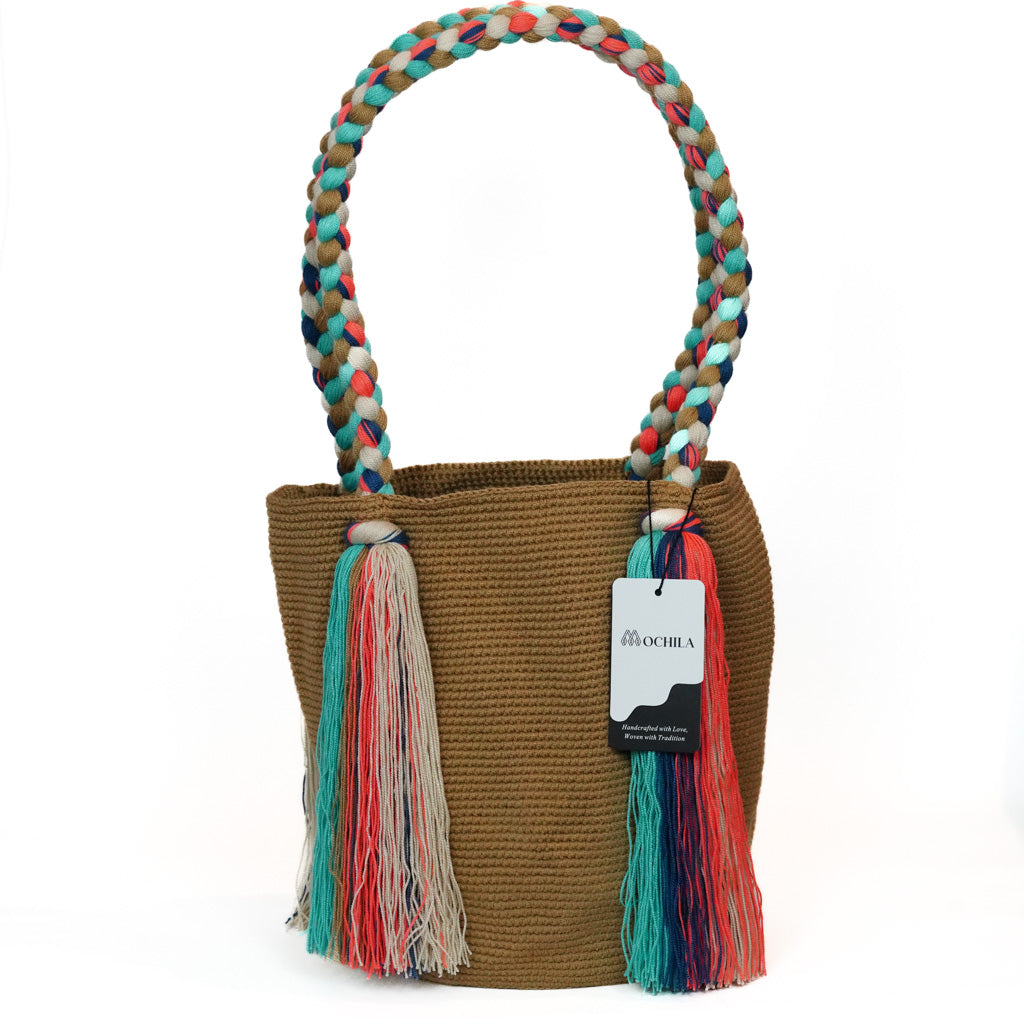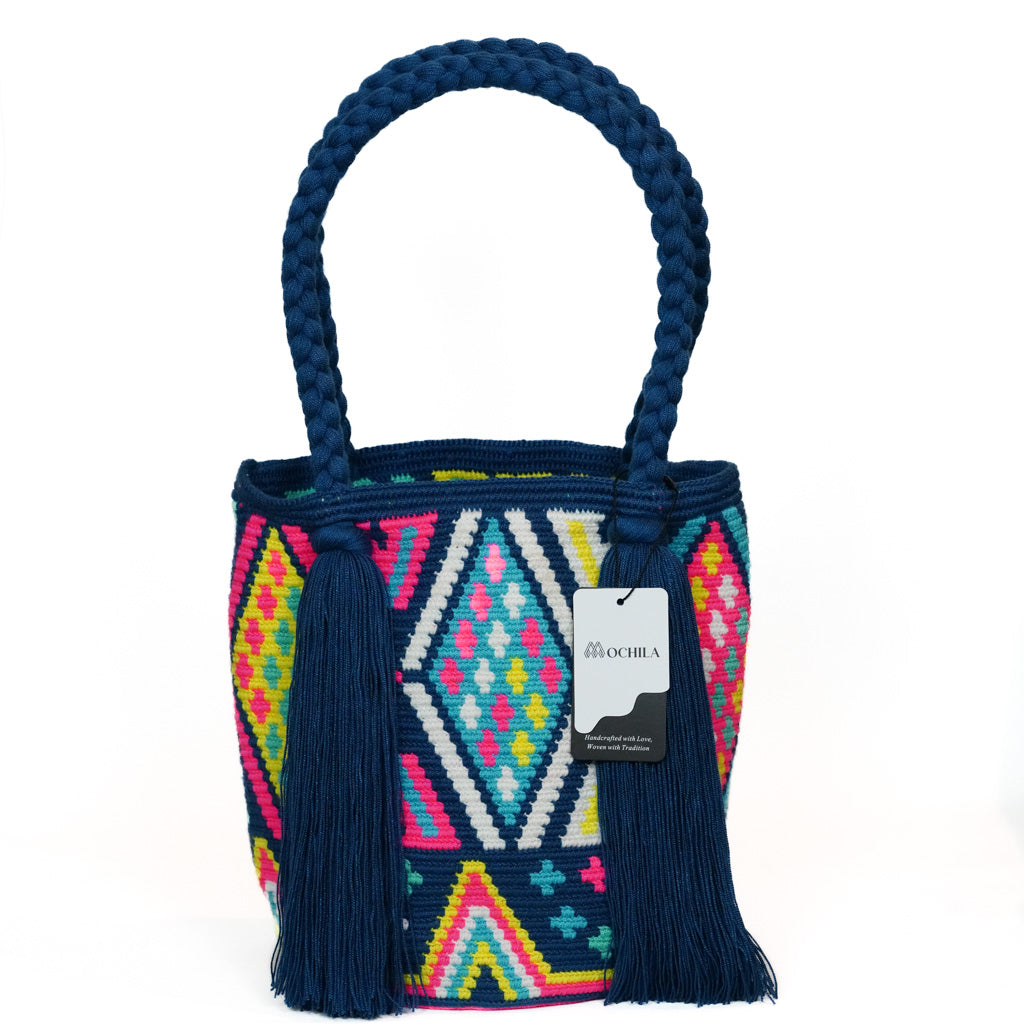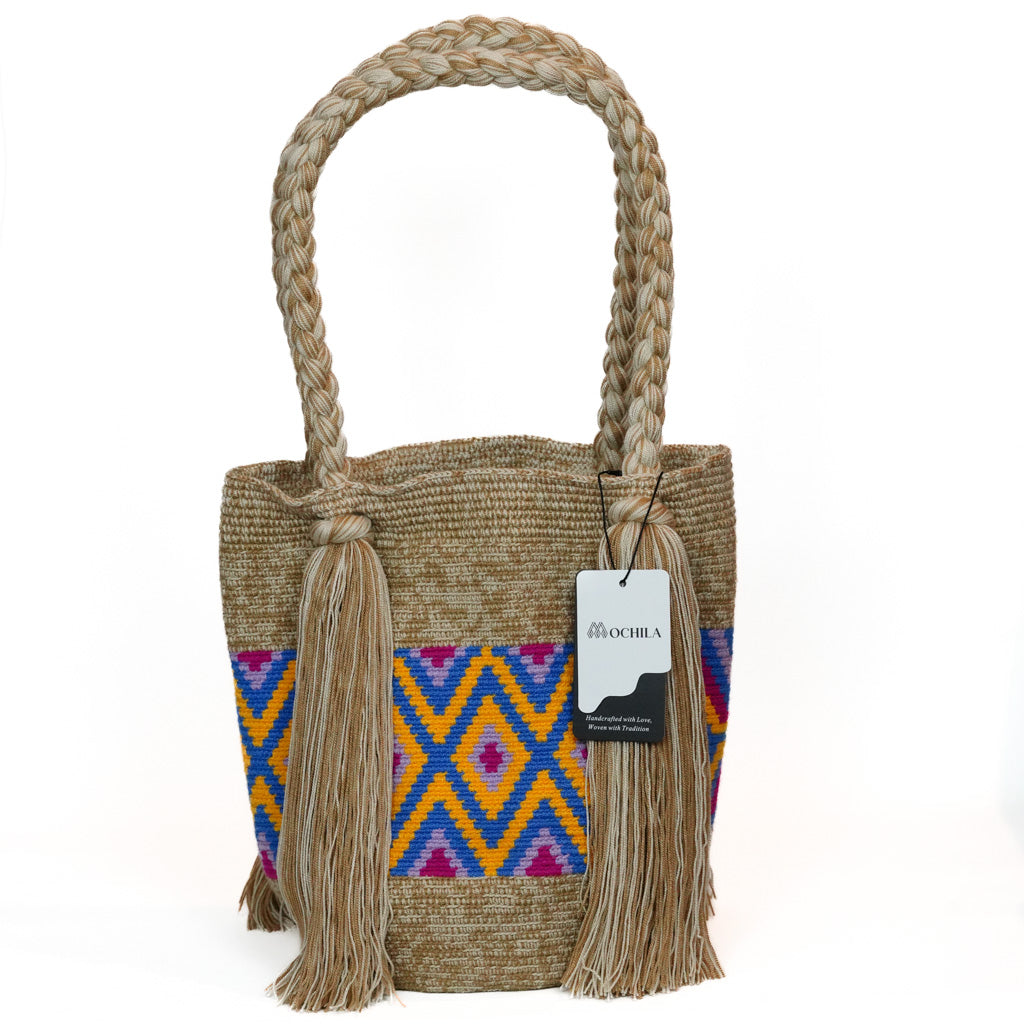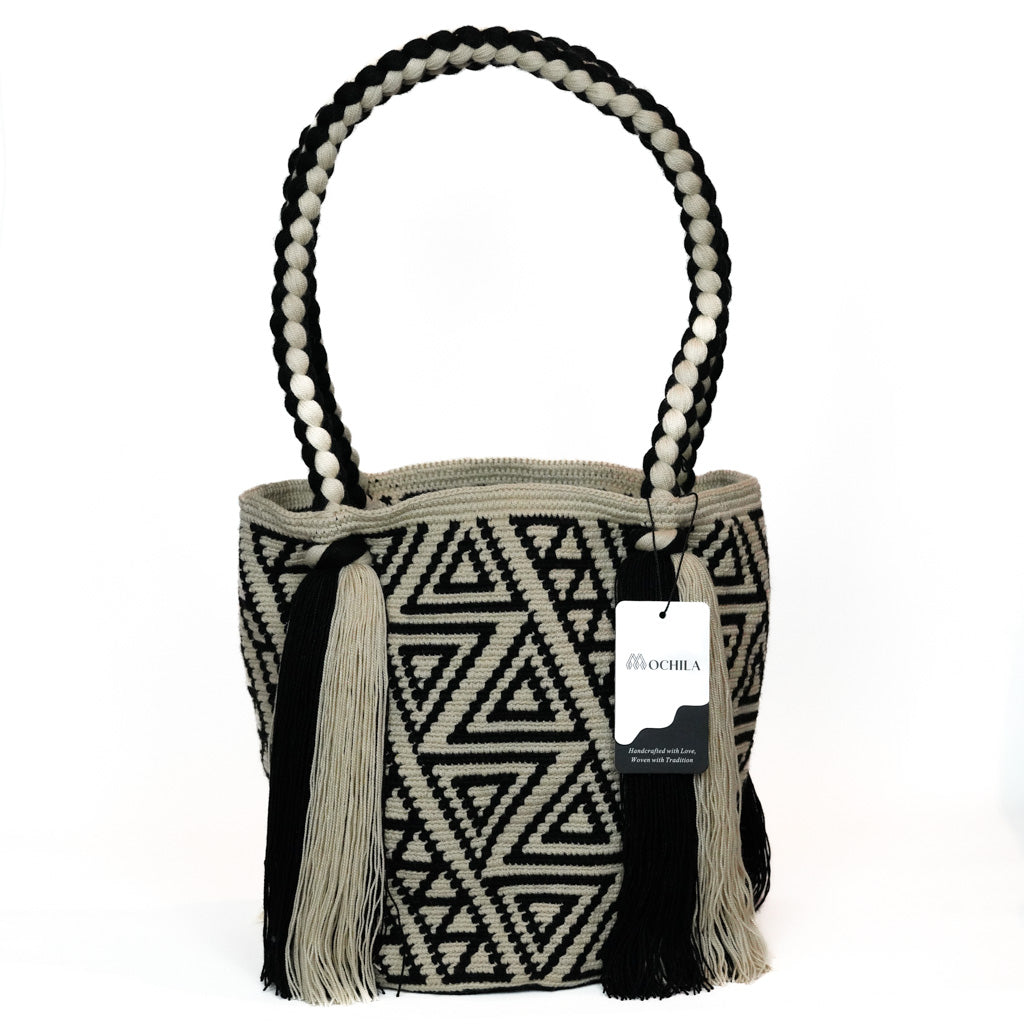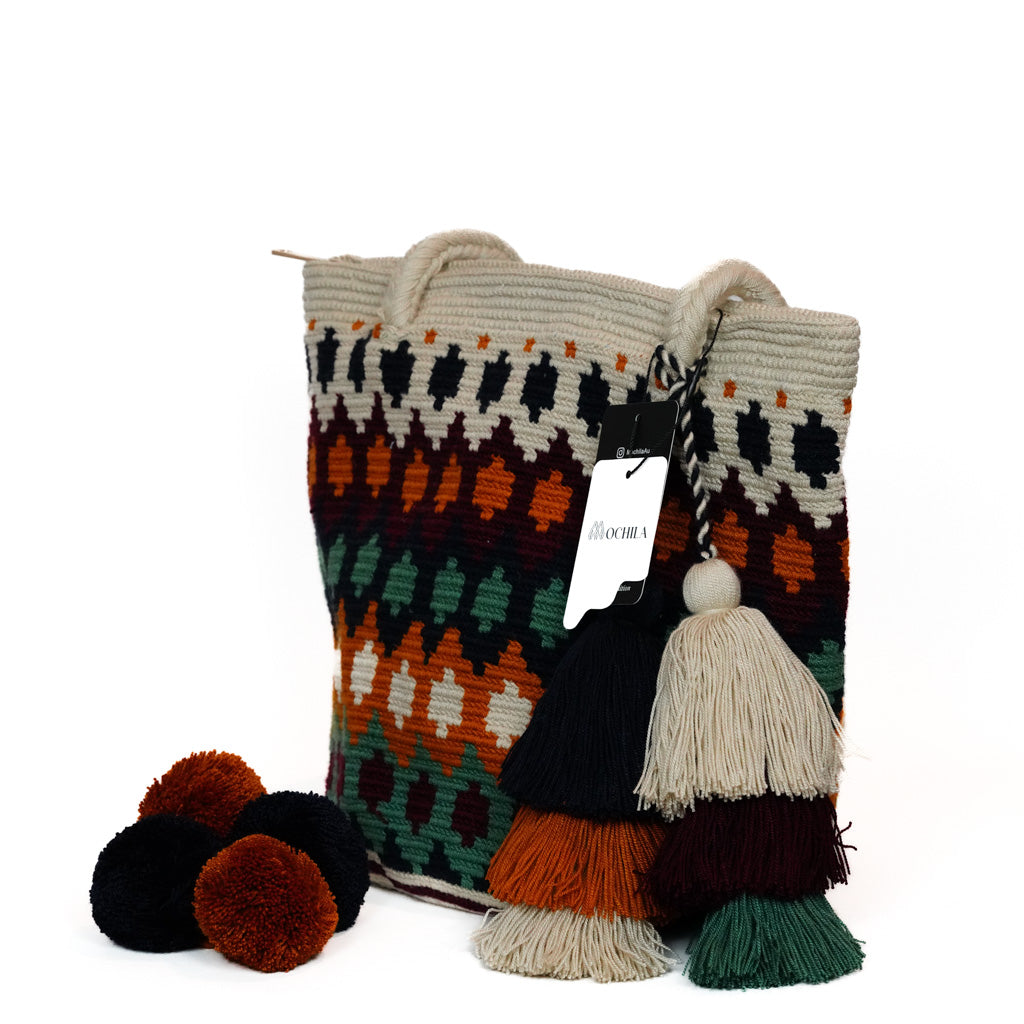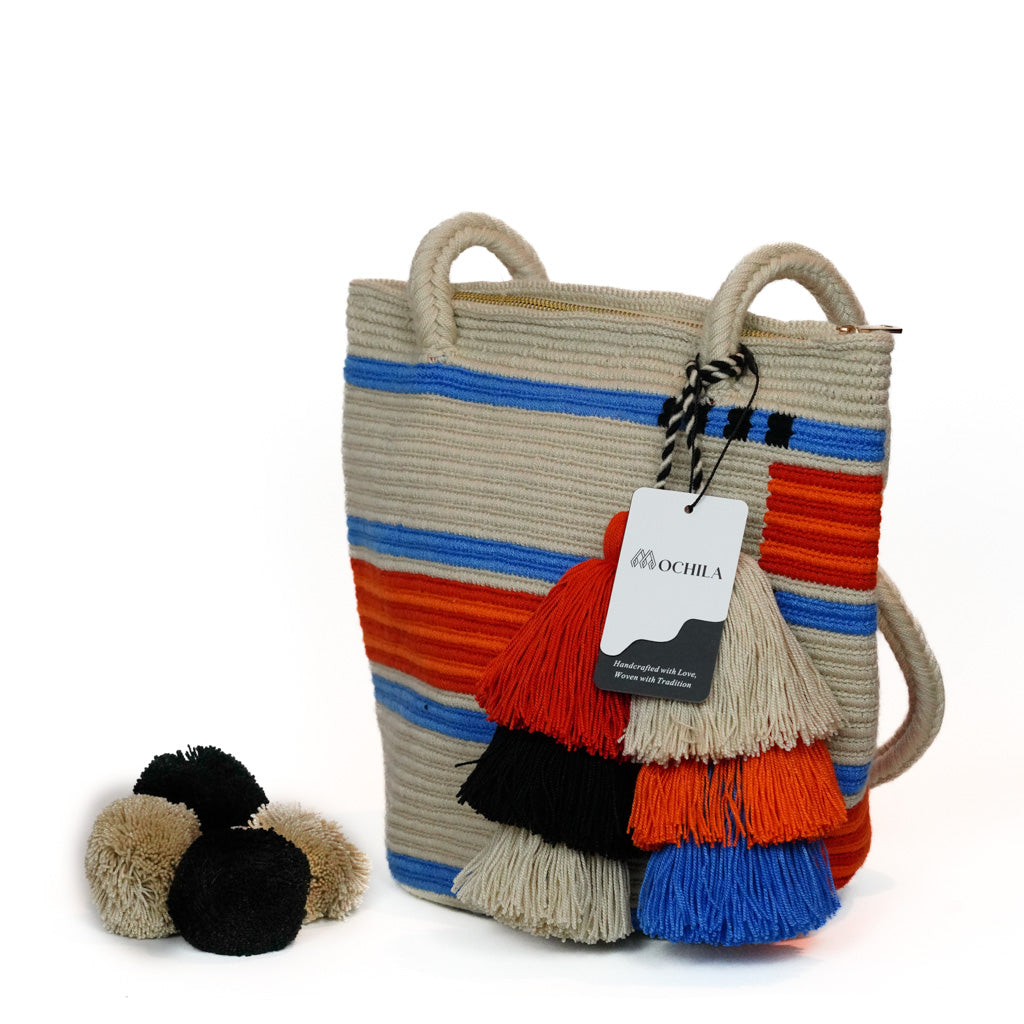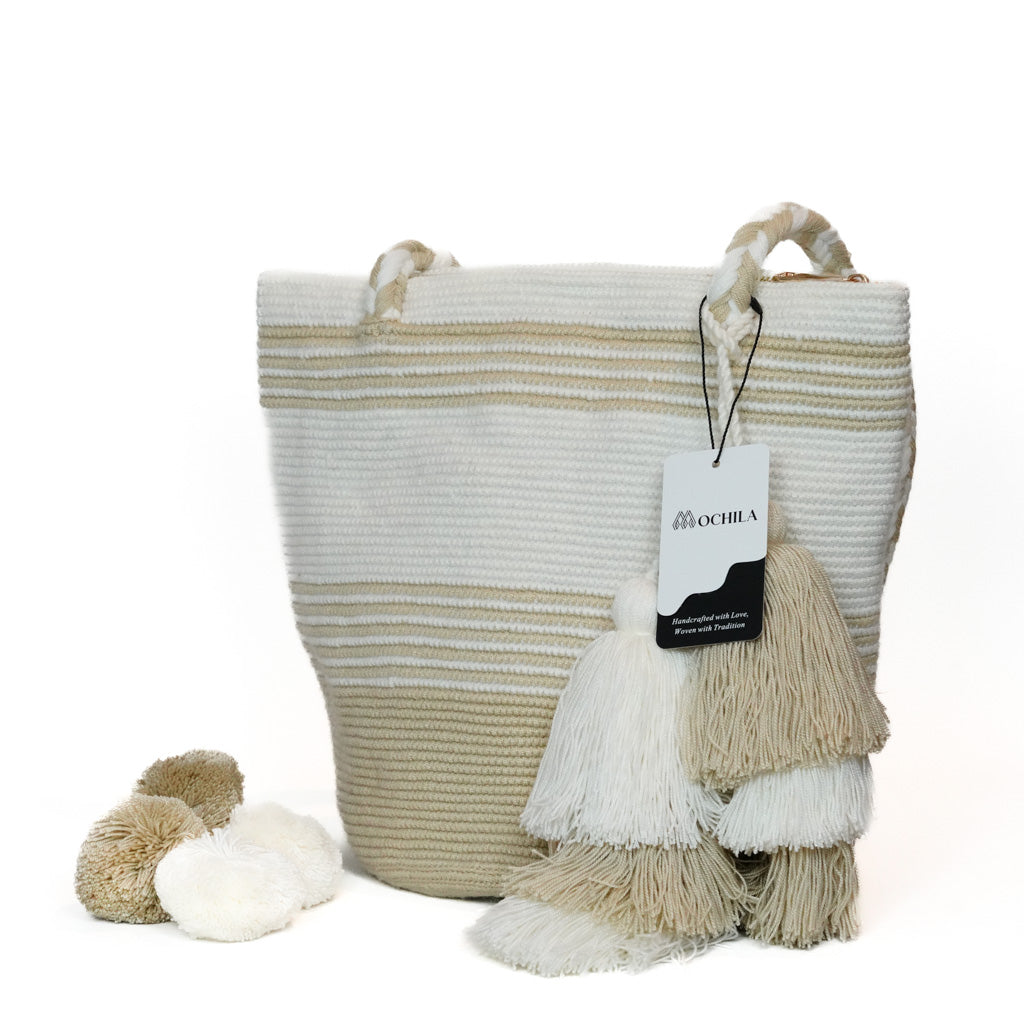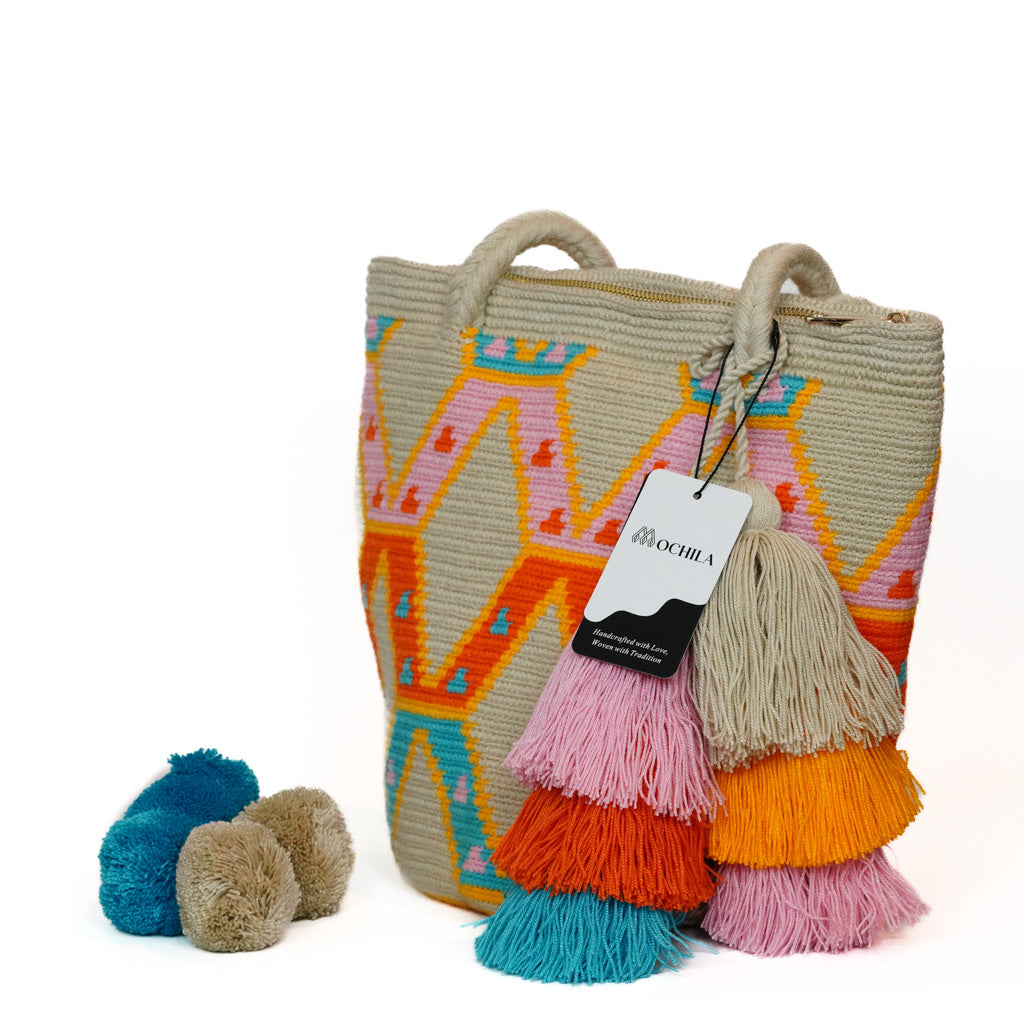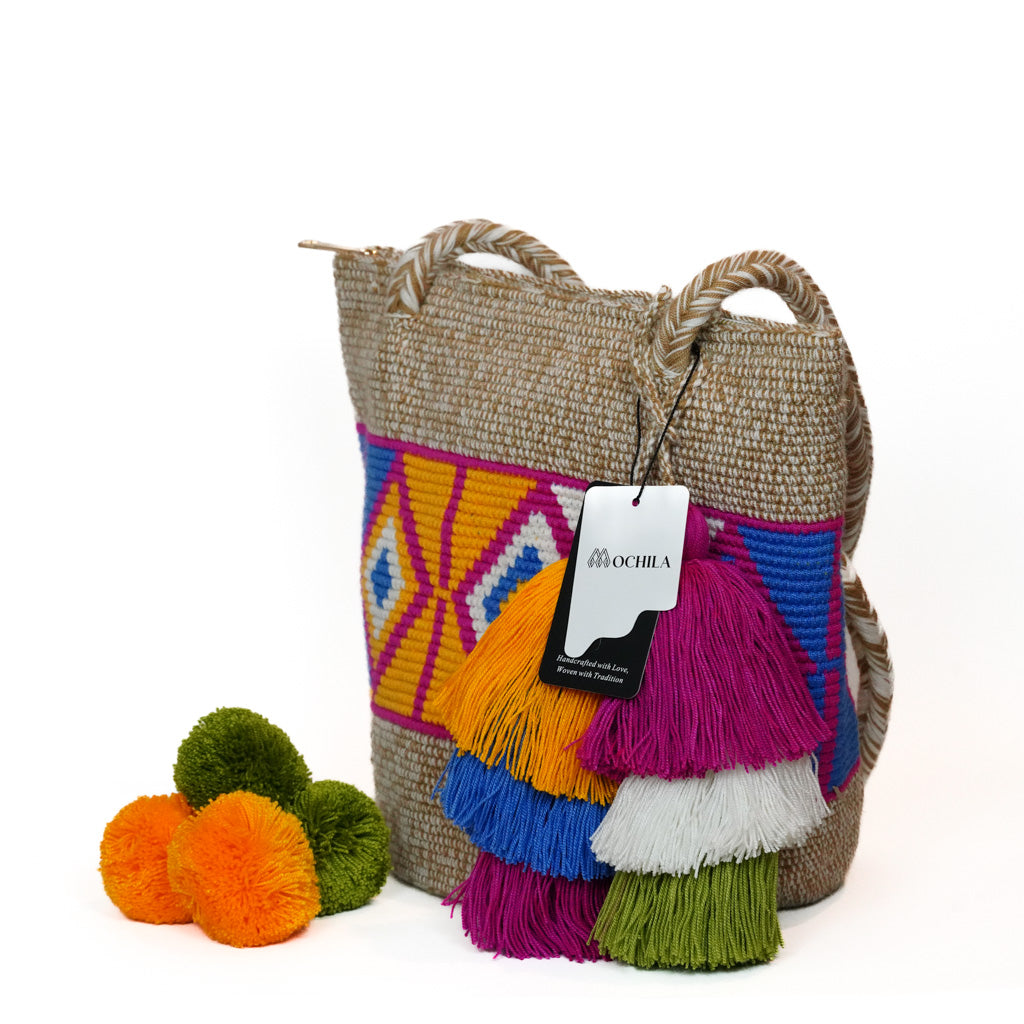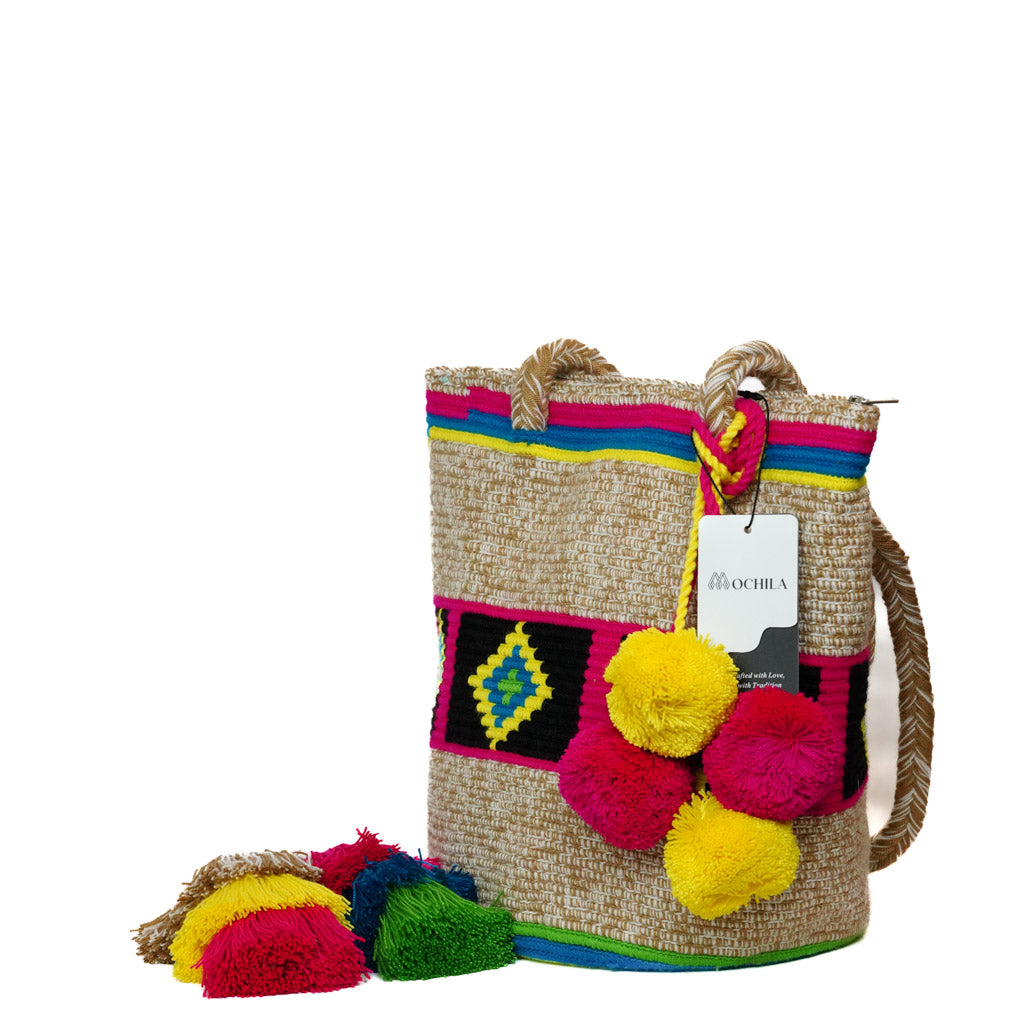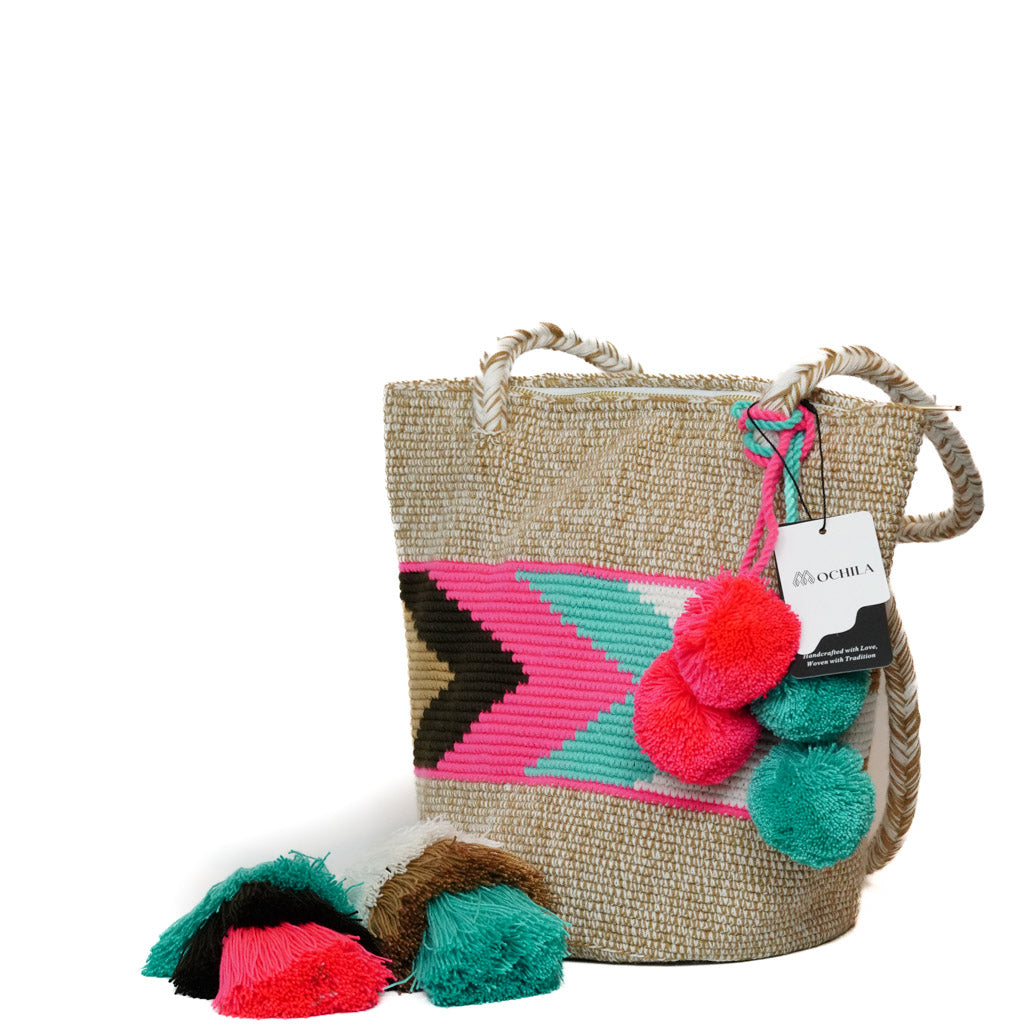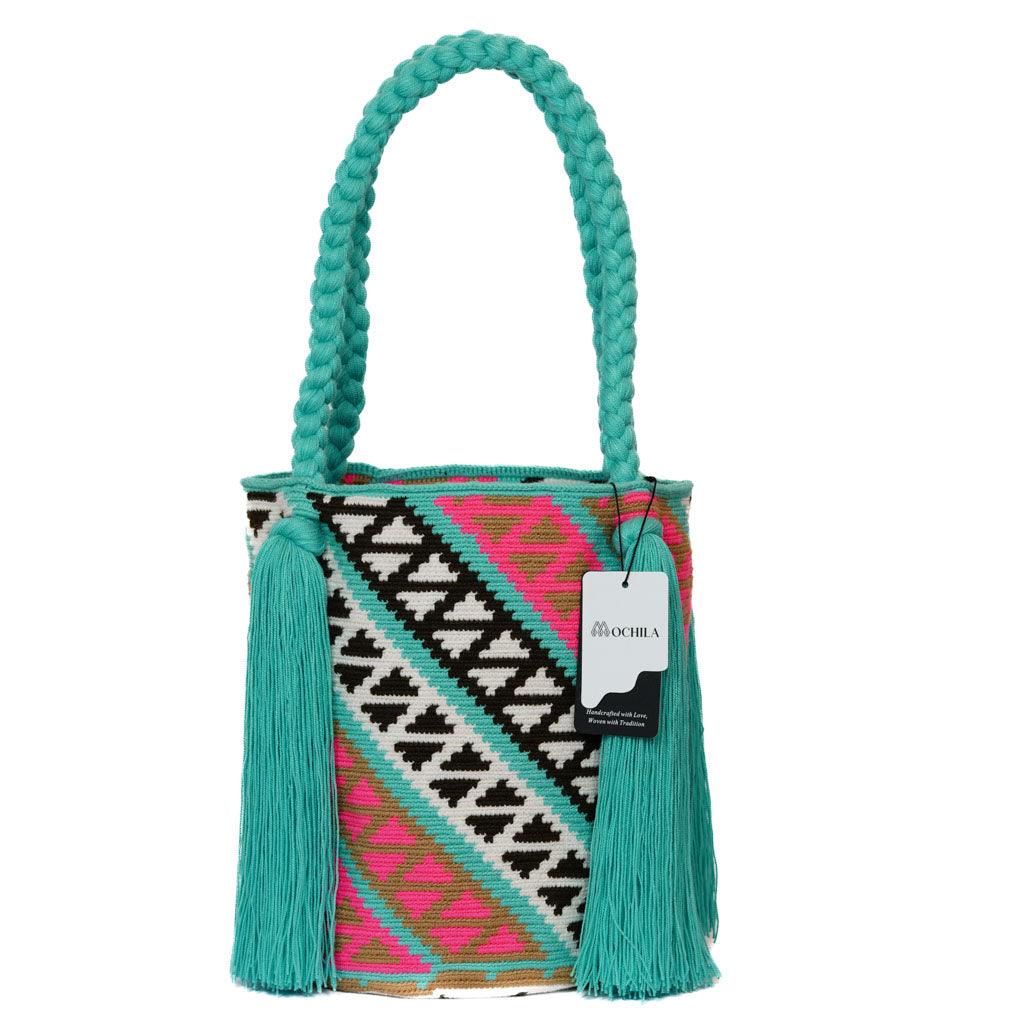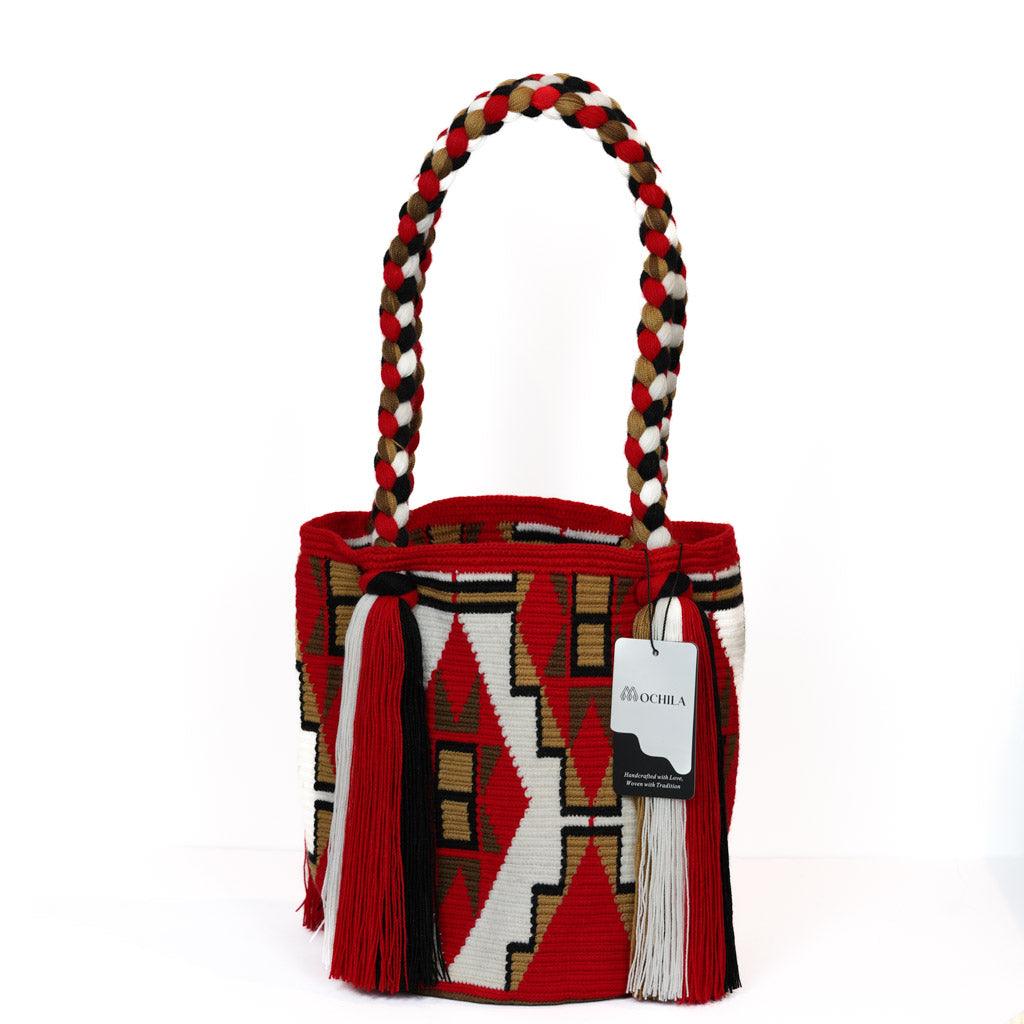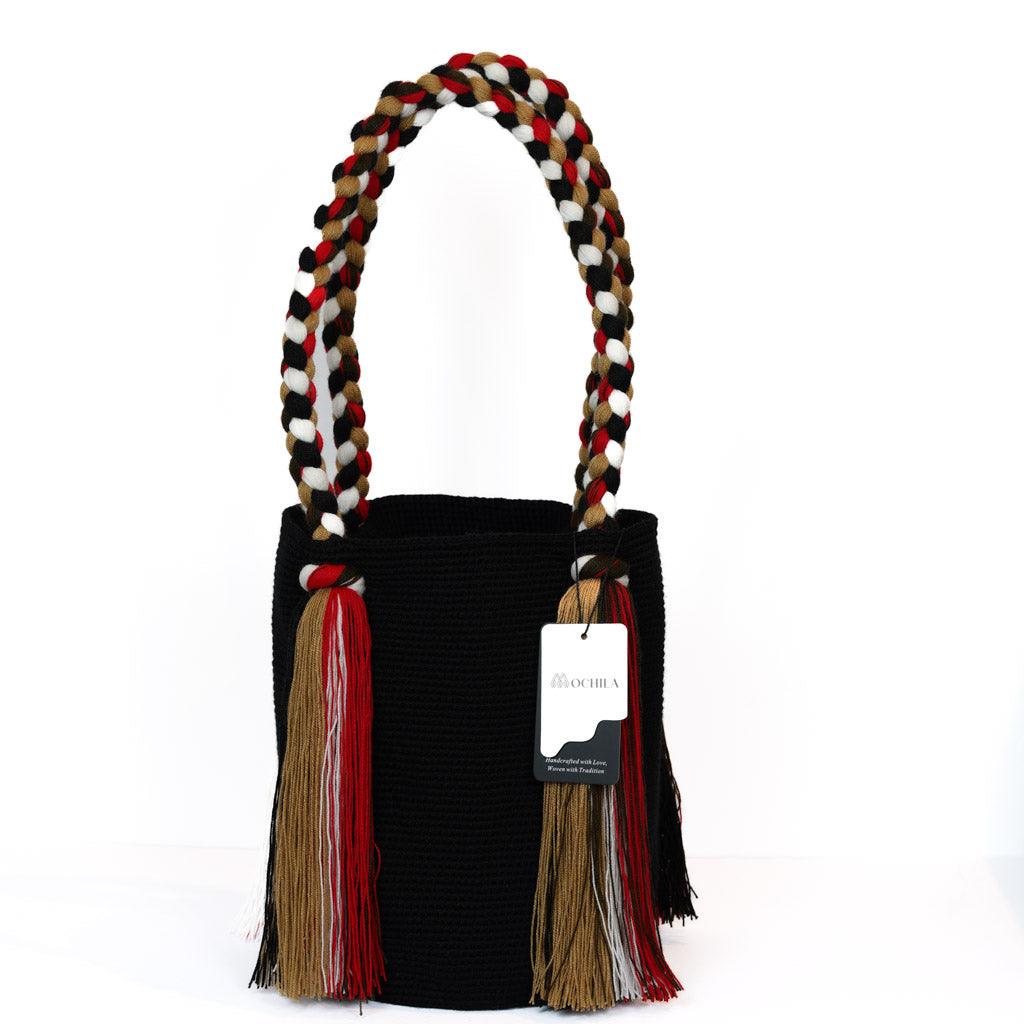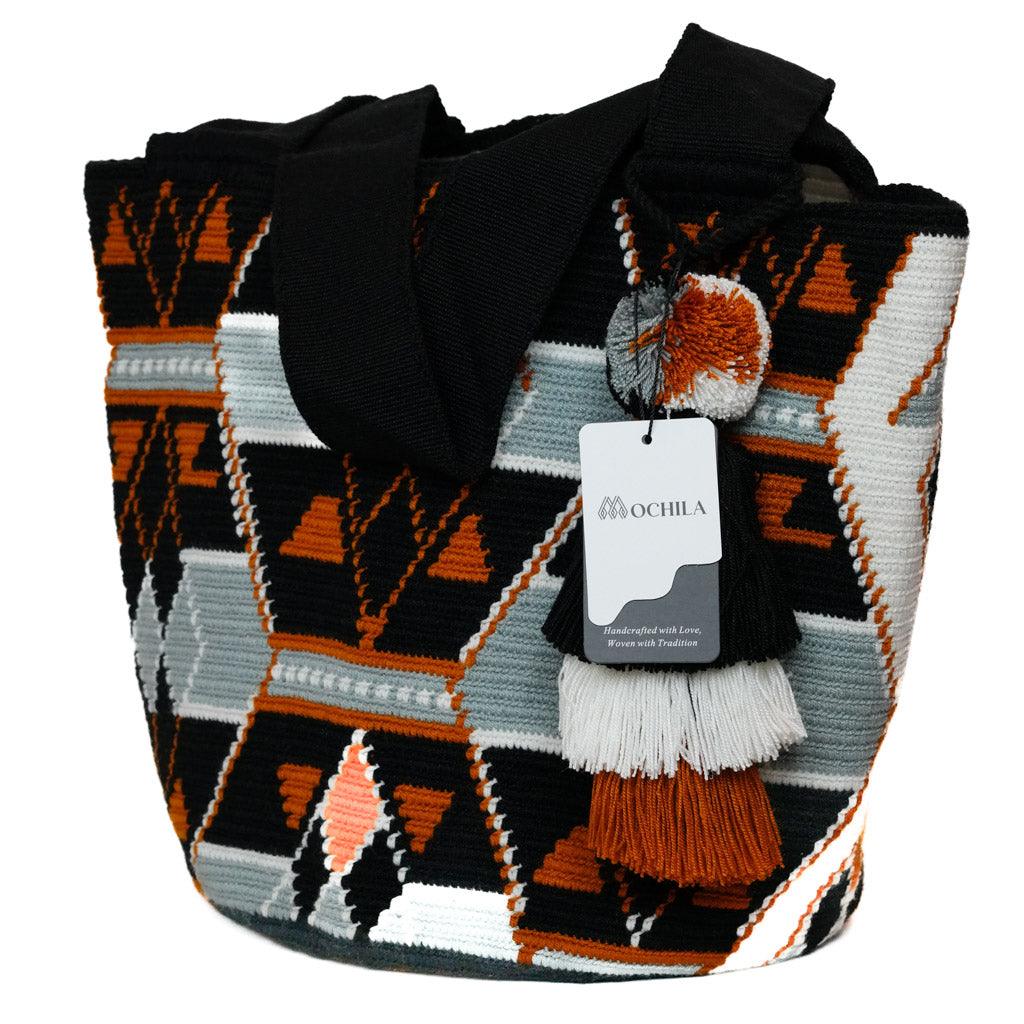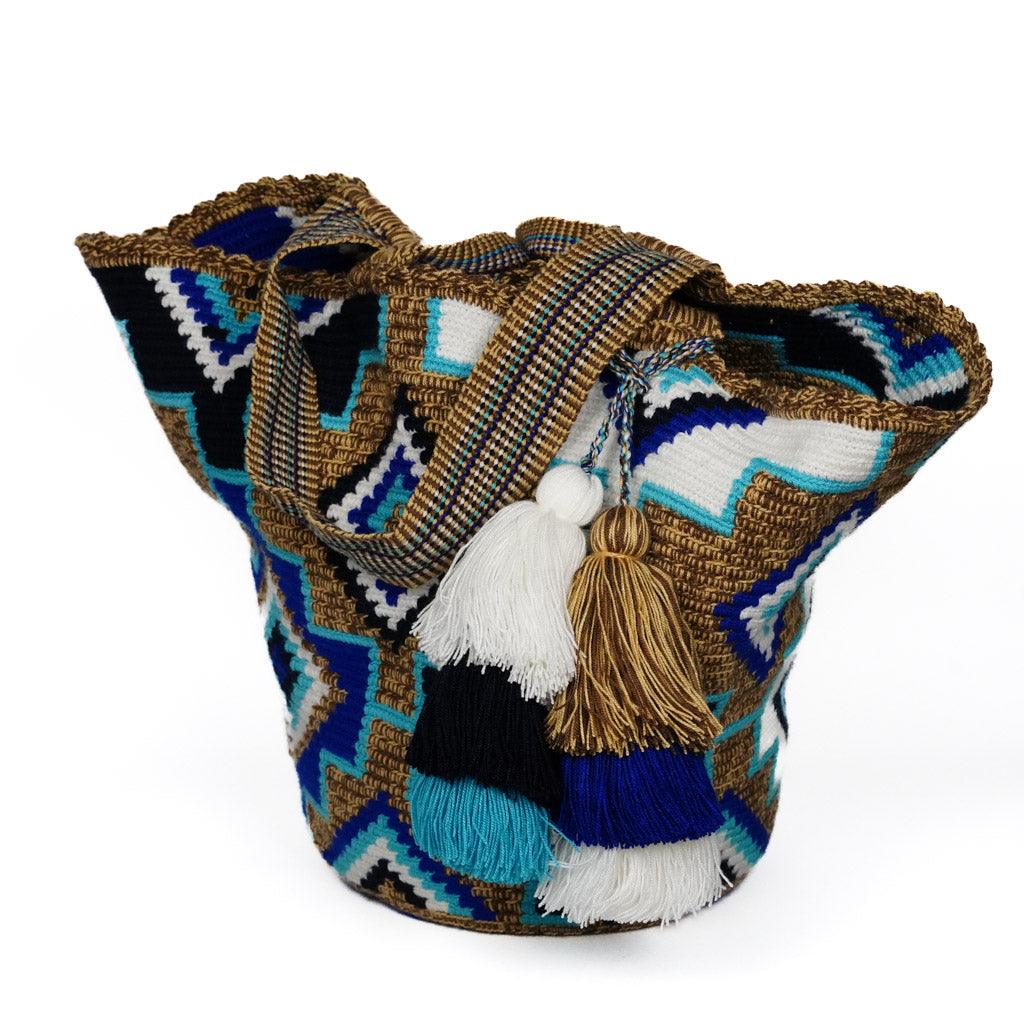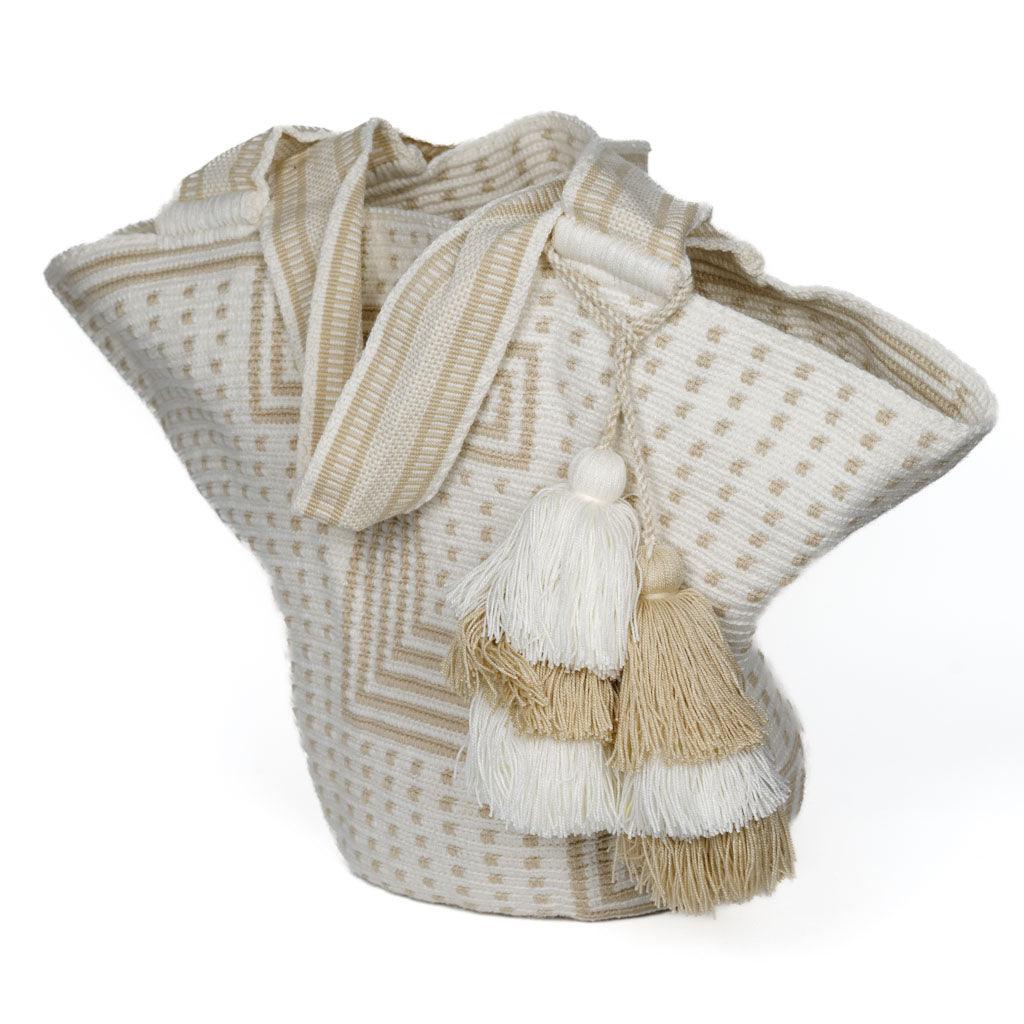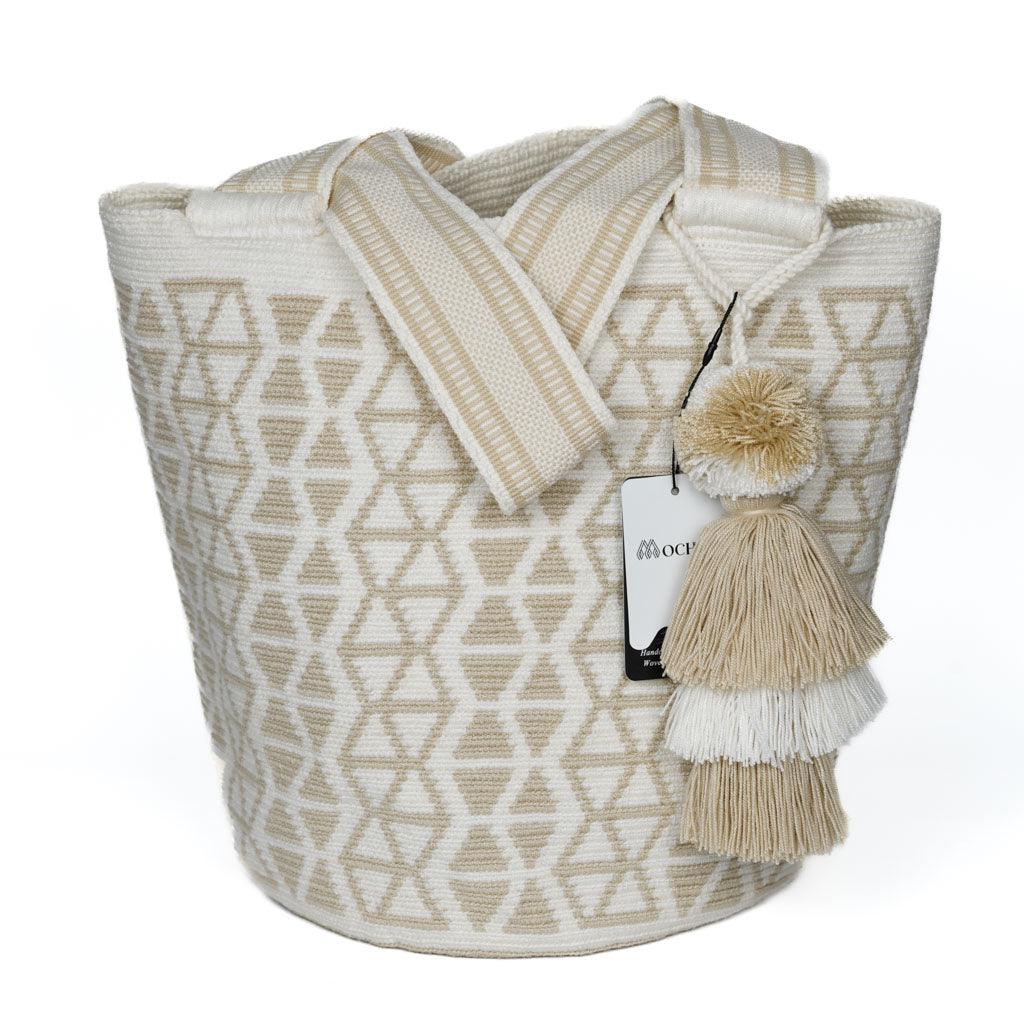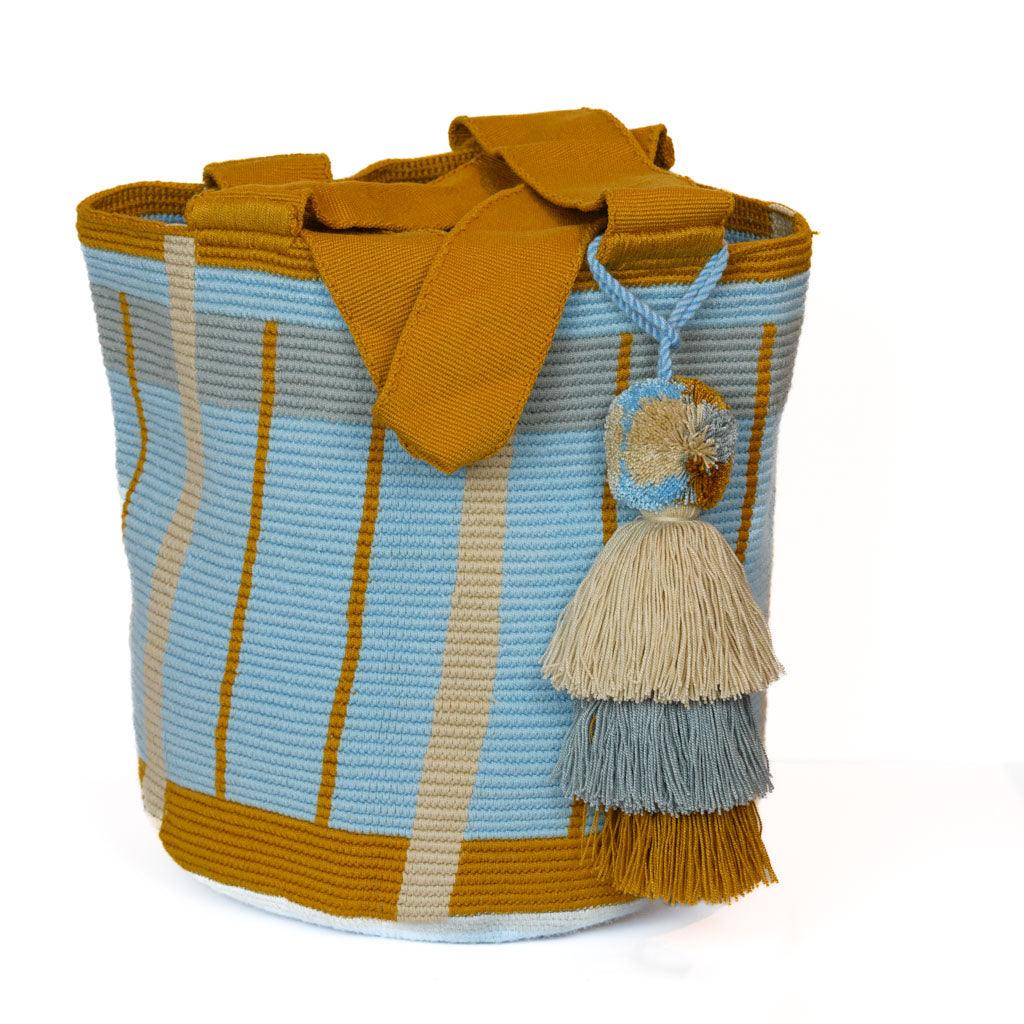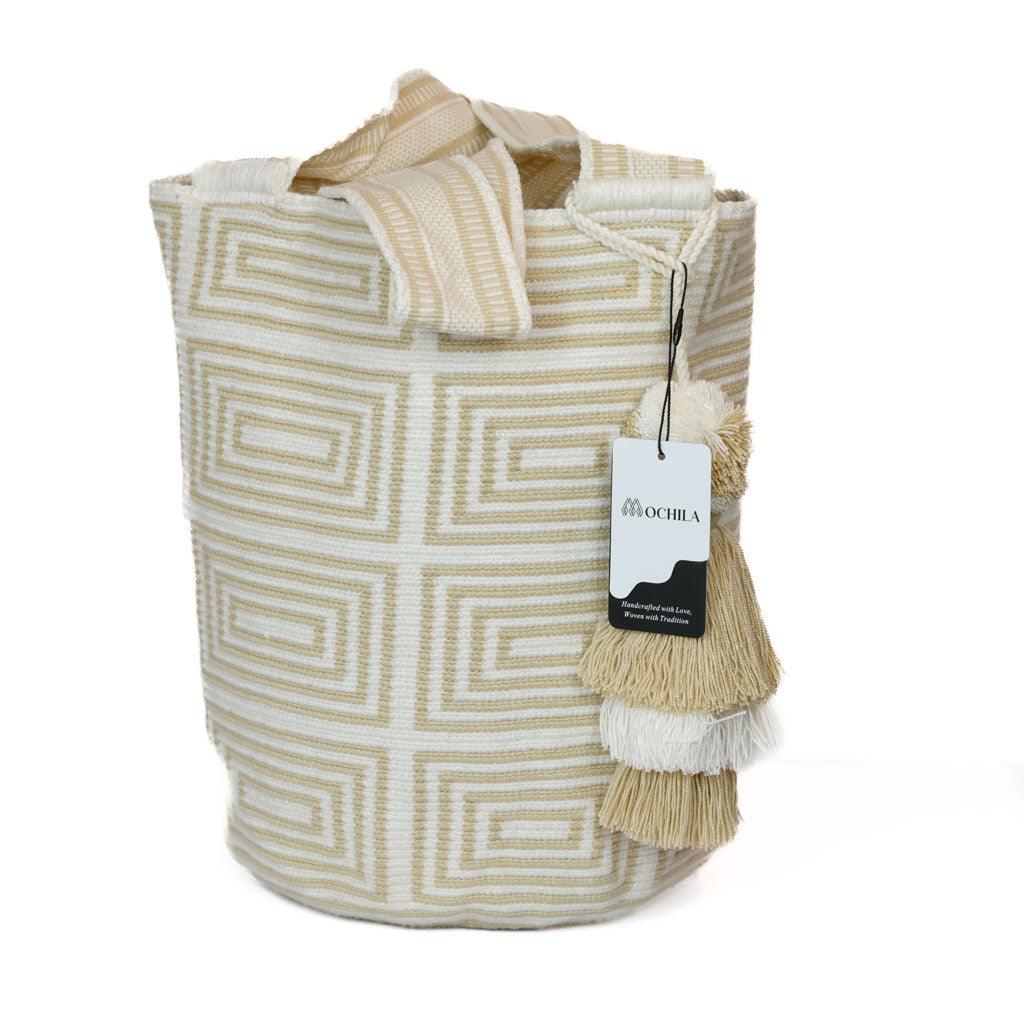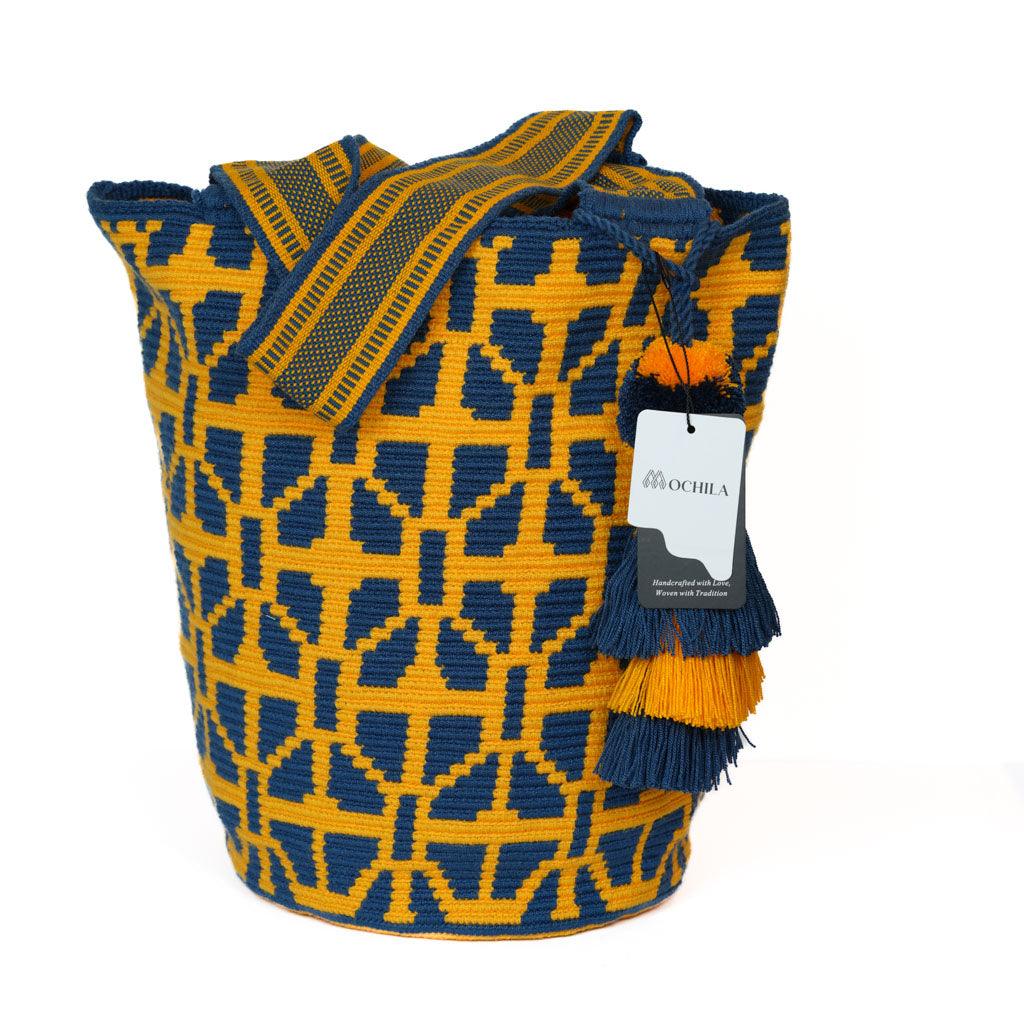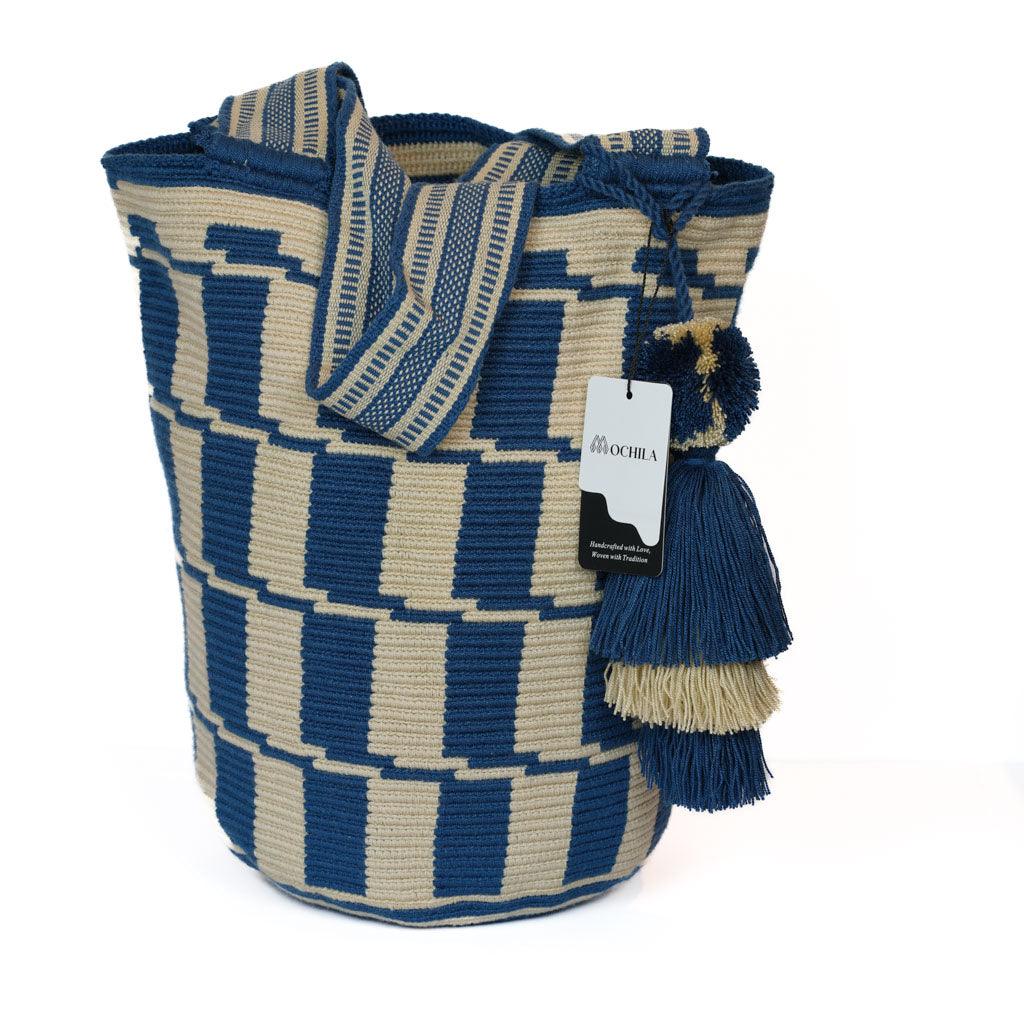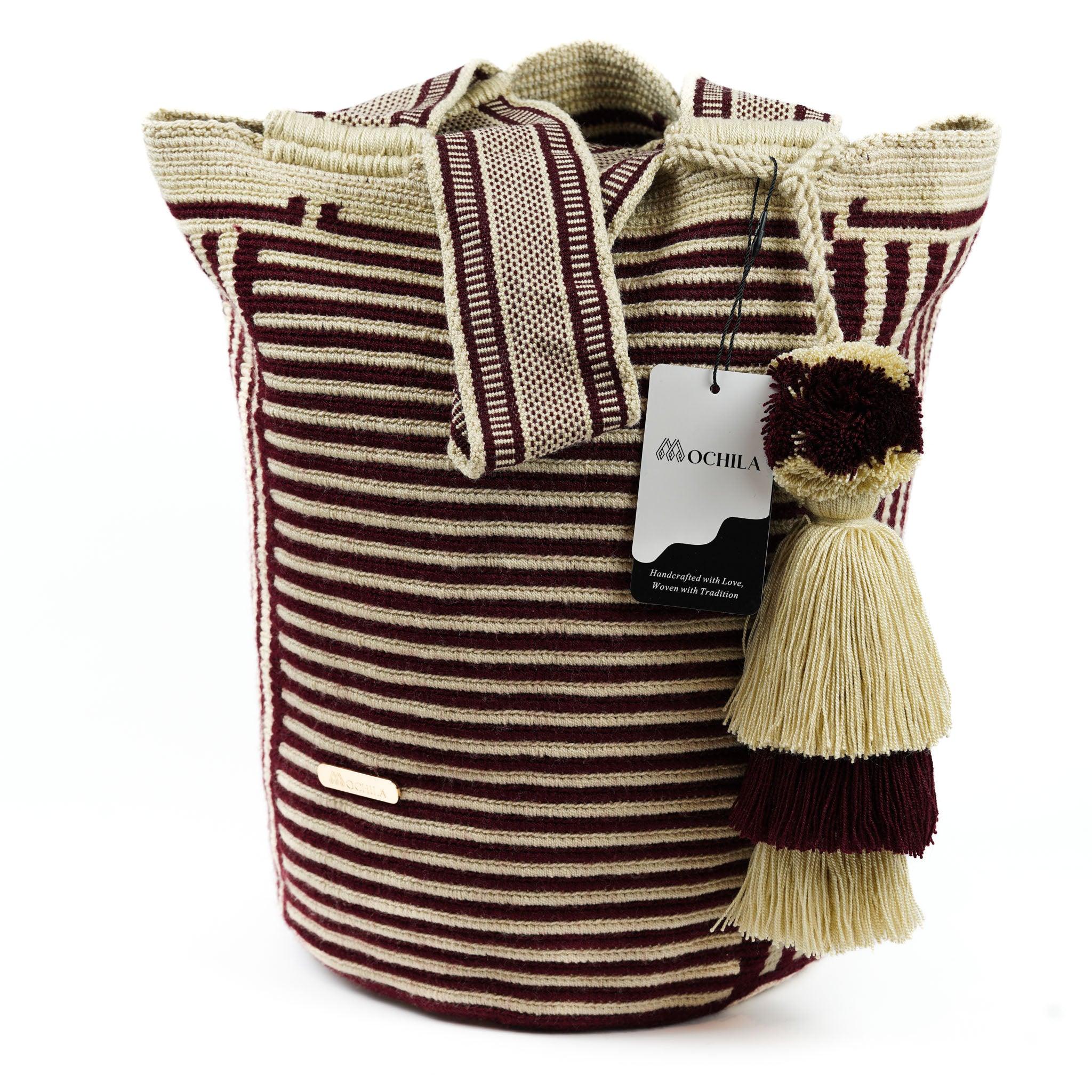
Ethical Fashion: The Rise of Conscious Consumerism
The fashion industry has long been scrutinized for its environmental impact and questionable labor practices. However, a new wave of conscious consumerism is sweeping the globe, putting ethical fashion at the forefront of the shopping experience. In this blog post, we'll explore the rise of ethical fashion and how it's shaping the way we think about our wardrobe choices.
What is Ethical Fashion?
Ethical fashion refers to the creation and promotion of clothing and accessories that prioritize social and environmental responsibility. This includes fair labor practices, sustainable materials, and ethical sourcing. The goal is to minimize the negative impact on both people and the planet while providing high-quality, stylish products.
The Shift Towards Conscious Consumerism
In recent years, there has been a significant shift towards conscious consumerism. Consumers are becoming increasingly aware of the impact of their purchasing decisions and are seeking out brands that align with their values. This has led to a surge in demand for ethically produced fashion items, from organic cotton t-shirts to handcrafted bags like Mochila Wayuu.
Why Ethical Fashion Matters
-
Environmental Impact: Traditional fashion production methods are resource-intensive and contribute to pollution. Ethical fashion aims to reduce this impact through sustainable practices.
-
Social Responsibility: Ethical fashion ensures fair wages and safe working conditions for artisans and factory workers, promoting social equity.
-
Quality Over Quantity: Ethical fashion often focuses on creating durable, high-quality items that stand the test of time, reducing the need for fast fashion.
The Role of Brands and Consumers
Brands are recognizing the growing demand for ethical fashion and are taking steps to become more sustainable and transparent. Certifications like Fair Trade and GOTS (Global Organic Textile Standard) are becoming more common, providing consumers with verified information about the products they buy.
Consumers, in turn, are willing to invest in ethical fashion, understanding that the higher price point often reflects the true cost of making a product responsibly.
How to Be a Conscious Consumer
-
Research: Before making a purchase, research the brand's ethical practices and sustainability efforts.
-
Quality Over Quantity: Invest in high-quality items that will last longer, reducing the need for frequent replacements.
-
Support Ethical Brands: Choose to spend your money on brands that are committed to ethical practices.
-
Spread the Word: Share your knowledge and choices with others to help grow the movement.
Conclusion
Ethical fashion is more than just a trend; it's a movement towards a more sustainable and equitable world. The rise of conscious consumerism shows that people are ready to make meaningful choices that align with their values. By choosing ethical fashion, you're not just making a statement; you're making a difference.
Shop Our Collections
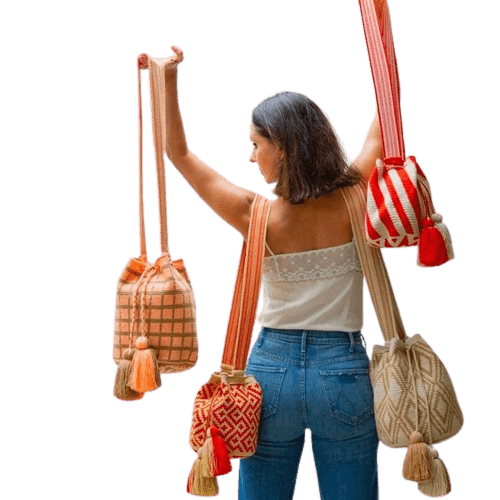
Crossbody Bag Mochilas
Discover the enchanting array of Crossbody bag Mochilas in our collection, each meticulously handwoven by skilled Colombian artisans. ... These large, spacious bags seamlessly combine timeless traditional crafting techniques with contemporary design aesthetics, presenting a stylish statement piece imbued with rich history and flair. Every Crossbody bag Mochila in our collection is a testament to vibrant colors and expressive cultural narratives, each meticulously interwoven into the fabric of the bag, bringing life and style to your wardrobe. Dive into the diverse and colorful world of our Crossbody bag Mochila, where each piece tells a unique story of Colombian heritage and craftsmanship. Whether you're looking for a practical companion for your everyday adventures or a standout accessory to elevate your style, our Crossbody bag Mochila collection offers a wide range of options to suit your individual needs and tastes. Browse through our selection and find the perfect Crossbody bag Mochila that resonates with your sense of style and adds a touch of Colombian spirit to your ensemble.
Featured collection
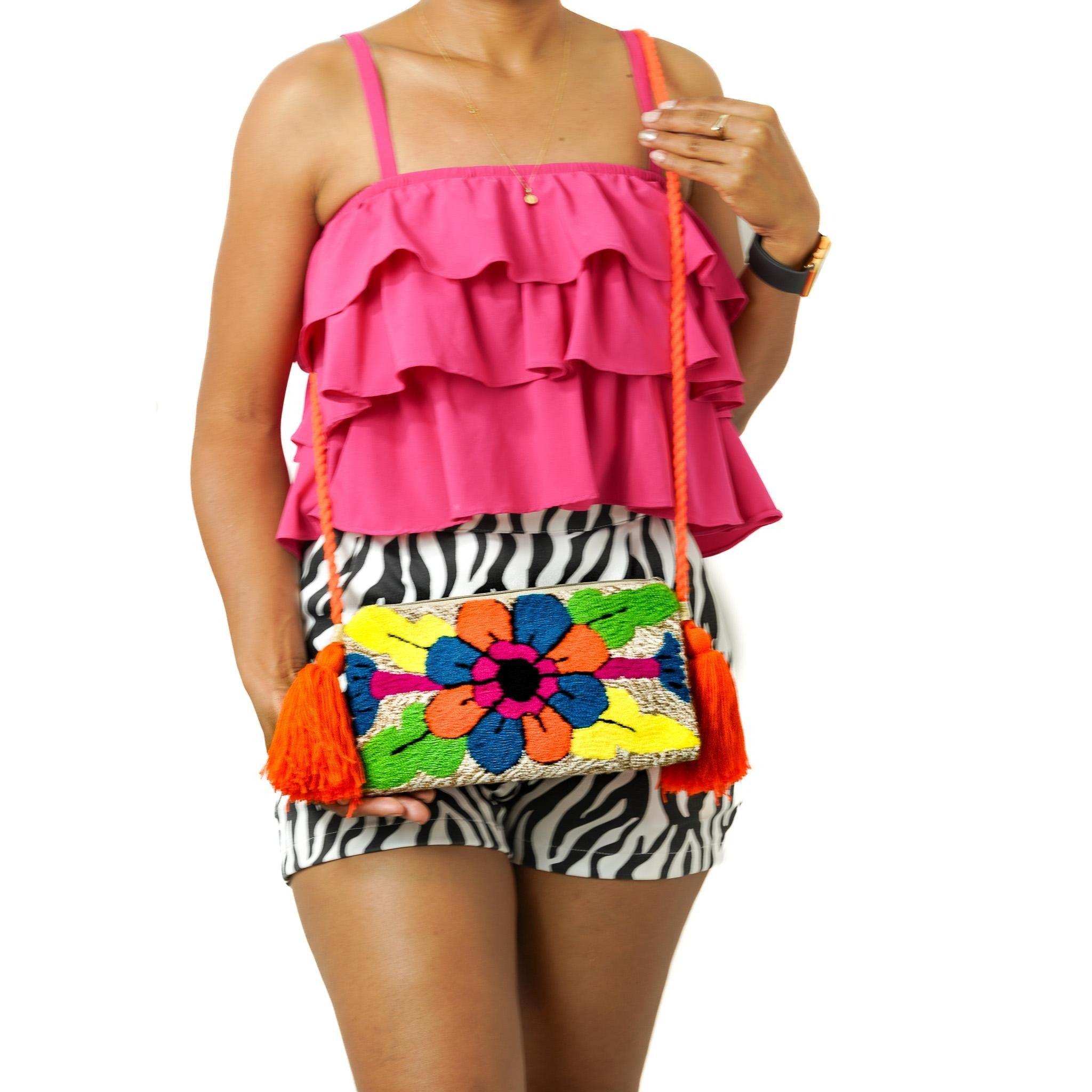
Womens Handbags & Clutches
Discover Mochila's curated collection of Womens Handbags & Clutches, where sophistication meets functionality. ... Each piece in this collection is thoughtfully designed for the modern woman, blending timeless elegance with practical utility. From versatile Crossbody Handbags that transition seamlessly from day to night, to the chic statement Designer Clutches perfect for special occasions, Mochila ensures every woman finds her perfect match. Crafted with the finest materials and impeccable attention to detail, our handbags stand out not just for their beauty, but also their durability. Dive into a world where fashion meets function, and elevate your everyday style with Mochila's exquisite range of Womens Handbags & Clutches.
Featured collection
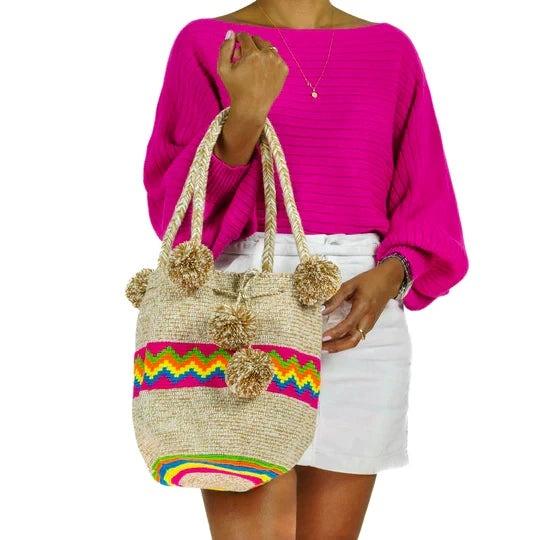
Tote Bag Mochilas
Welcome to our splendid assortment of Tote Bag Mochilas, a harmonious blend of elegance and tradition. ... Each handwoven treasure is crafted meticulously by proficient Wayuu artisans, reflecting the epitome of craftsmanship and the rich cultural heritage of Colombia. Elevate your fashion ensemble with a touch of Colombian artistry encapsulated in our Tote Bag Mochilas, and craft your distinctive style statement. Every Tote Bag Mochila in our collection is a petite marvel, symbolizing the intricate artistry and vibrant traditions of the Wayuu people. Immerse yourself in the exquisite details and bold colors that distinguish our Tote Bag Mochilas, and select the piece that resonates with your personal aesthetic, allowing you to express your unique fashion sense on every occasion.
Featured collection
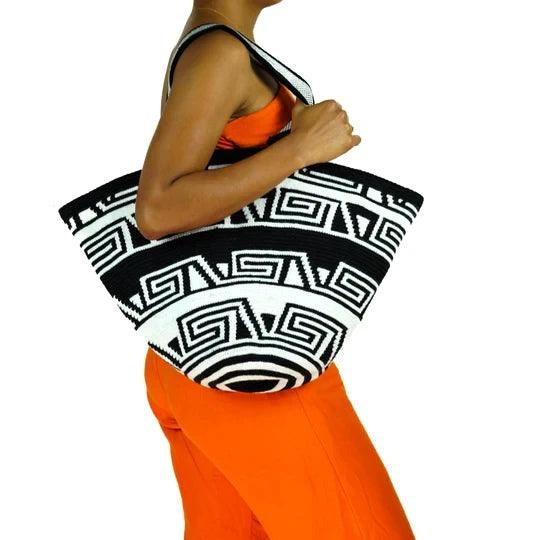
Shoulder Beach Bags
Dive into Mochila's latest collection of Handwoven Beach Bags: the Shoulder Beach Bags. Crafted with sun-soaked outings and coastal adventures in mind ... these Stylish Shoulder Bags for the Beach encapsulate the perfect balance of breezy, vibrant, and effortlessly chic. Meticulously woven with traditional craftsmanship and modern aesthetics, each bag is a testament to Mochila's dedication to quality and style. Not only are they a feast for the eyes, but their ample space ensures you have room for all your beach essentials. Designed for durability, they're the Durable Beach Totes you've been searching for. Perfect for sun, sea, and everything in between. Browse our range now and let your beach escapades be elevated with Mochila's signature touch.

